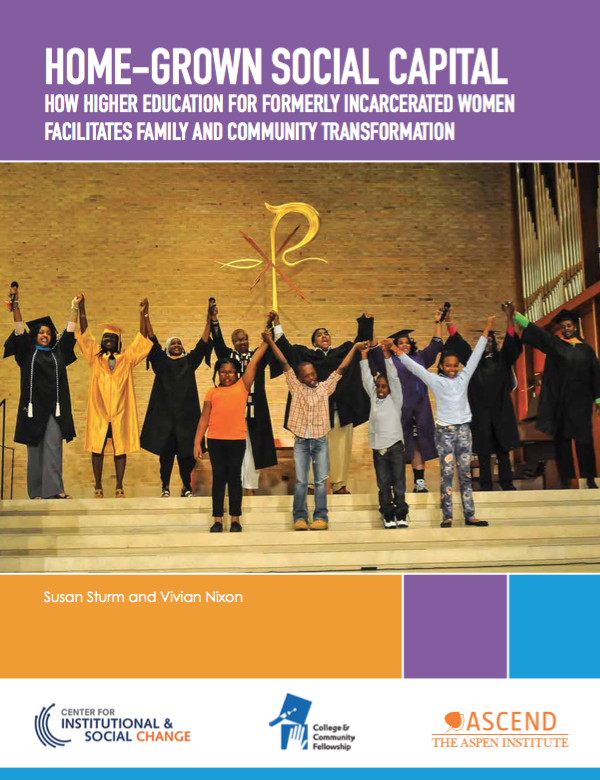
Home-Grown Social Capital: How Higher Education for Formerly Incarcerated Women Facilitates Family and Community Transformation
This study focuses on building educational opportunities and family relationships for women affected by incarceration. Many of these families live in communities that have experienced decades of educational disinvestment, and they must navigate systems and policies that discourage them from pursuing education. Learn about six policy and program recommendations pertaining to formerly incarcerated women’s experiences of family, the mutual needs and barriers that they and their family members share, and where and how they get support as they pursue their education.
Related Resources

Harnessing Executive Skills for Goal Achievement: Bright Path Workshop
Read More
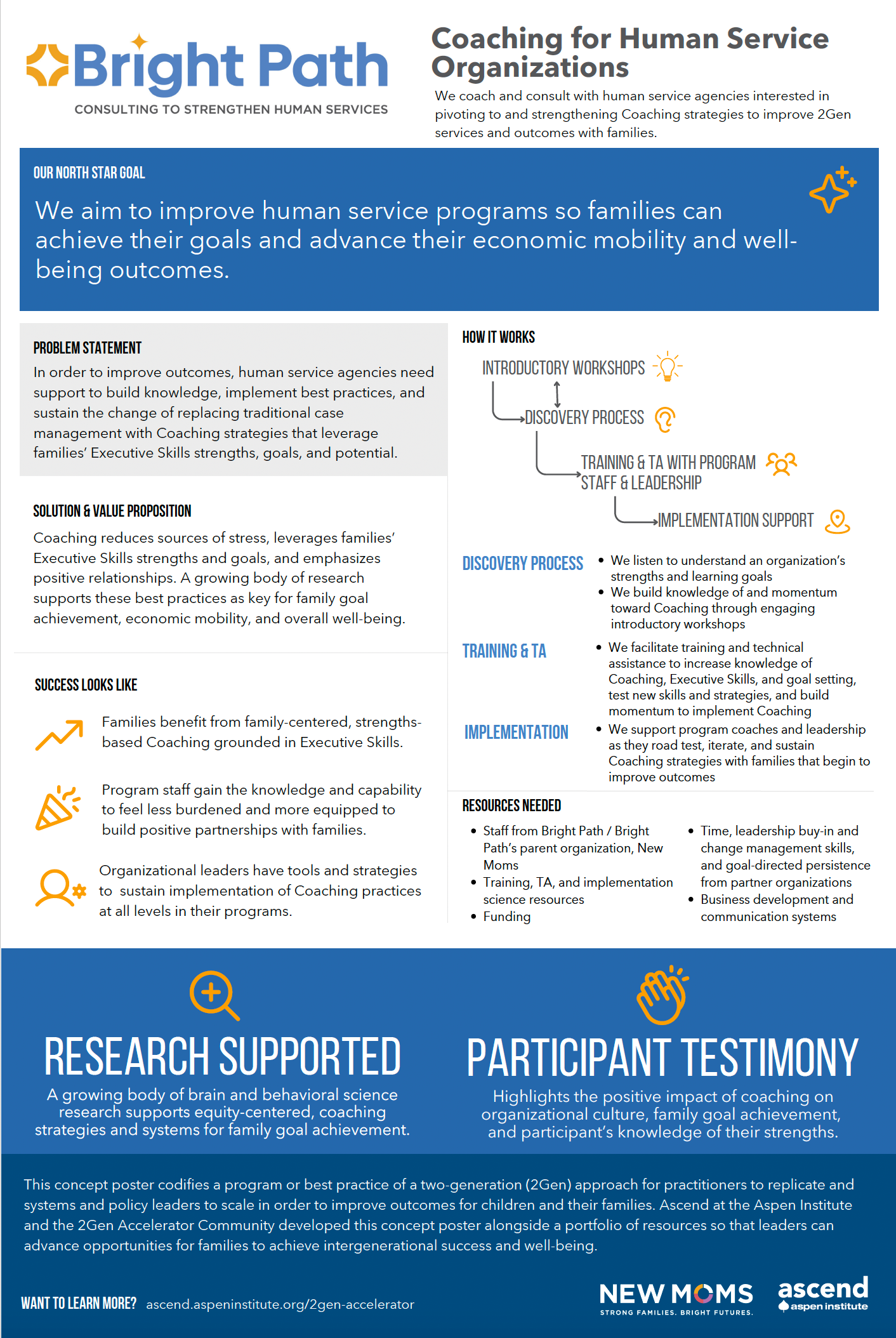
Bright Path: Coaching for Human Service Organizations (2Gen Concept Poster)
Read More
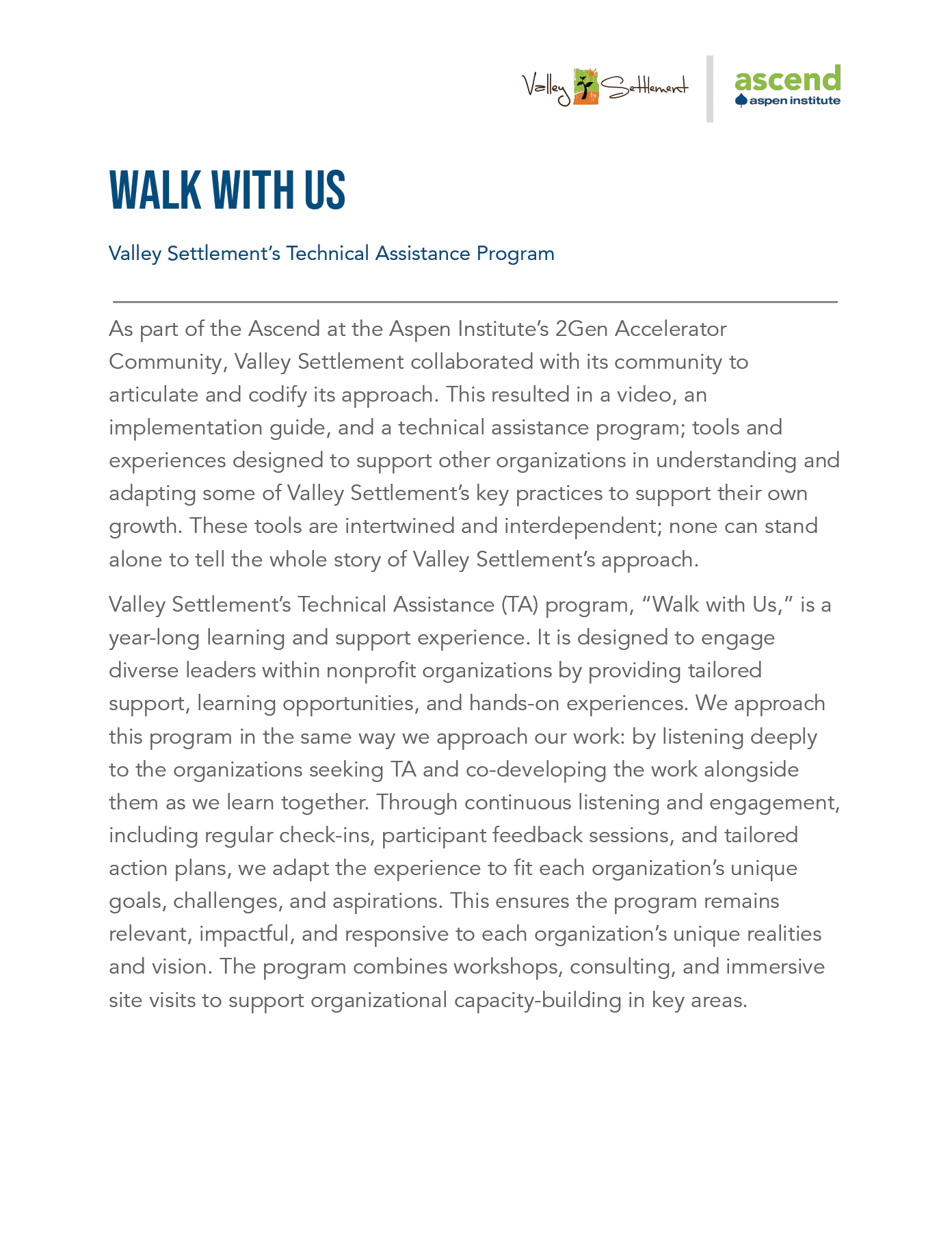
Walk With Us: Valley Settlement’s Technical Assistance Program
Read More
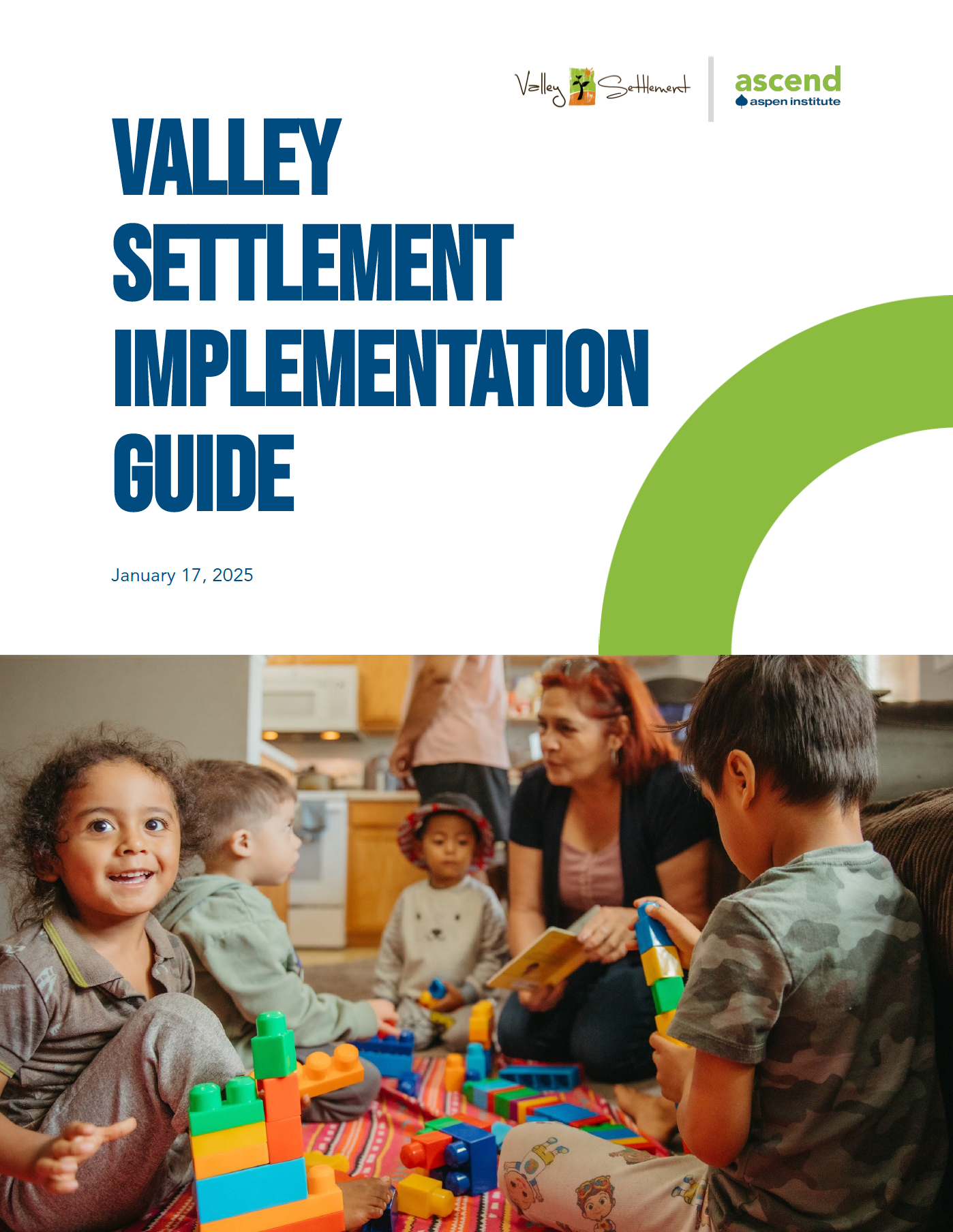
Valley Settlement Implementation Guide
Read More
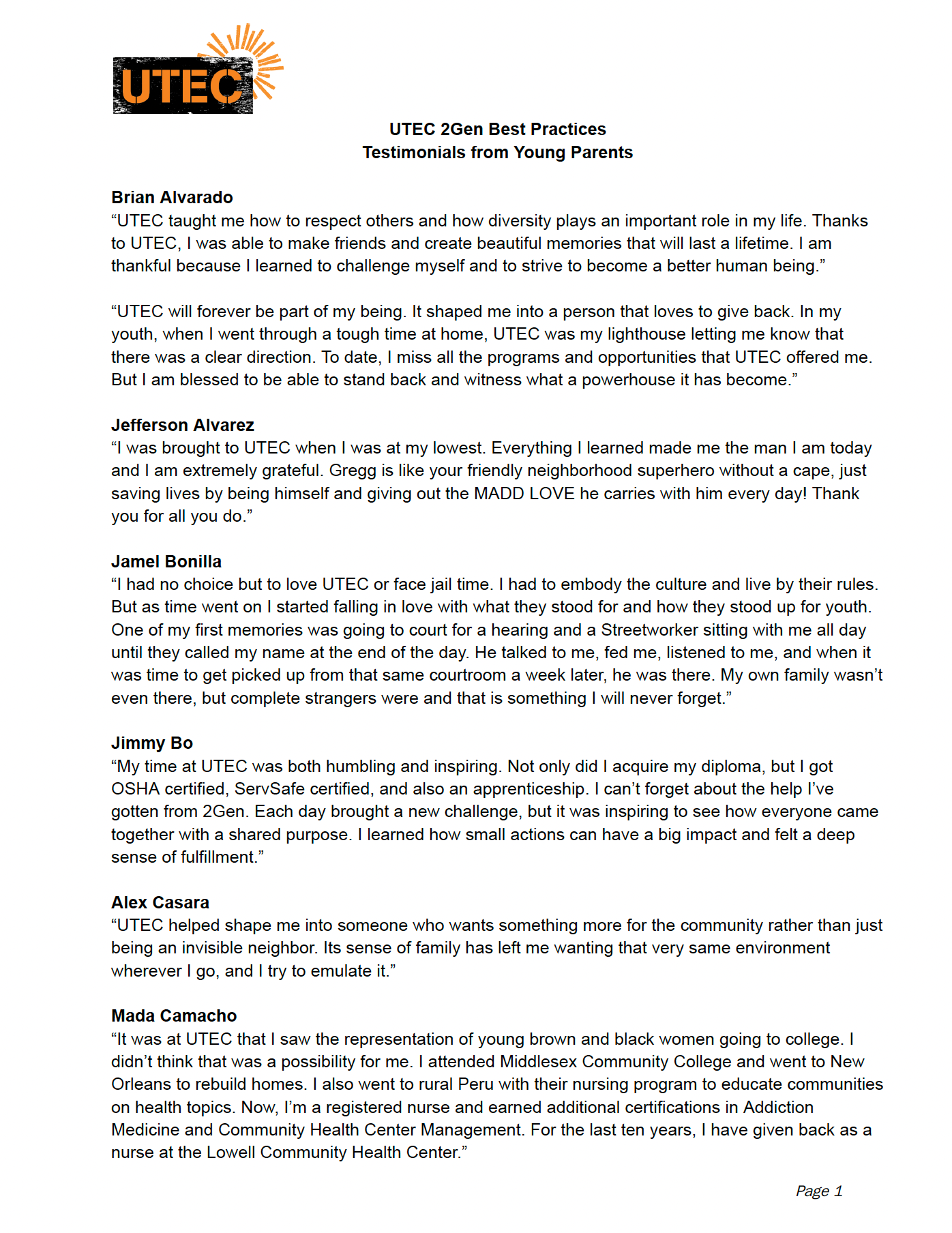
UTEC 2Gen Best Practices: Testimonials from Young Parents
Read More
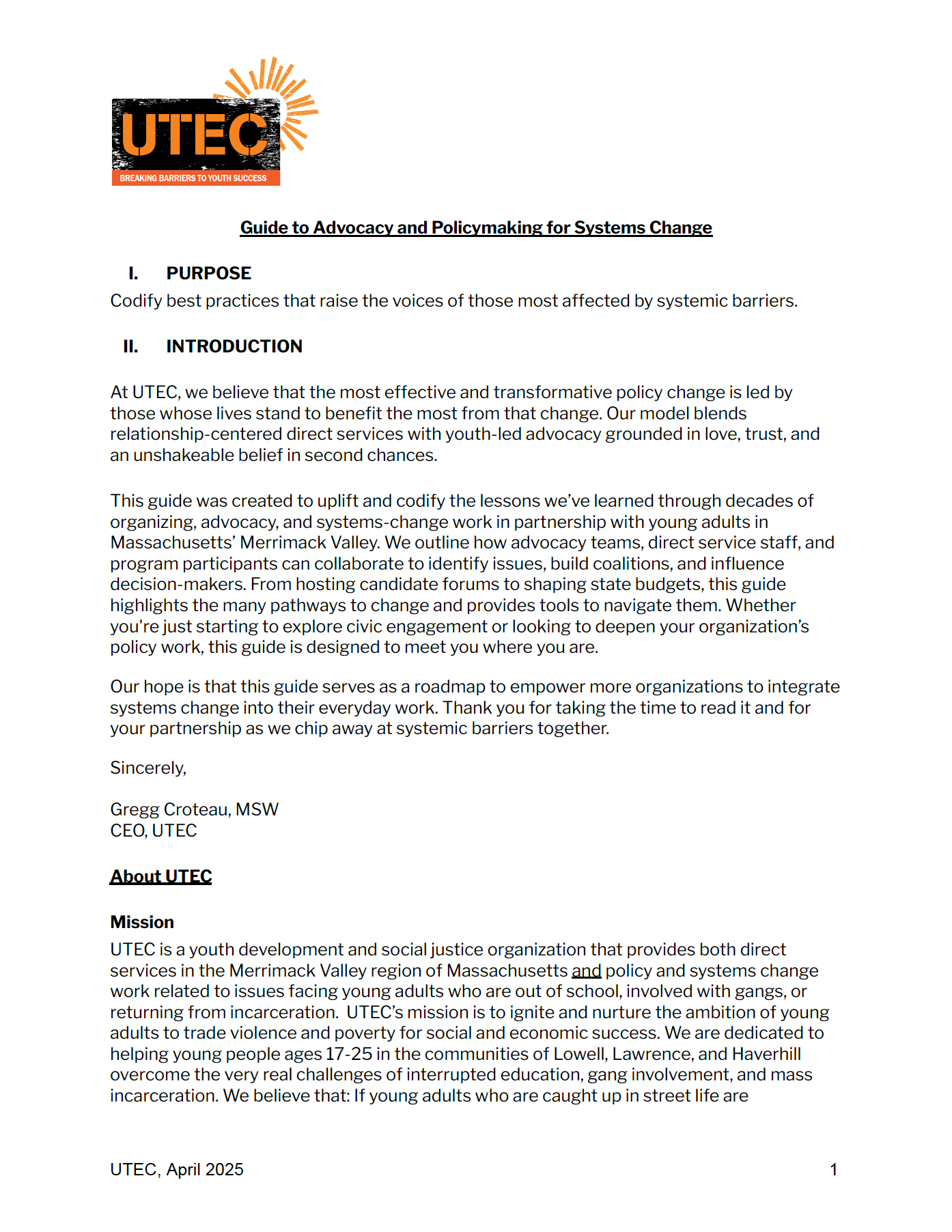
Guide to Advocacy and Policymaking for Systems Change
Read More
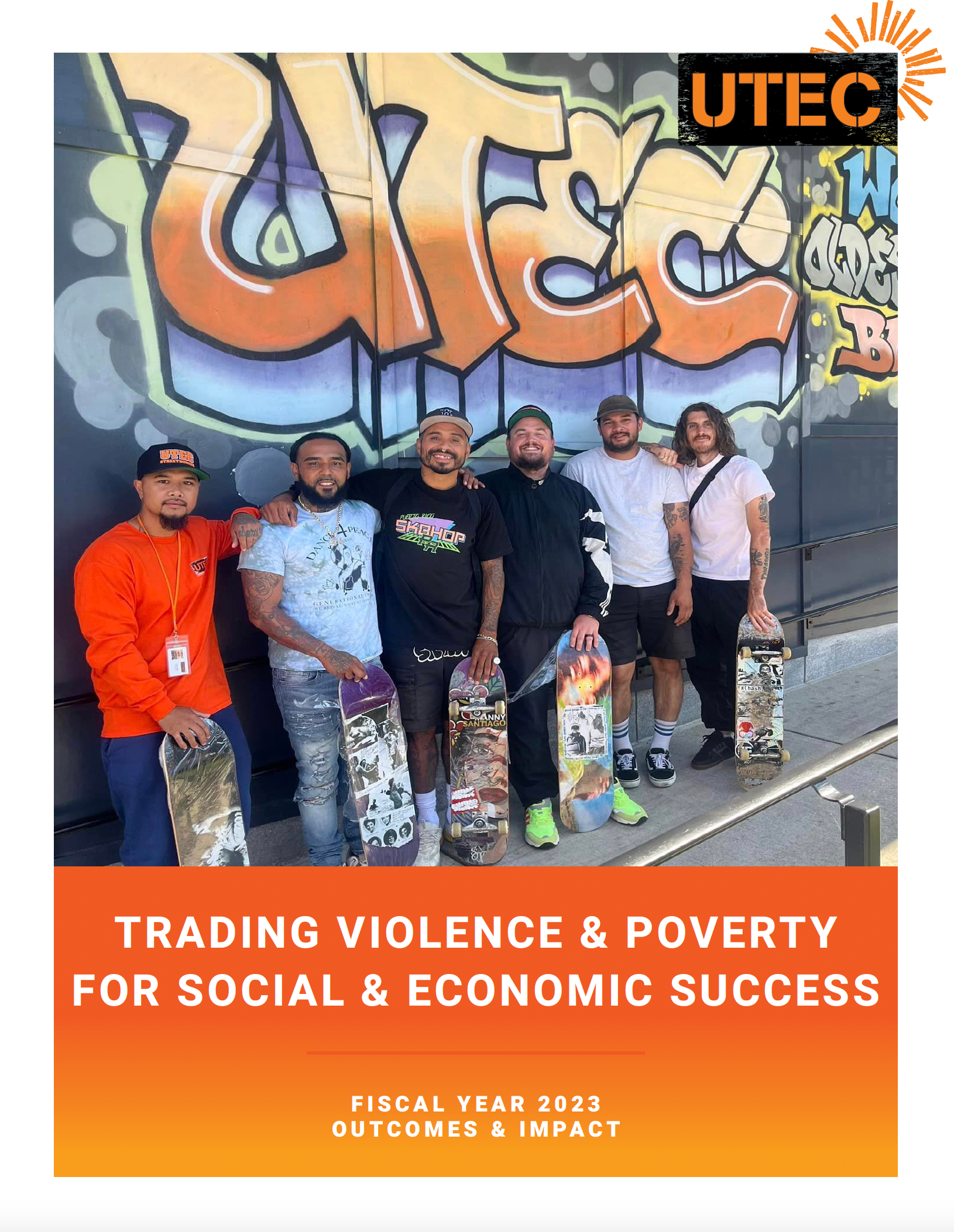
UTEC Fiscal Year 2023 Annual Report: Outcomes & Impact
Read More
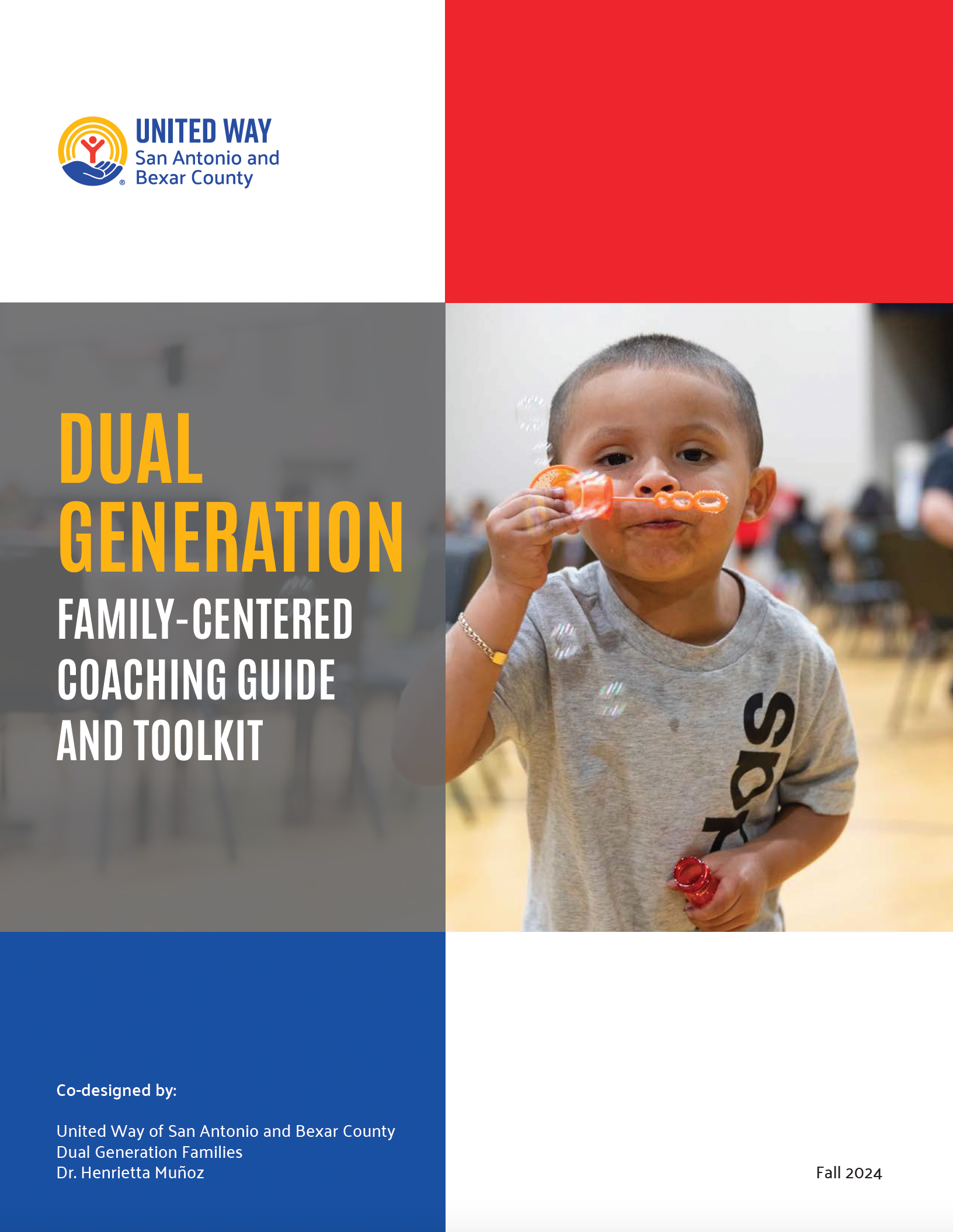
Dual Generation Family-Centered Coaching Guide and Toolkit
Read More
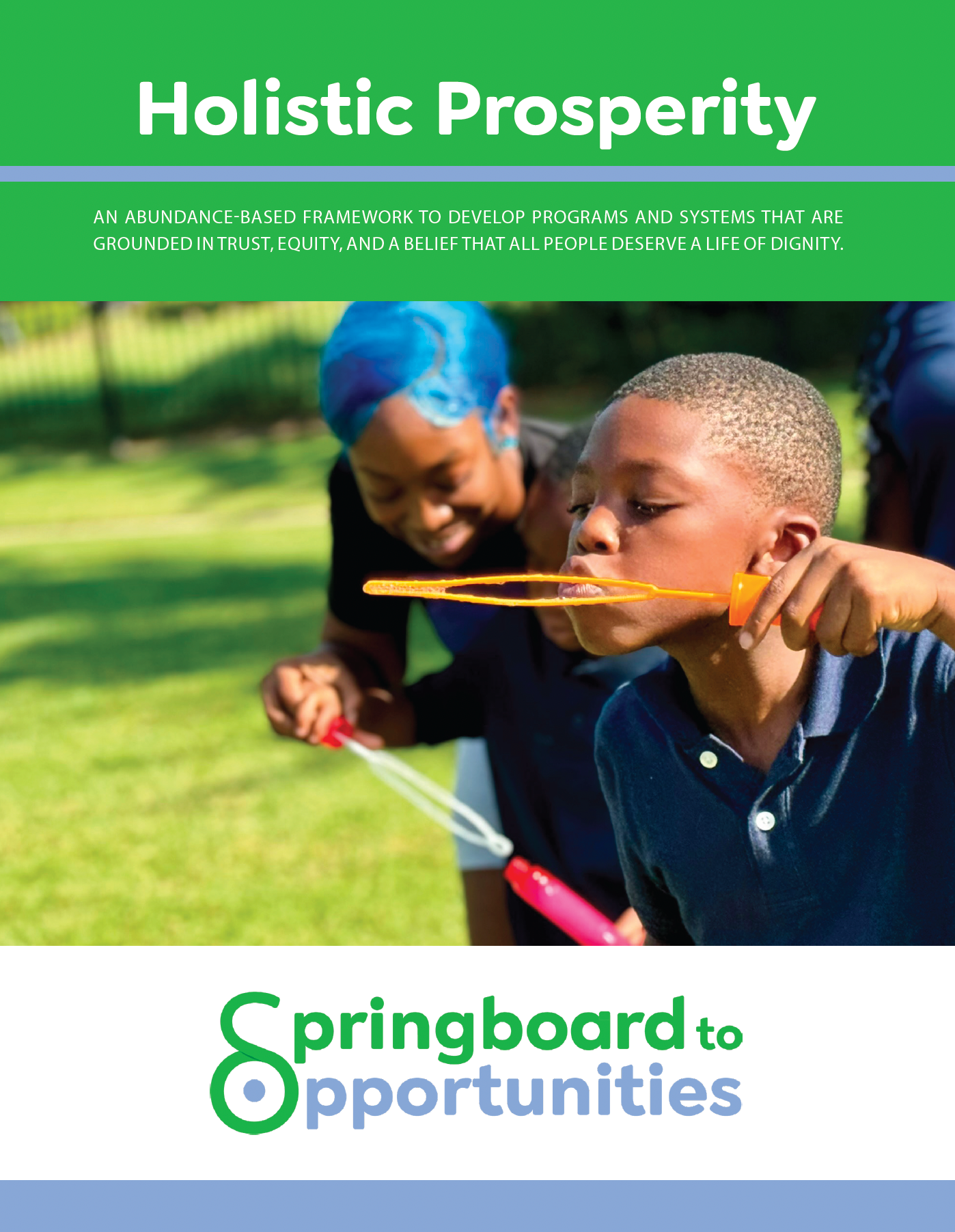
Holistic Prosperity: An Abundance-Based Framework
Read More
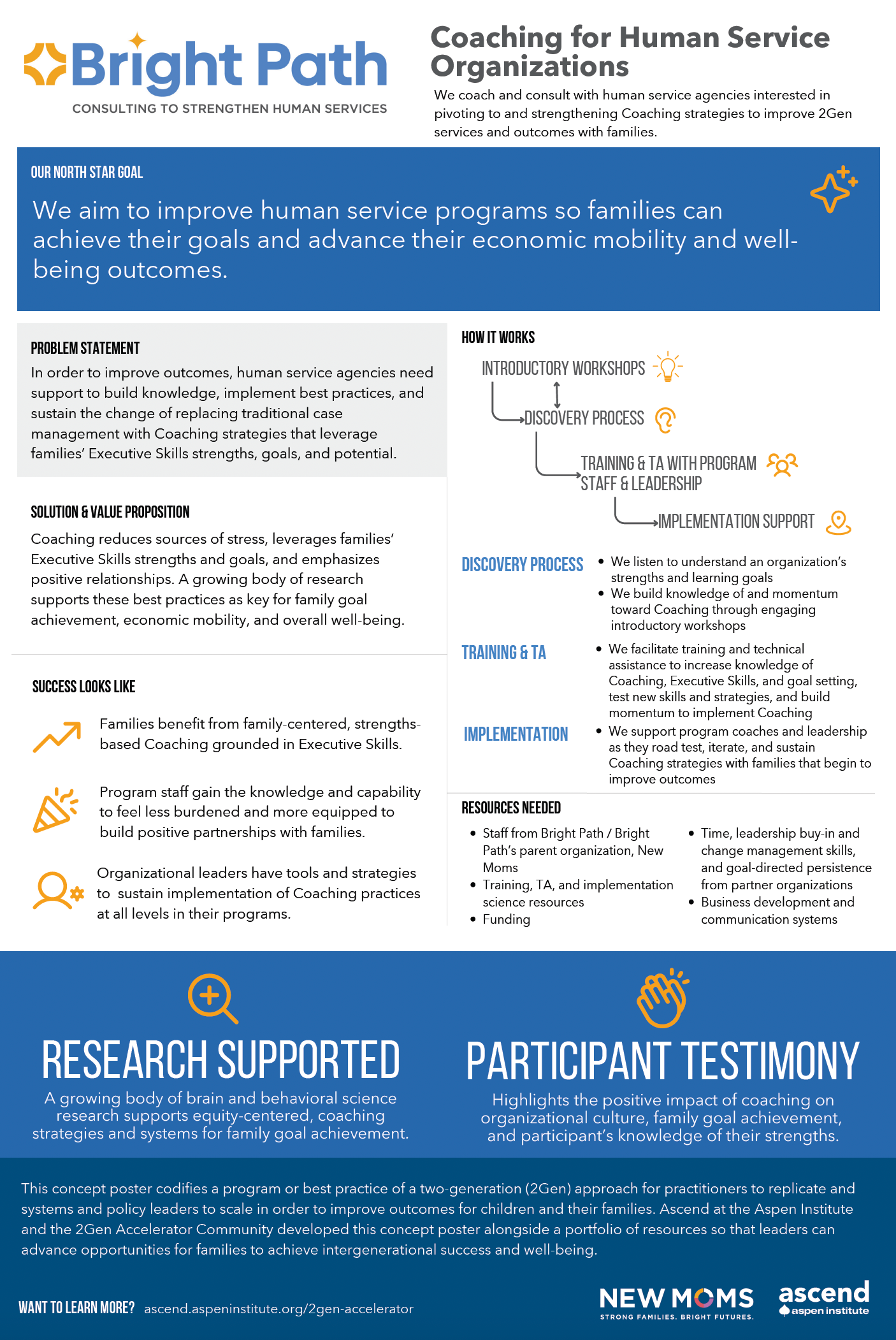
Bright Path: Coaching for Human Services Organizations
Read More
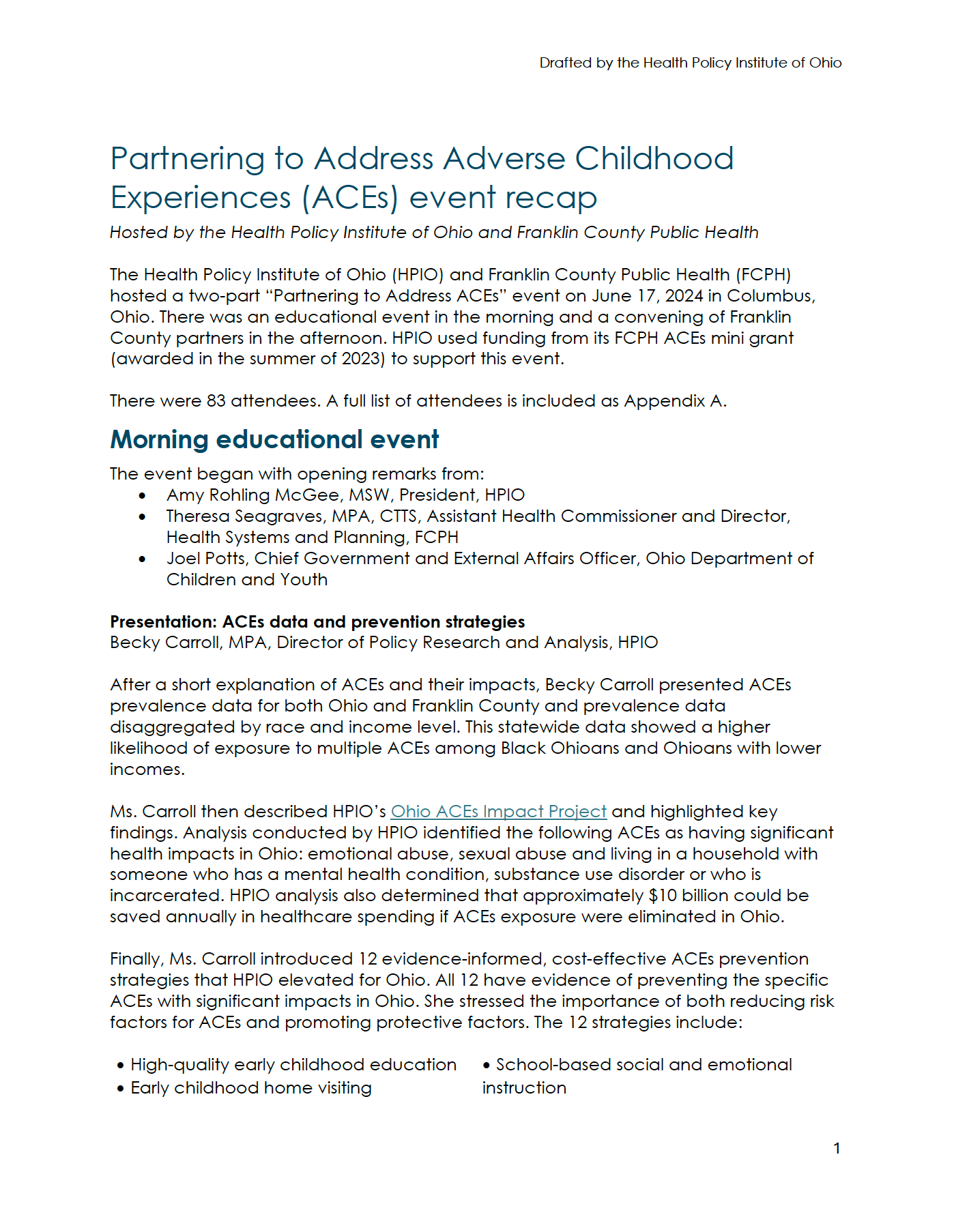
Partnering to Address Adverse Childhood Experiences (ACEs): Event Report
Read More
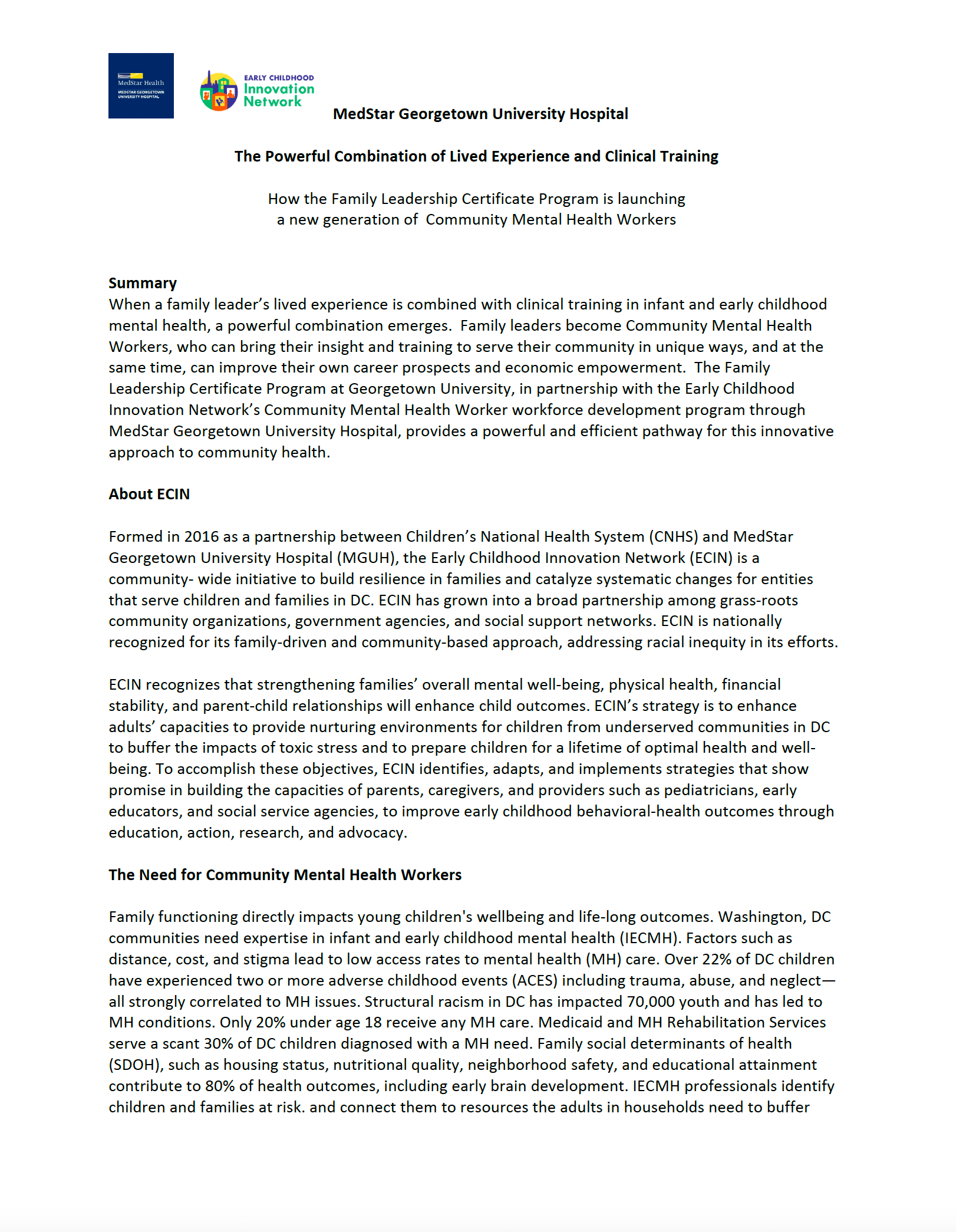
Family Leadership Certificate Program: Practice Brief
Read More
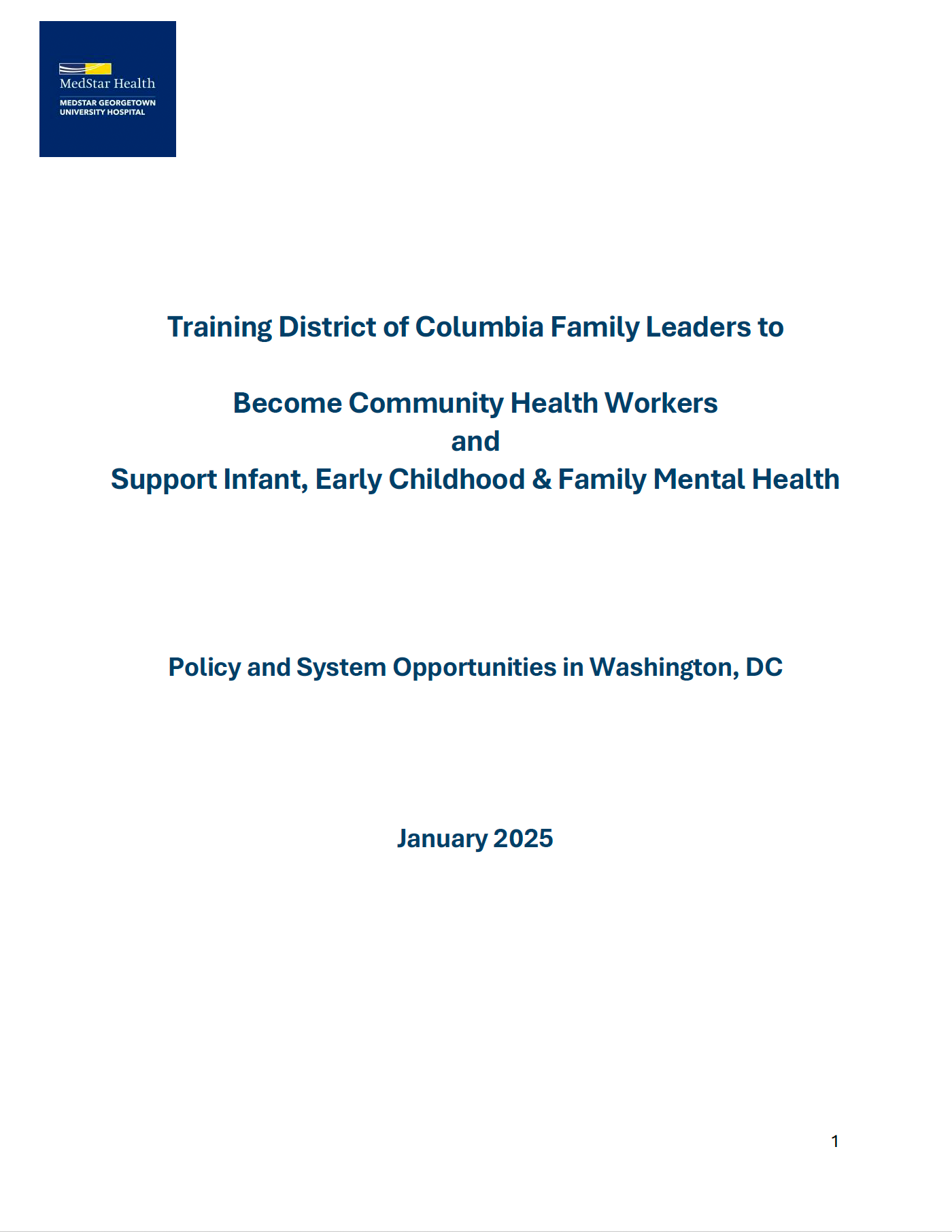
Training Family Leaders as Community Health Workers: DC Policy Brief
Read More
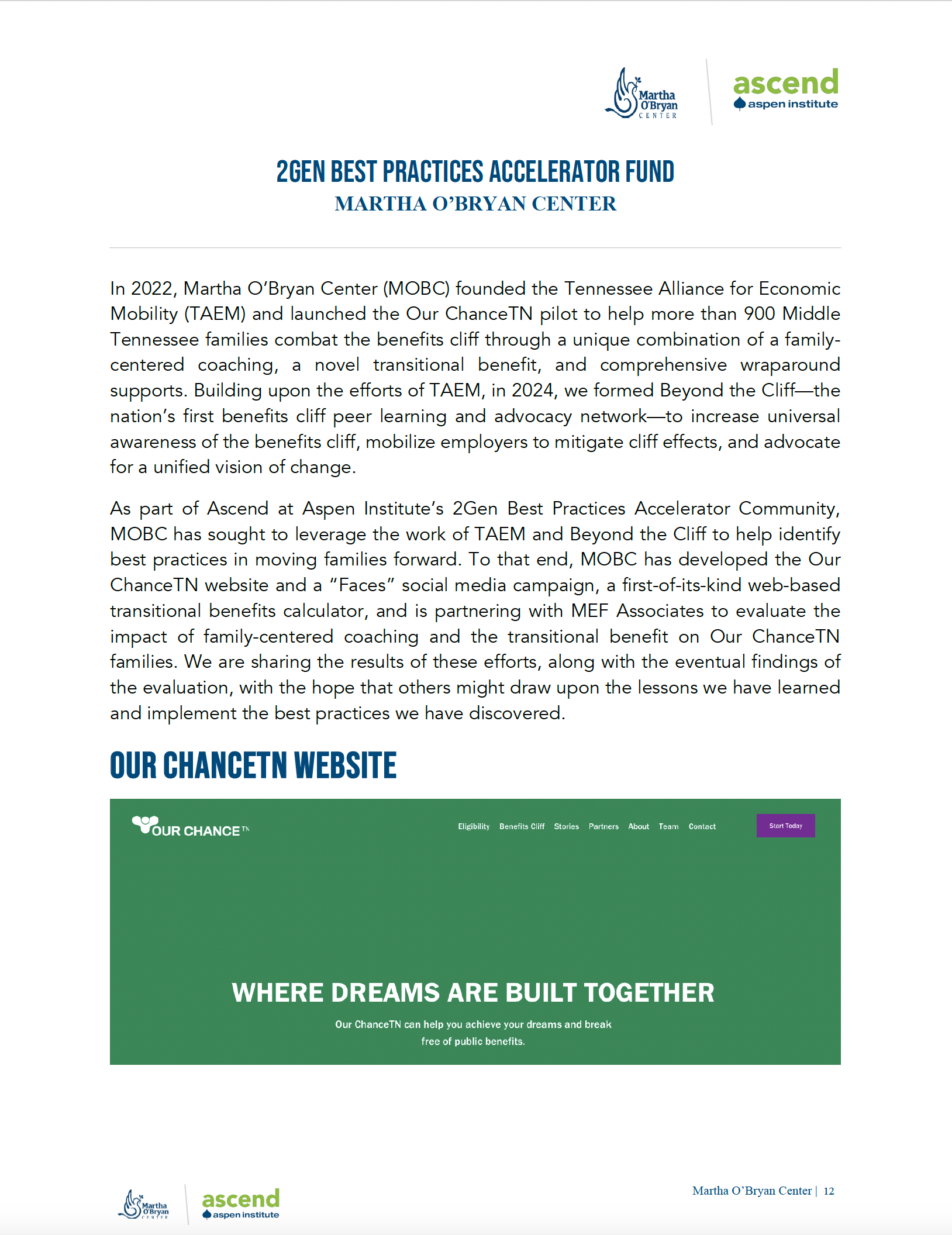
Addressing the Benefits Cliff: Chance TN Pilot
Read More
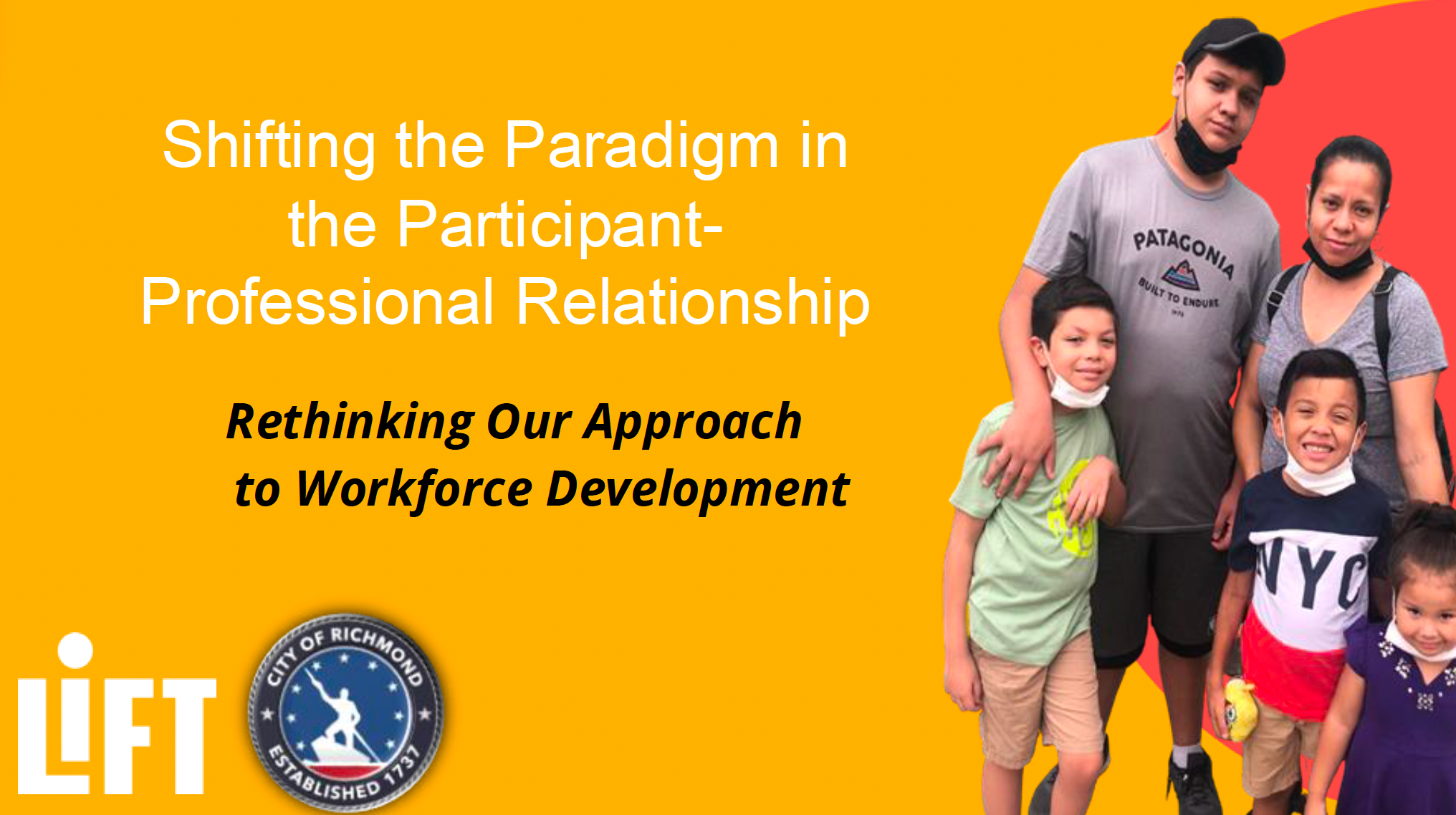
Shifting the Paradigm in Workforce Development: Coaching-Centered Practice
Read More
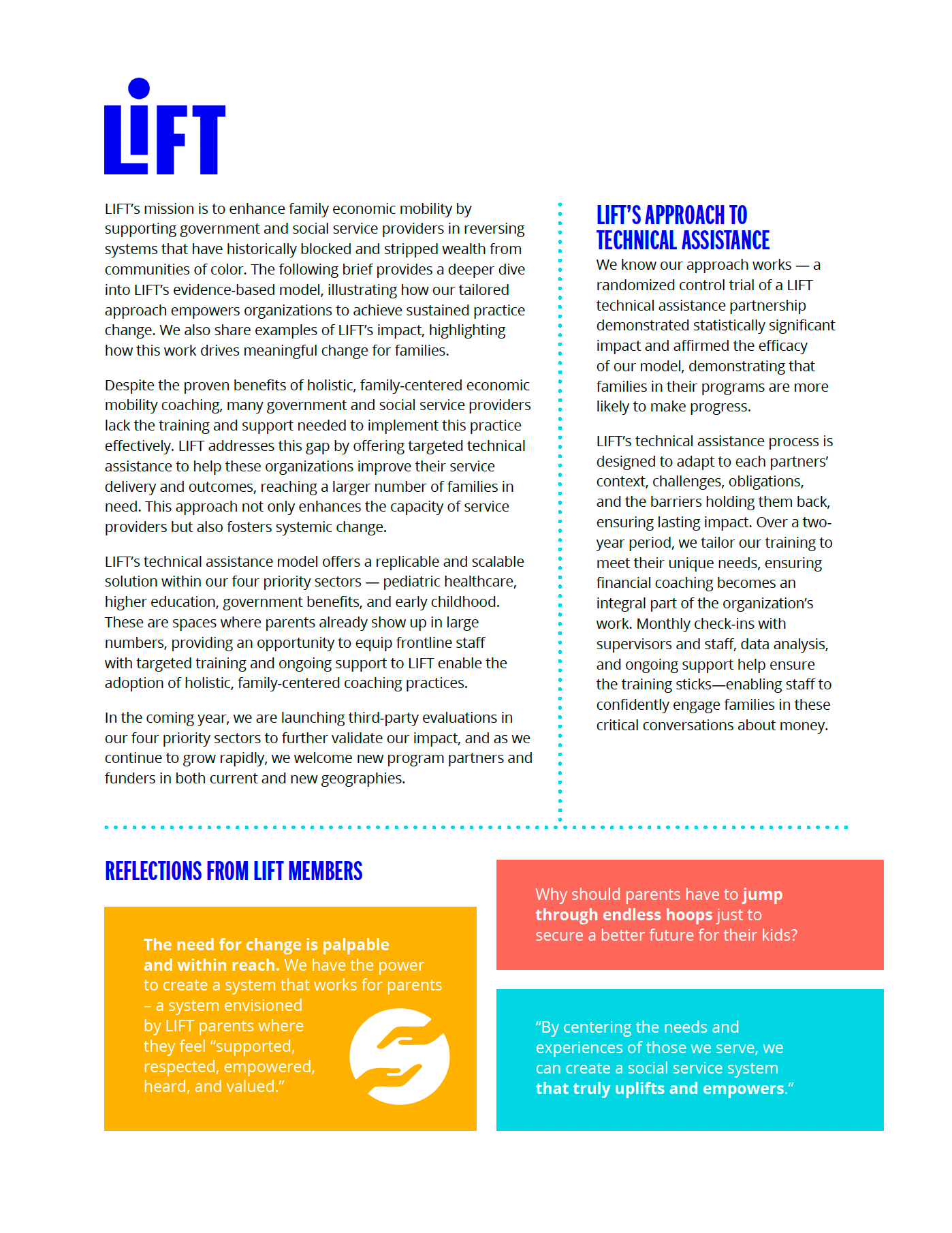
LIFT Technical Assistance Model: Advancing Family Economic Mobility
Read More
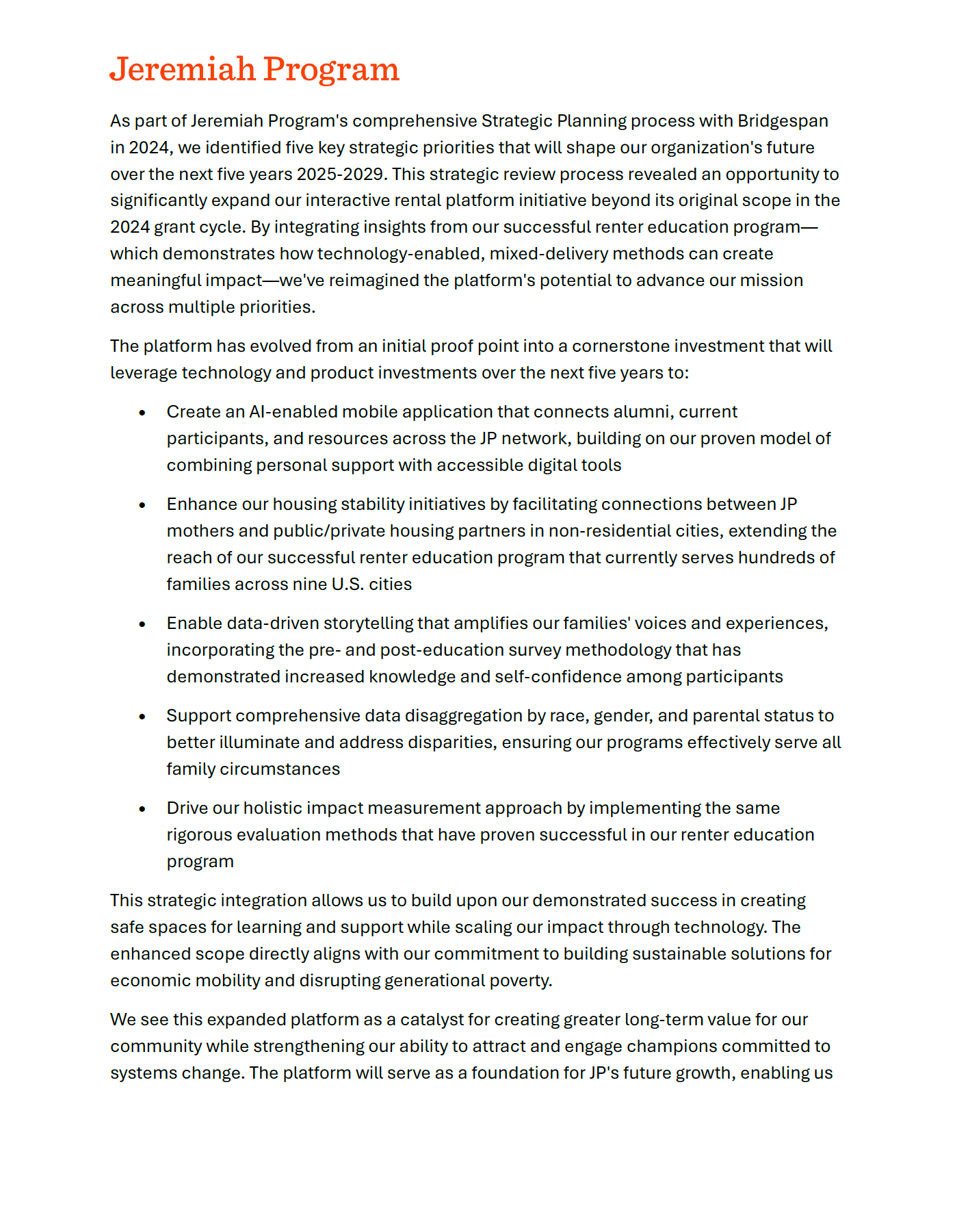
Jeremiah Program Strategic Priorities
Read More
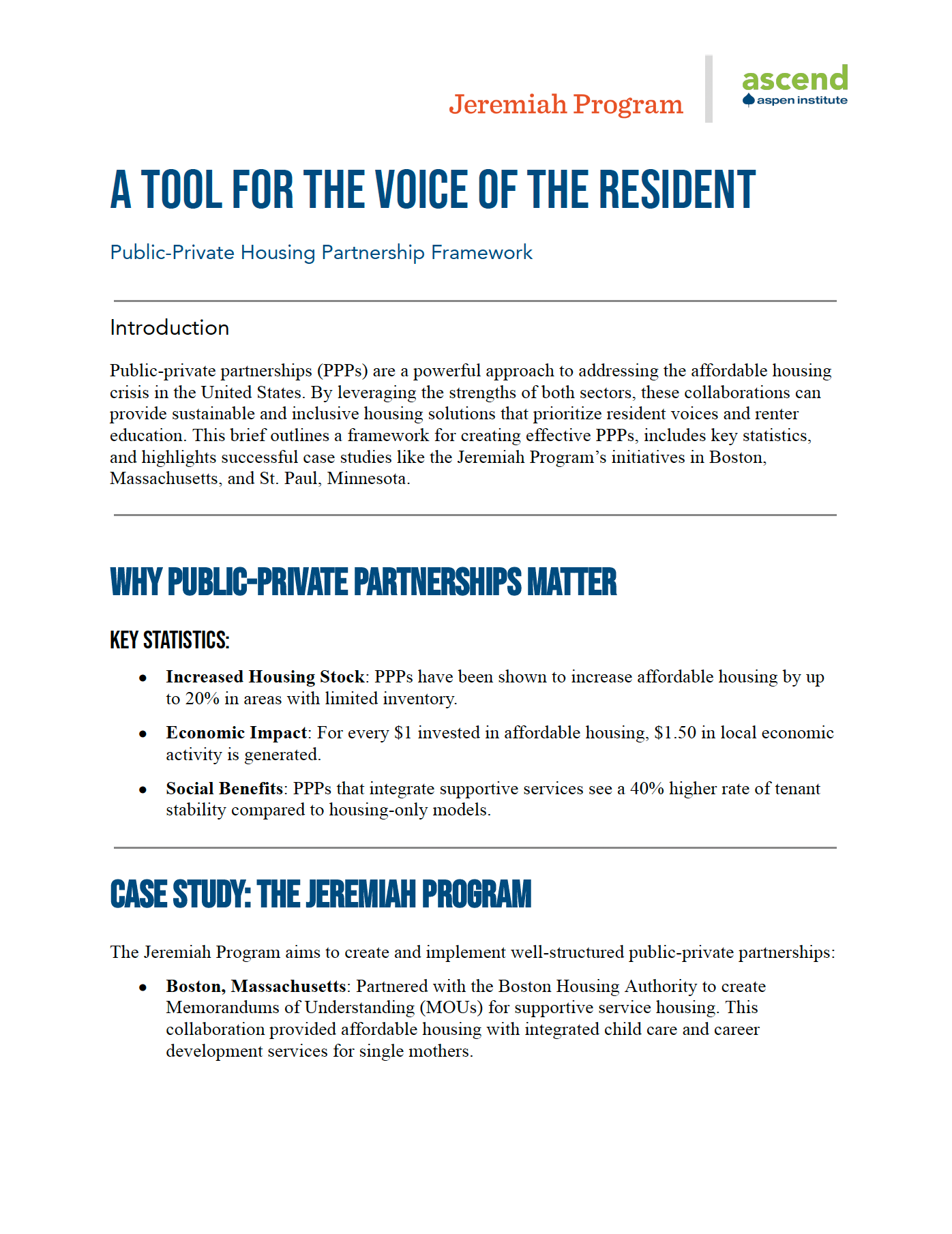
Public-Private Housing Partnership Framework: Centering Resident Voice
Read More
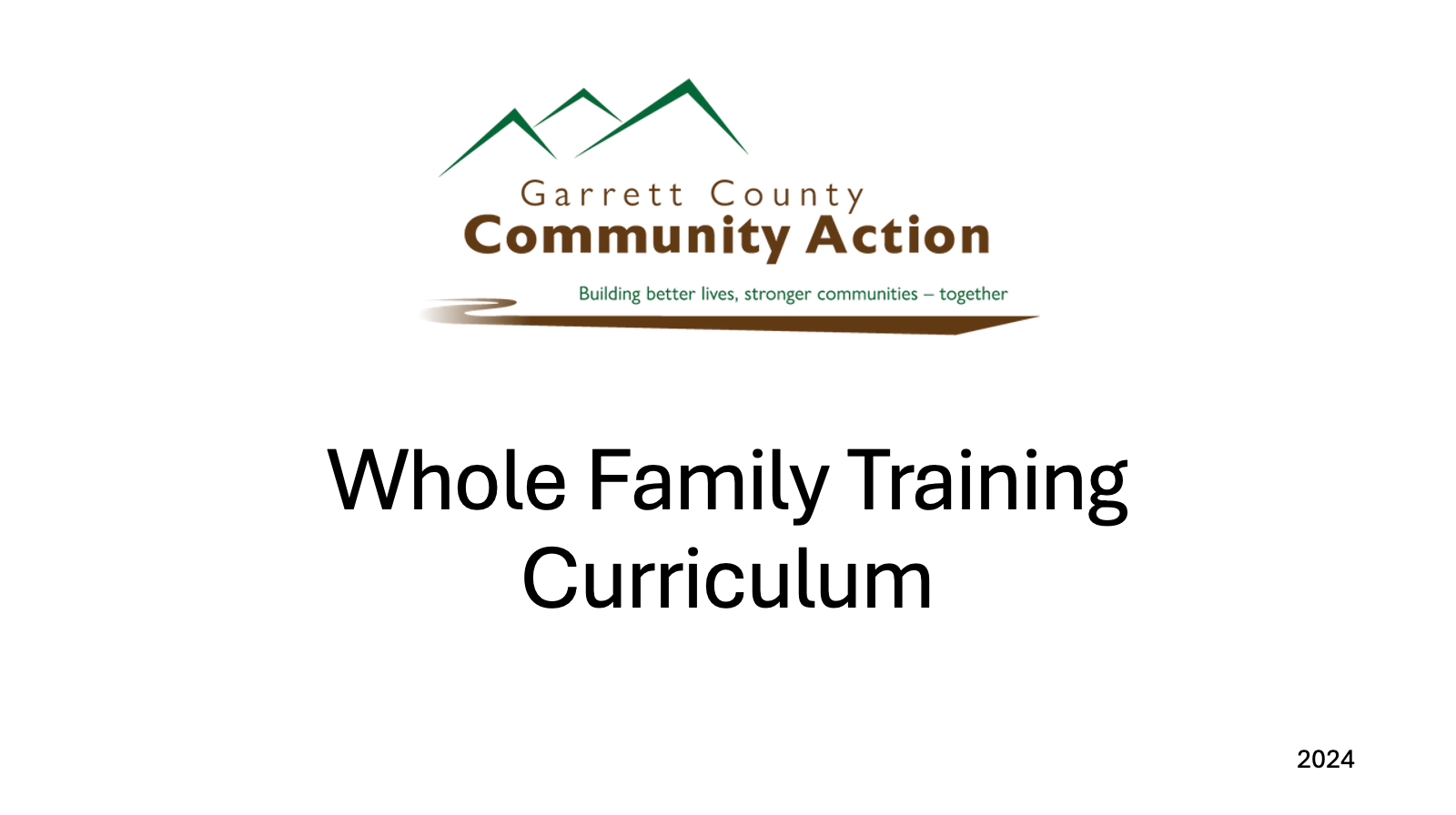
Whole Family Approach (2Gen WFA) Training Curriculum
Read More
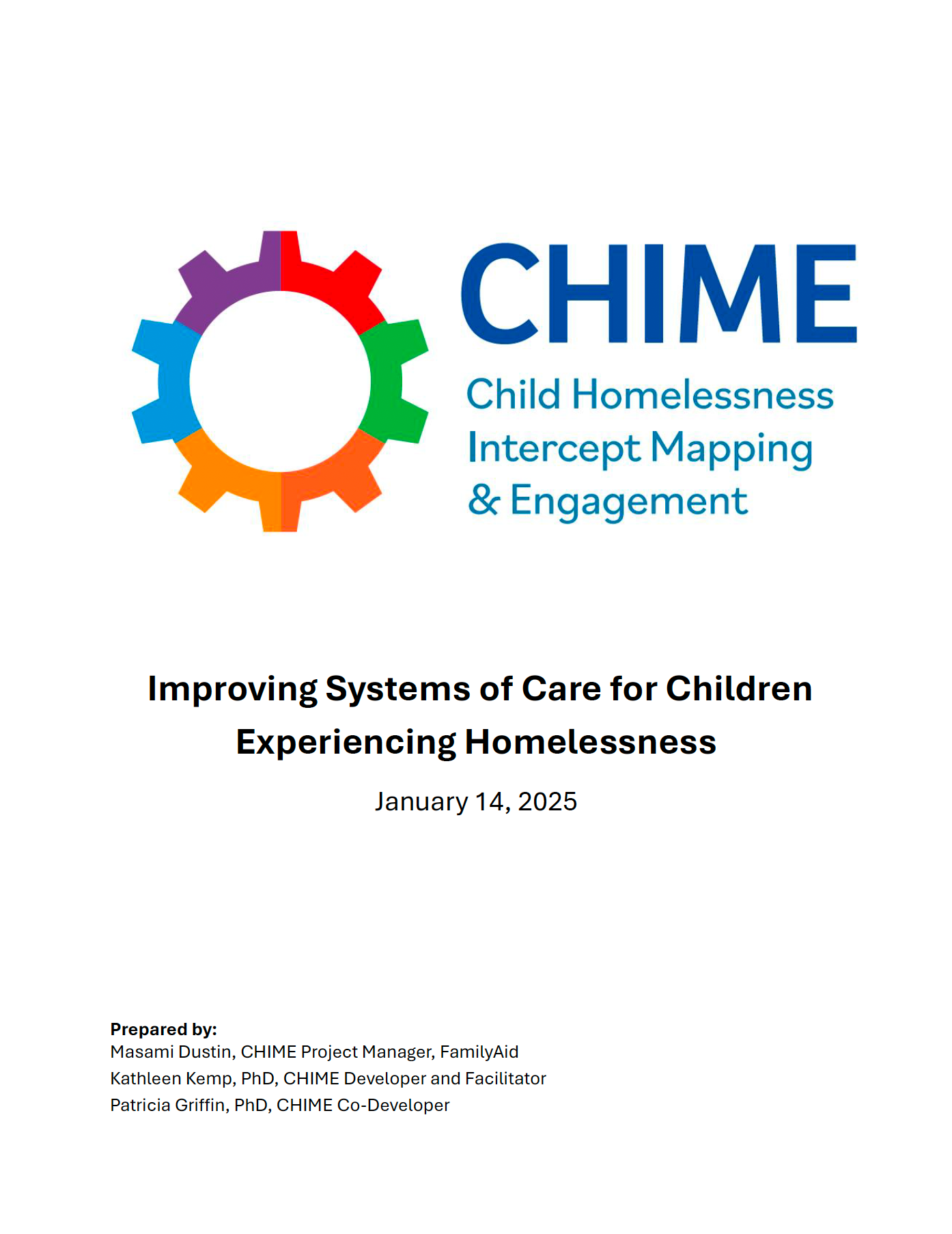
Child Homelessness Intercept Mapping & Engagement (CHIME): Improving Systems of Care for Children Experiencing Homelessness
Read More
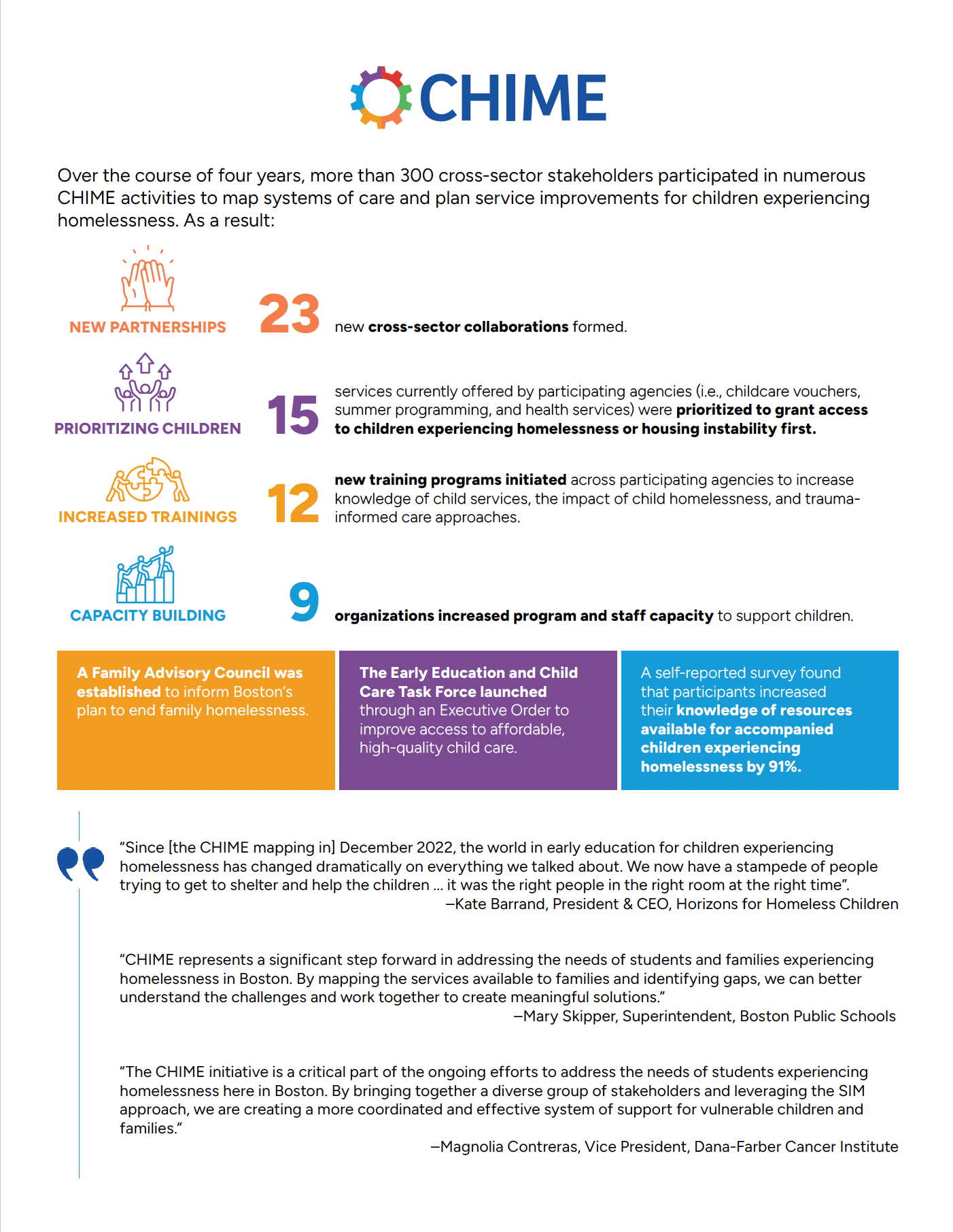
CHIME Outcomes: One-Pager Overview
Read More
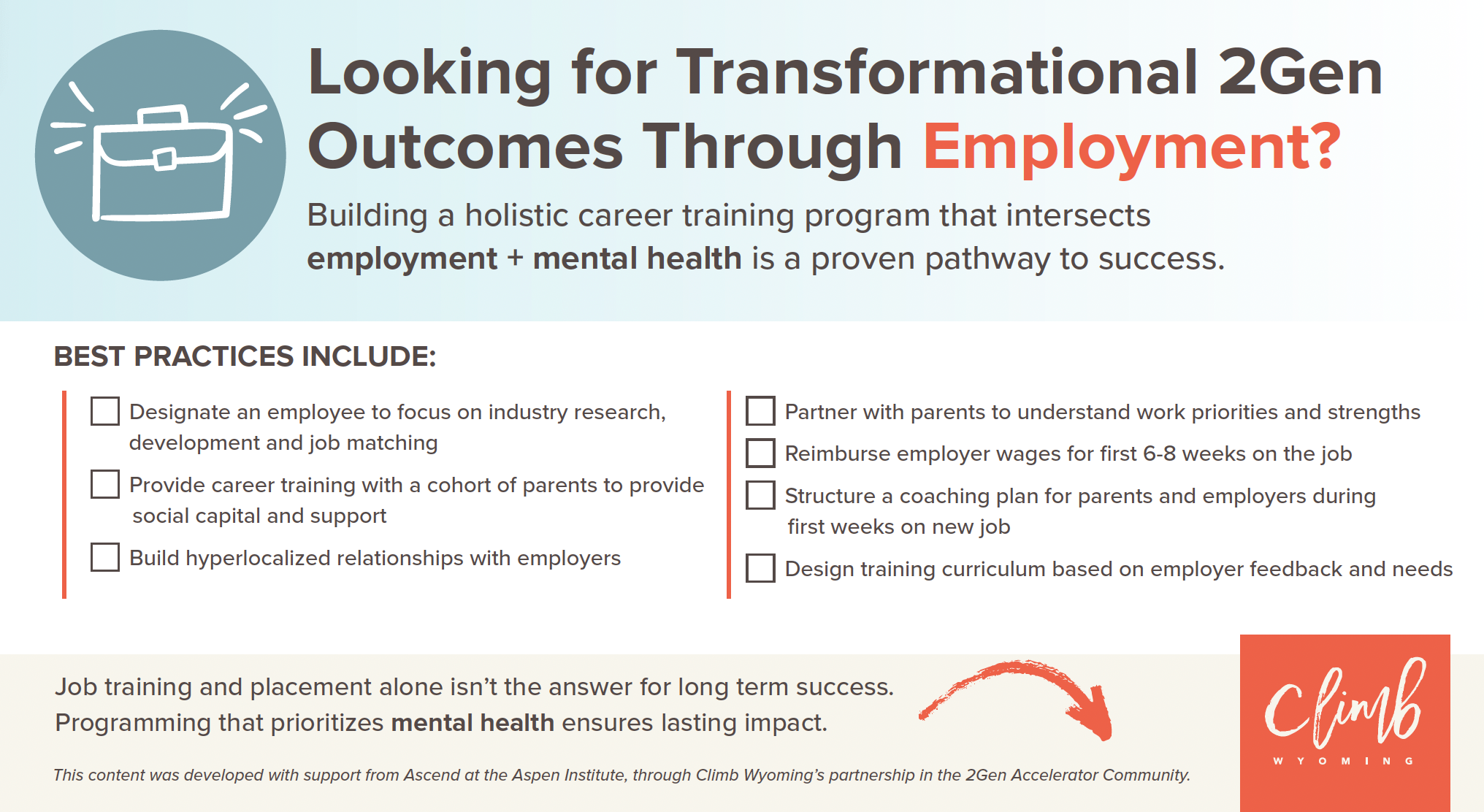
2Gen Employment Best Practices Checklist
Read More

Start Young Gap Funding Listening Sessions: Findings Summary
Read More
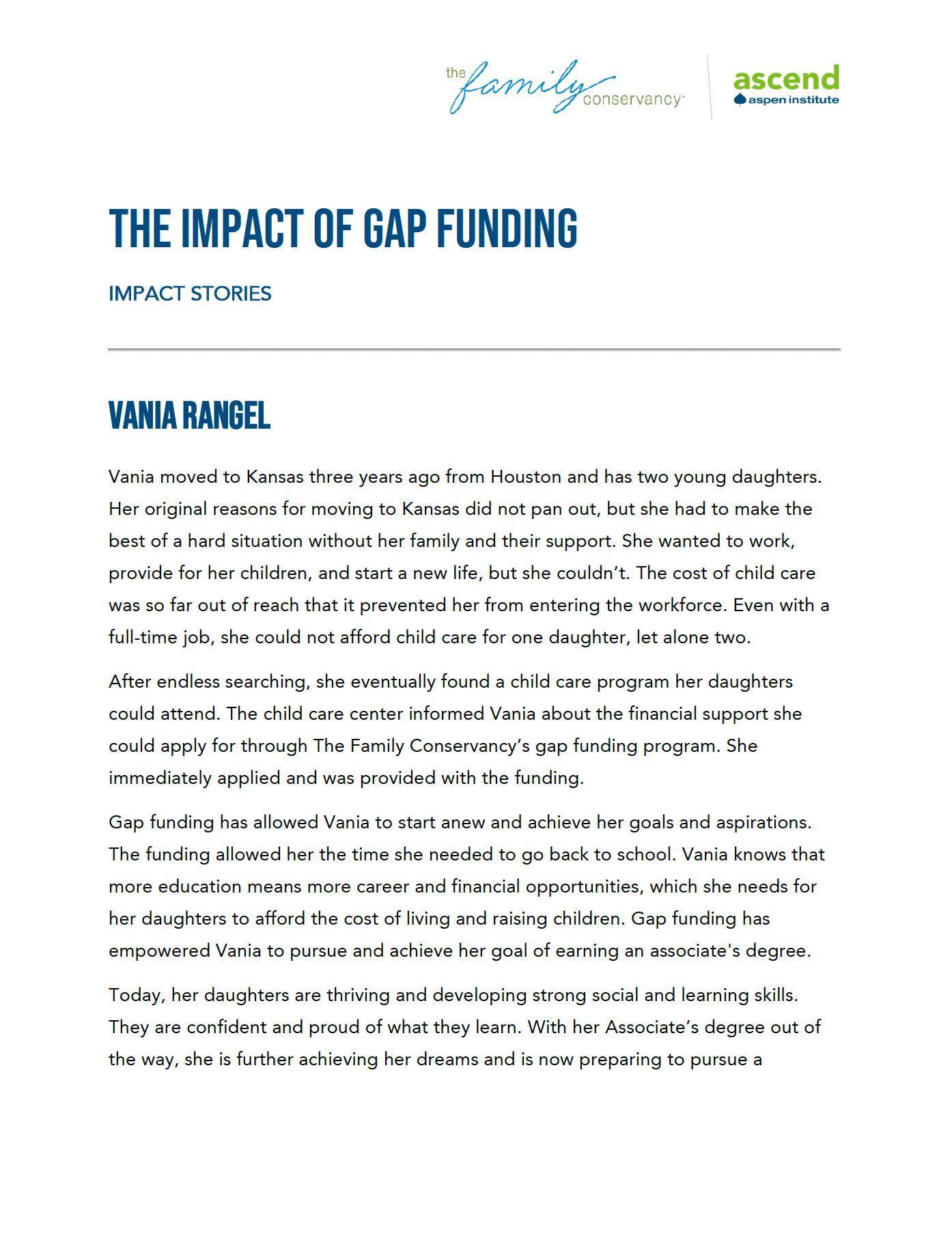
Gap Funding: Impact Stories
Read More
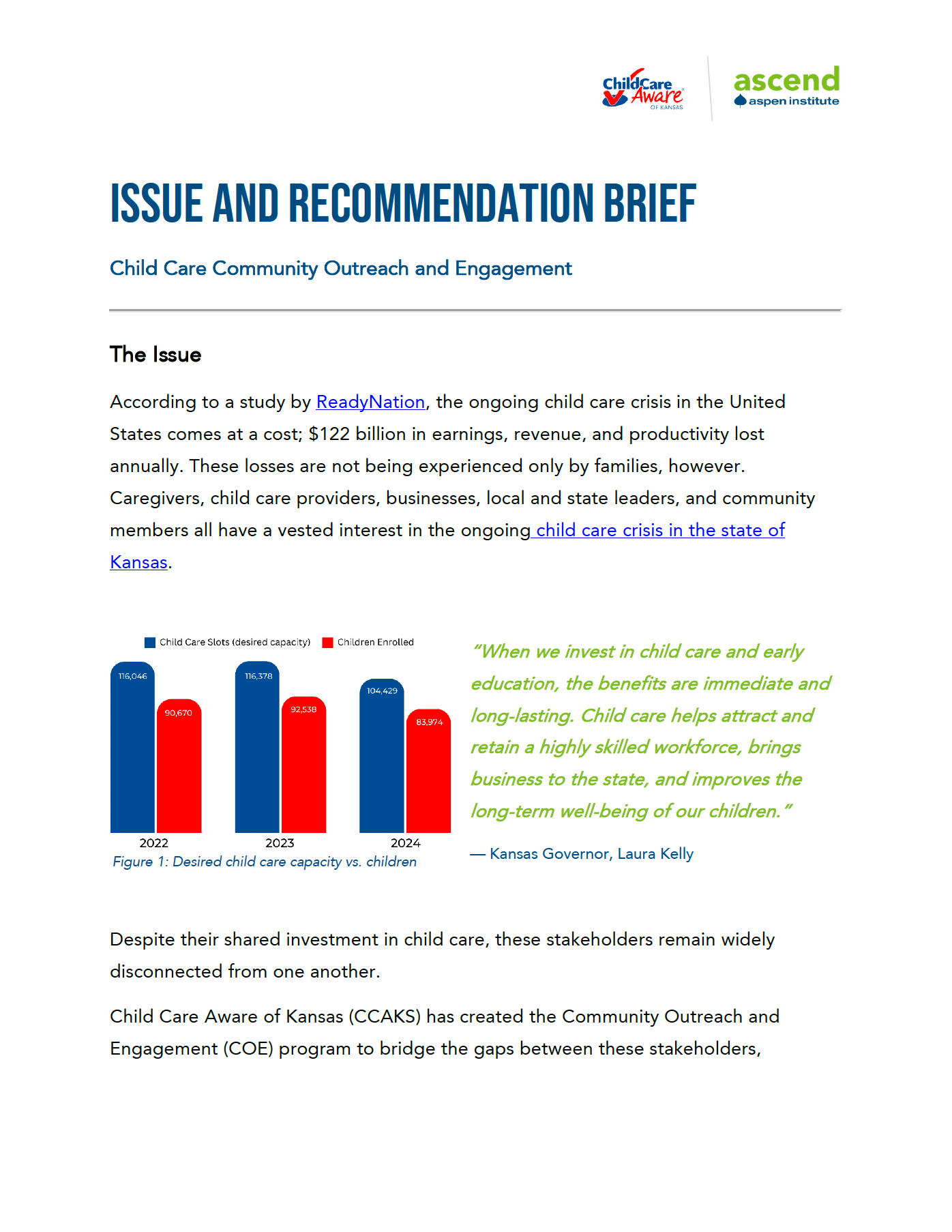
Community Outreach and Engagement: Issue and Recommendation Brief
Read More
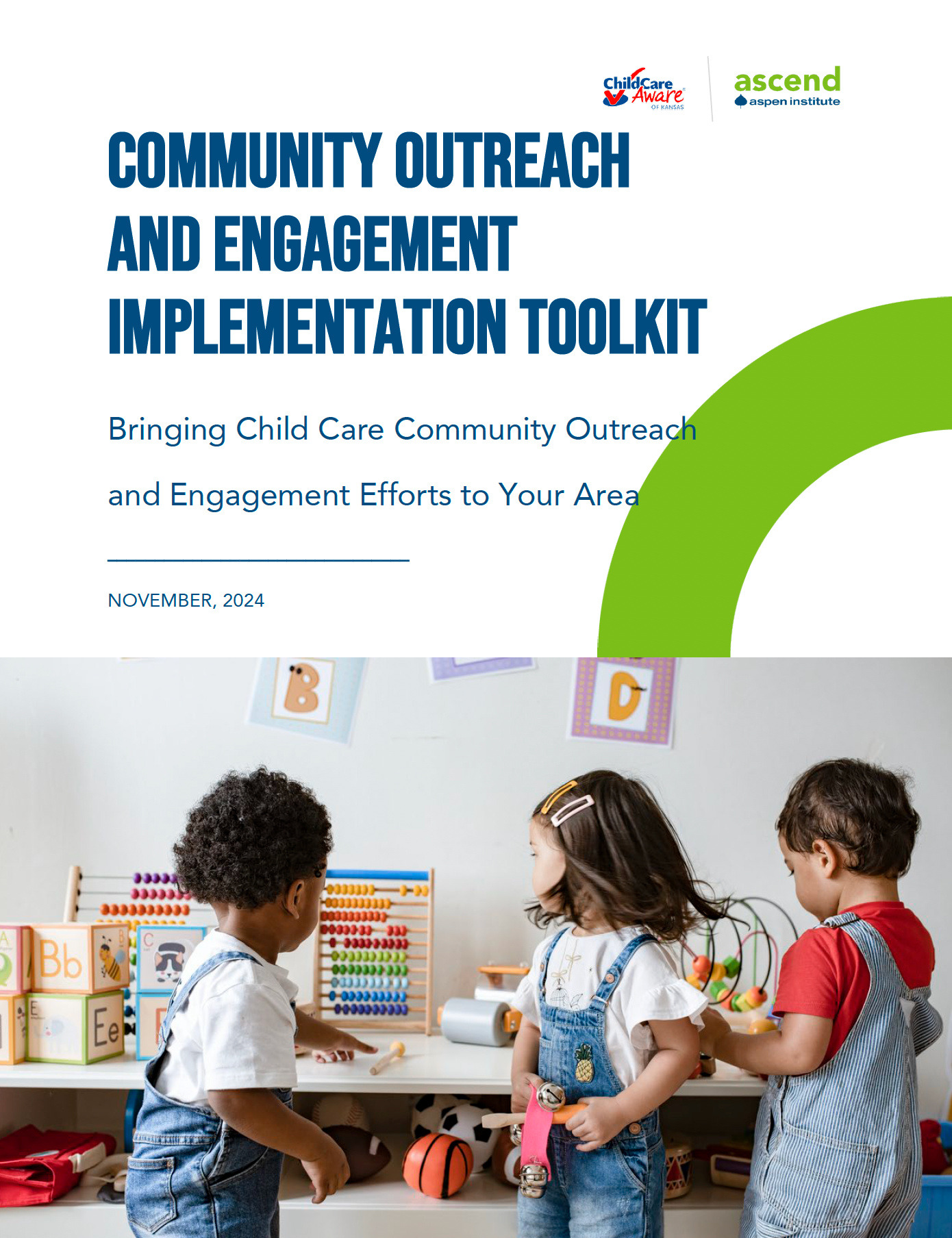
Community Outreach and Engagement: Implementation Toolkit
Read More
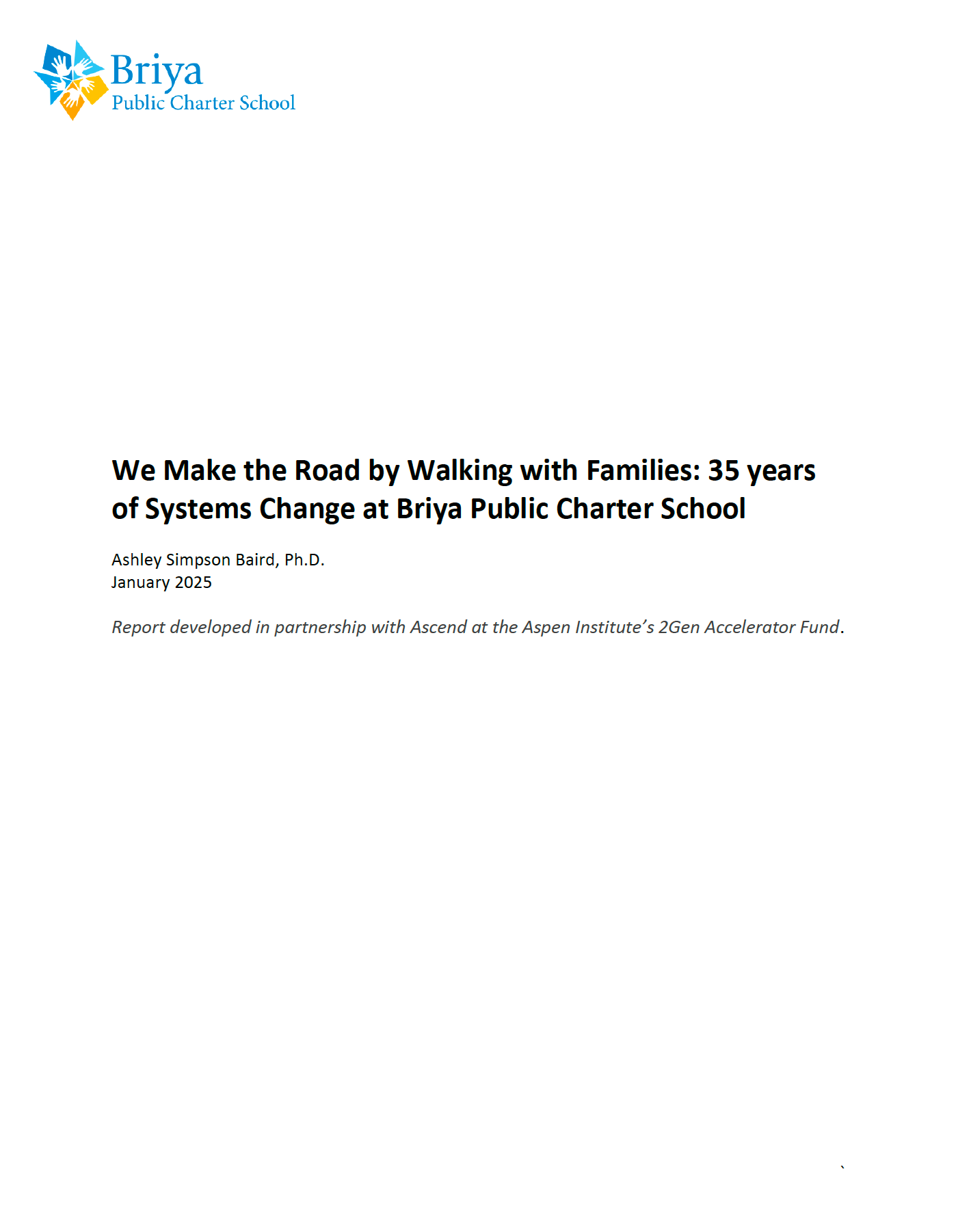
We Make the Road by Walking with Families: 35 years of Systems Change at Briya Public Charter School
Read More
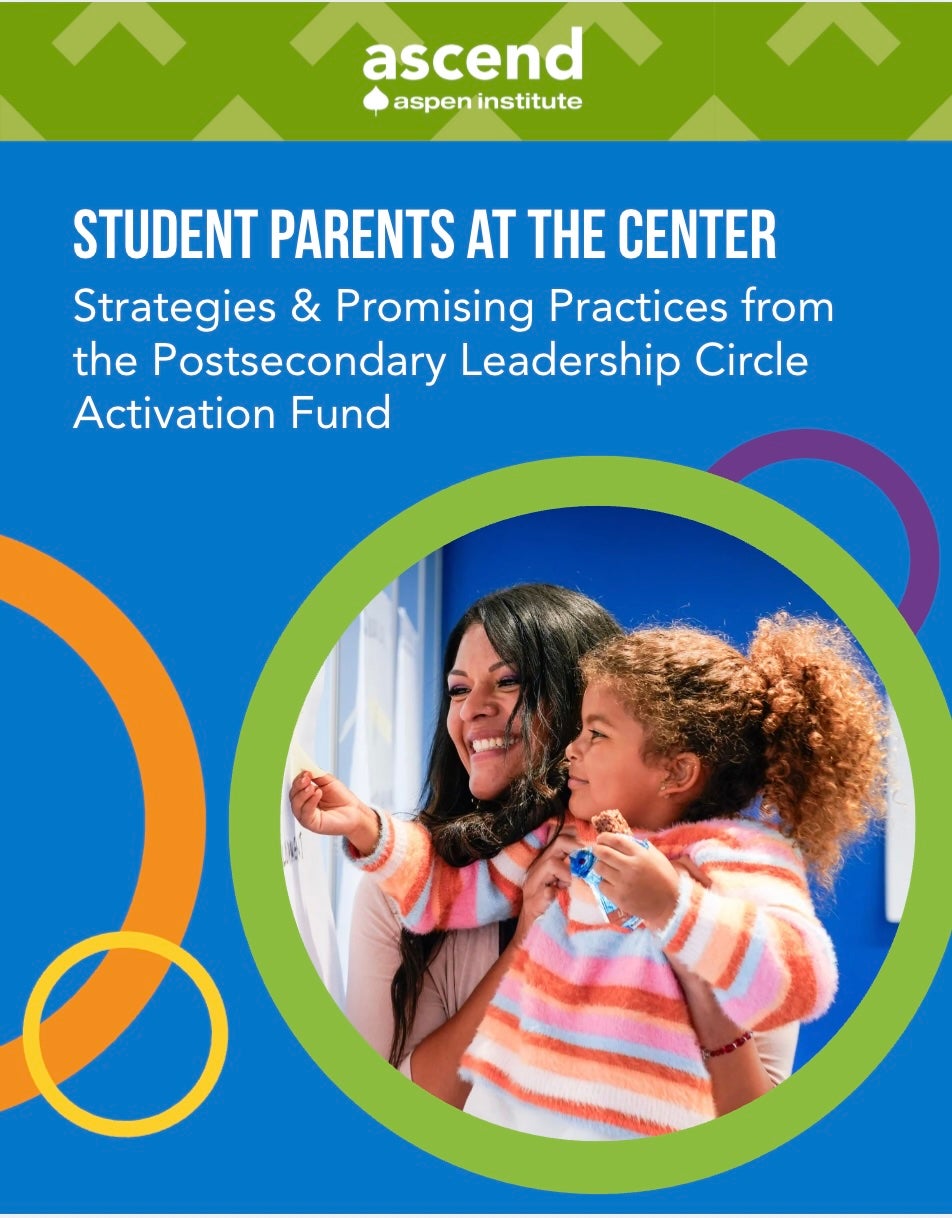
Student Parents at the Center
Read More

Capitalizing Good Ideas to Transform the Lives of Children and Families
Read More
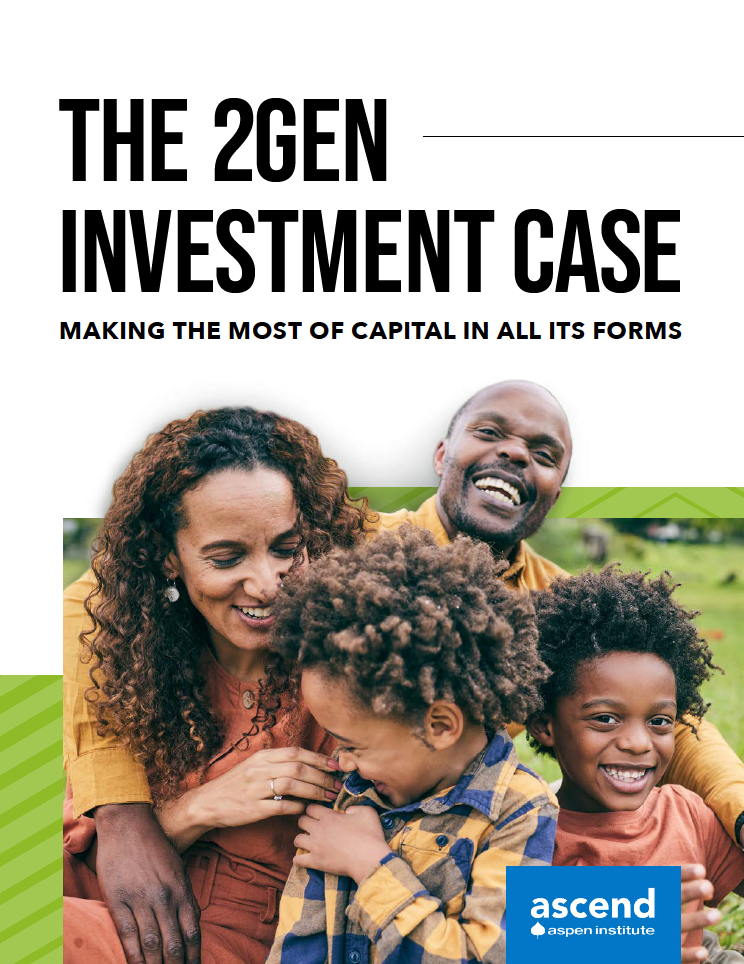
The 2Gen Investment Case: Making the Most of Capital in All its Forms
Read More

Systemic, Measurable & Sustainable Strategies for Student Parent Success
Read More
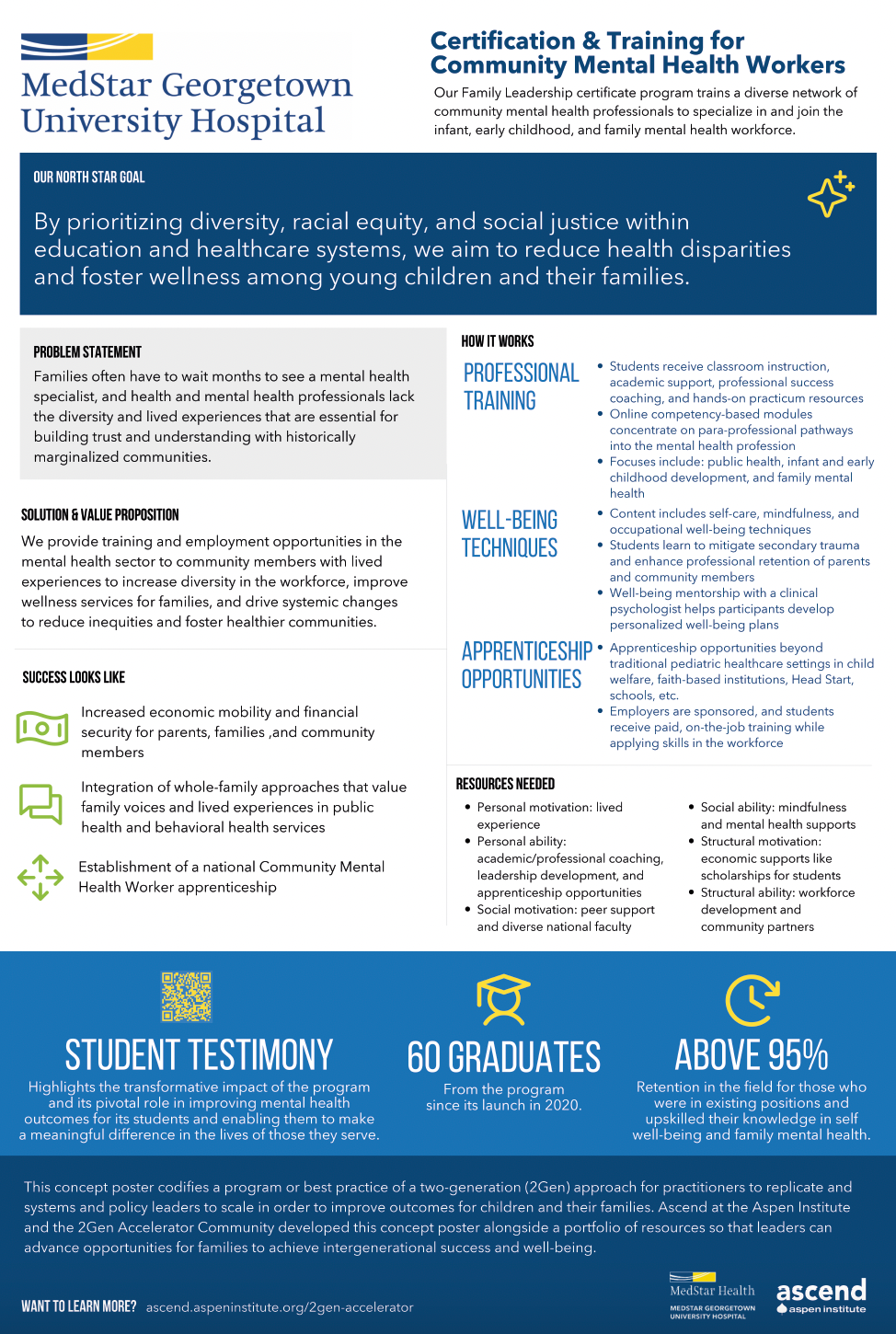
Certification & Training for Community Mental Health Workers
Read More
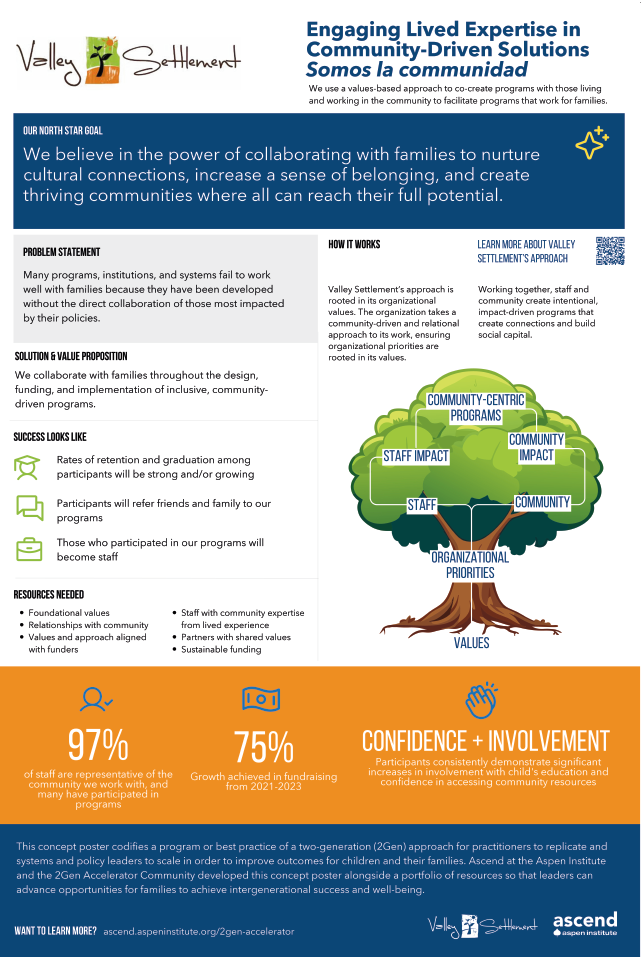
Engaging Lived Expertise in Community-Driven Solutions (Somos la communidad)
Read More
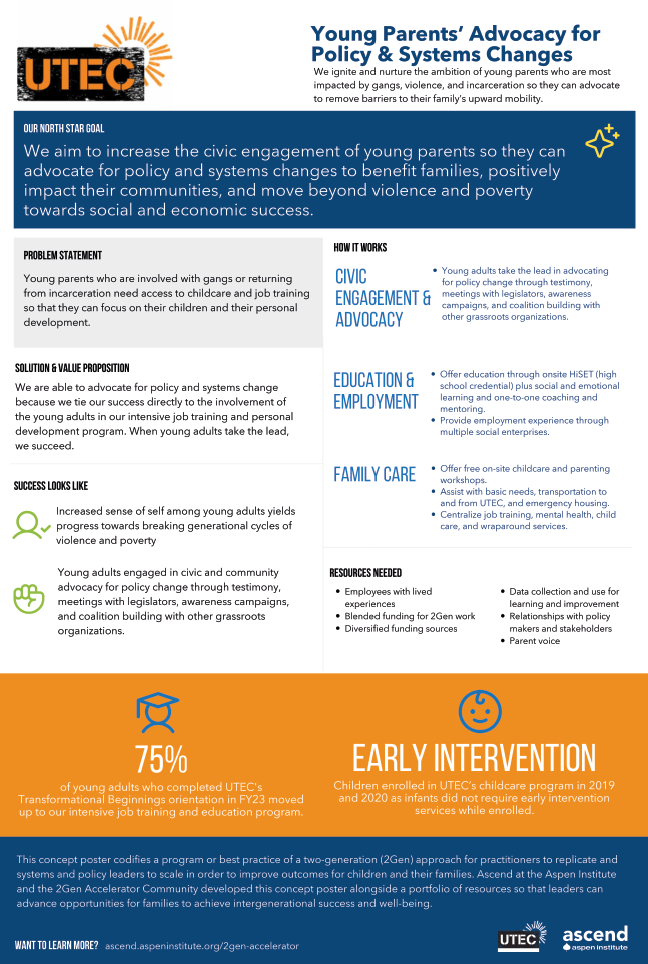
Young Parents’ Advocacy for Policy & Systems Change
Read More
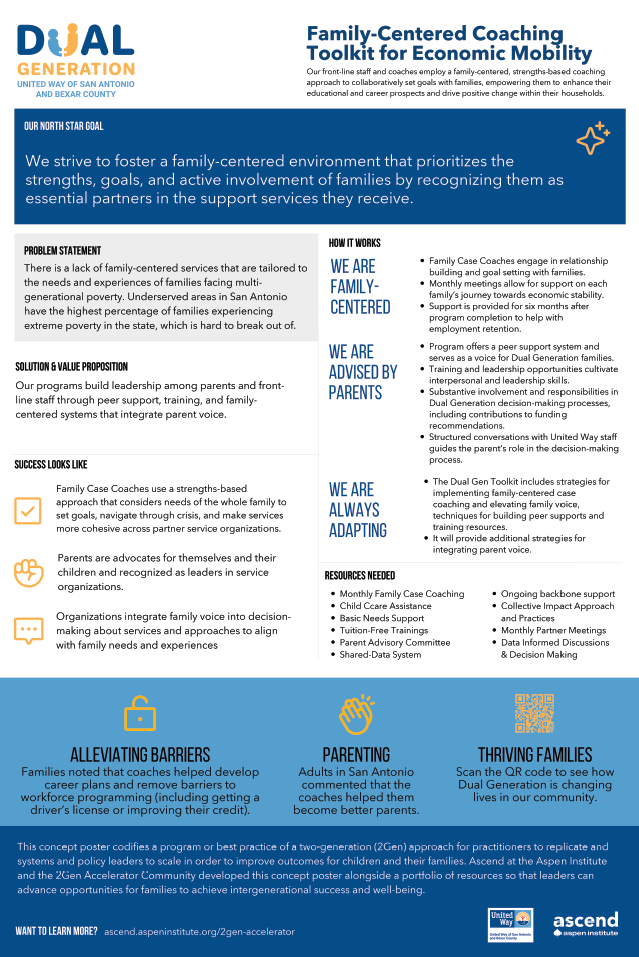
Family-Centered Coaching Toolkit for Economic Mobility
Read More
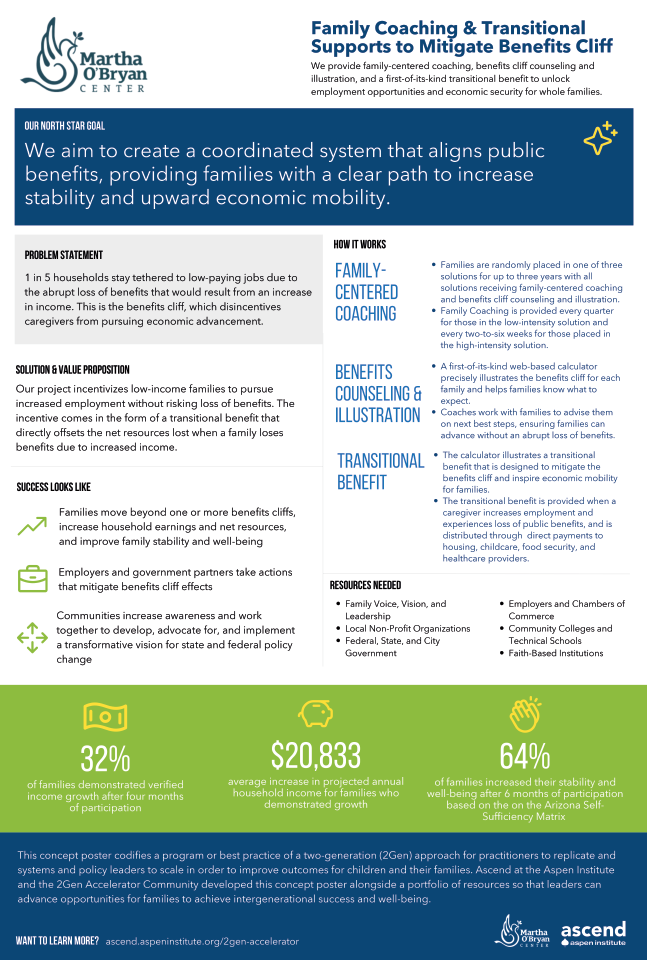
Family Coaching & Transitional Supports to Mitigate Benefits Cliff
Read More
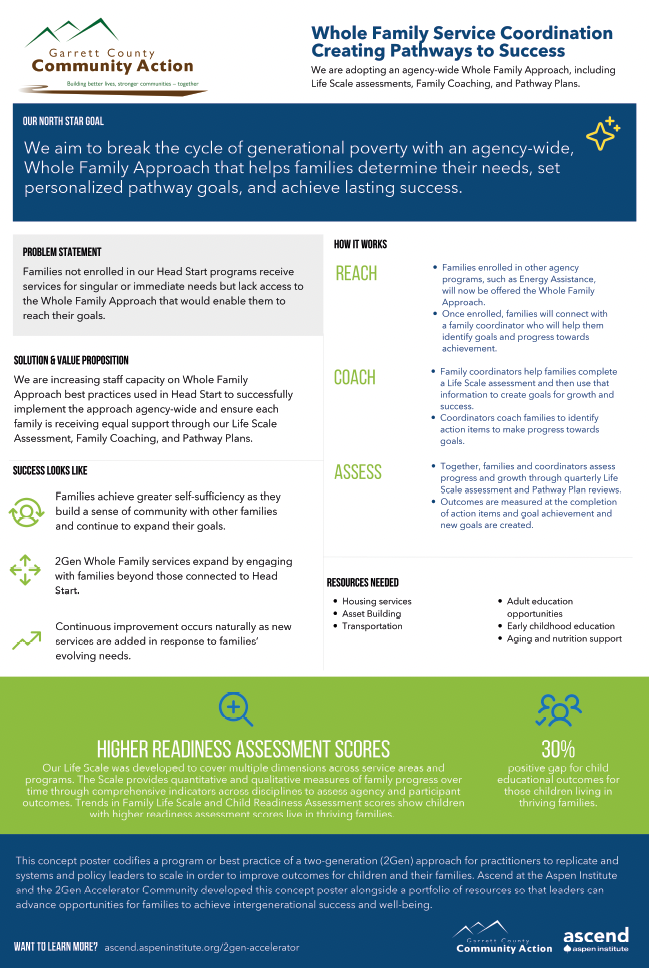
Whole Family Service Coordination Creating Pathways to Success
Read More
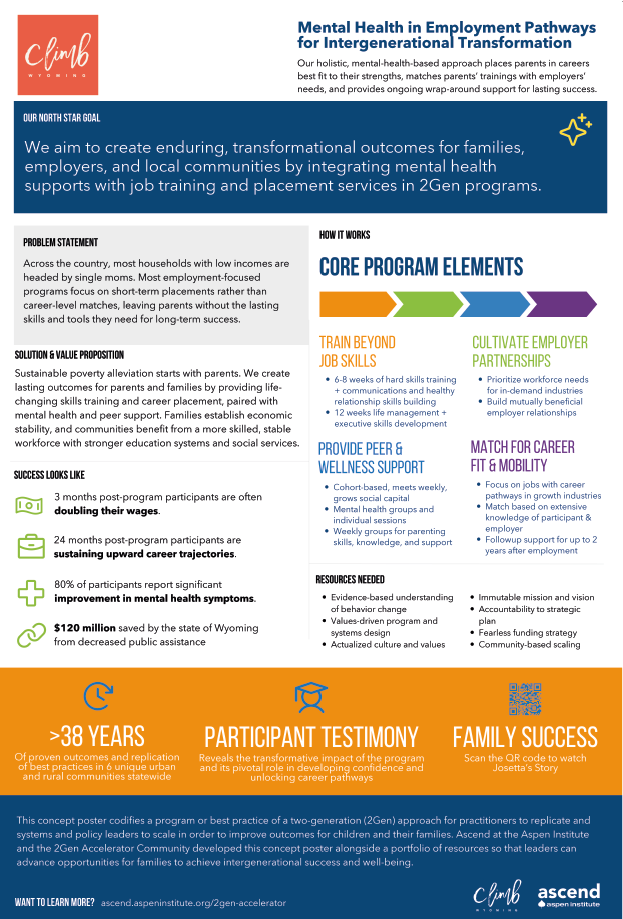
Mental Health in Employment Pathways for Intergenerational Transformation
Read More
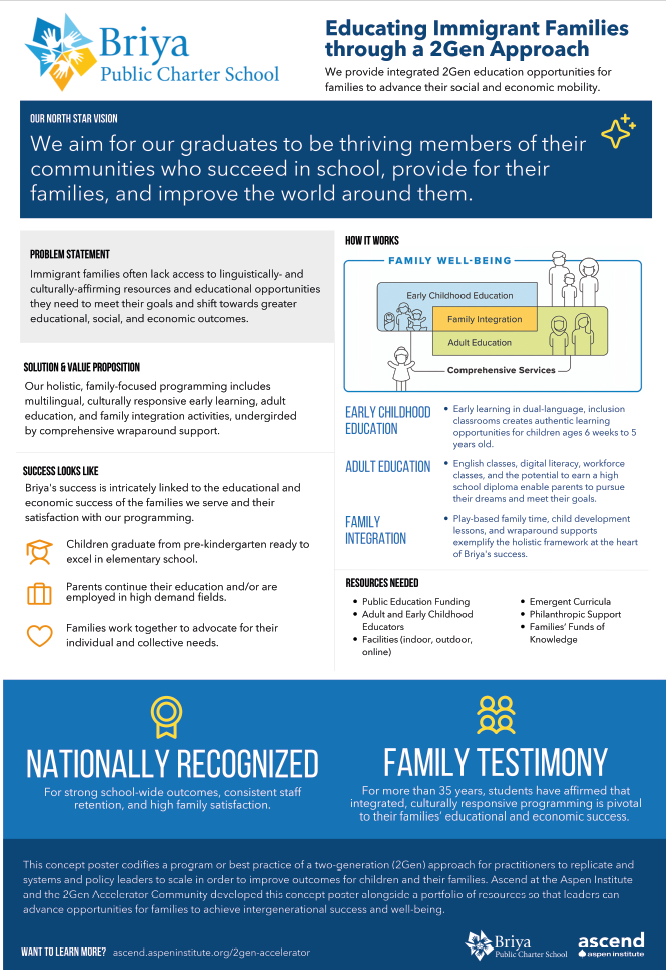
Educating Immigrant Families Through a 2Gen Approach
Read More
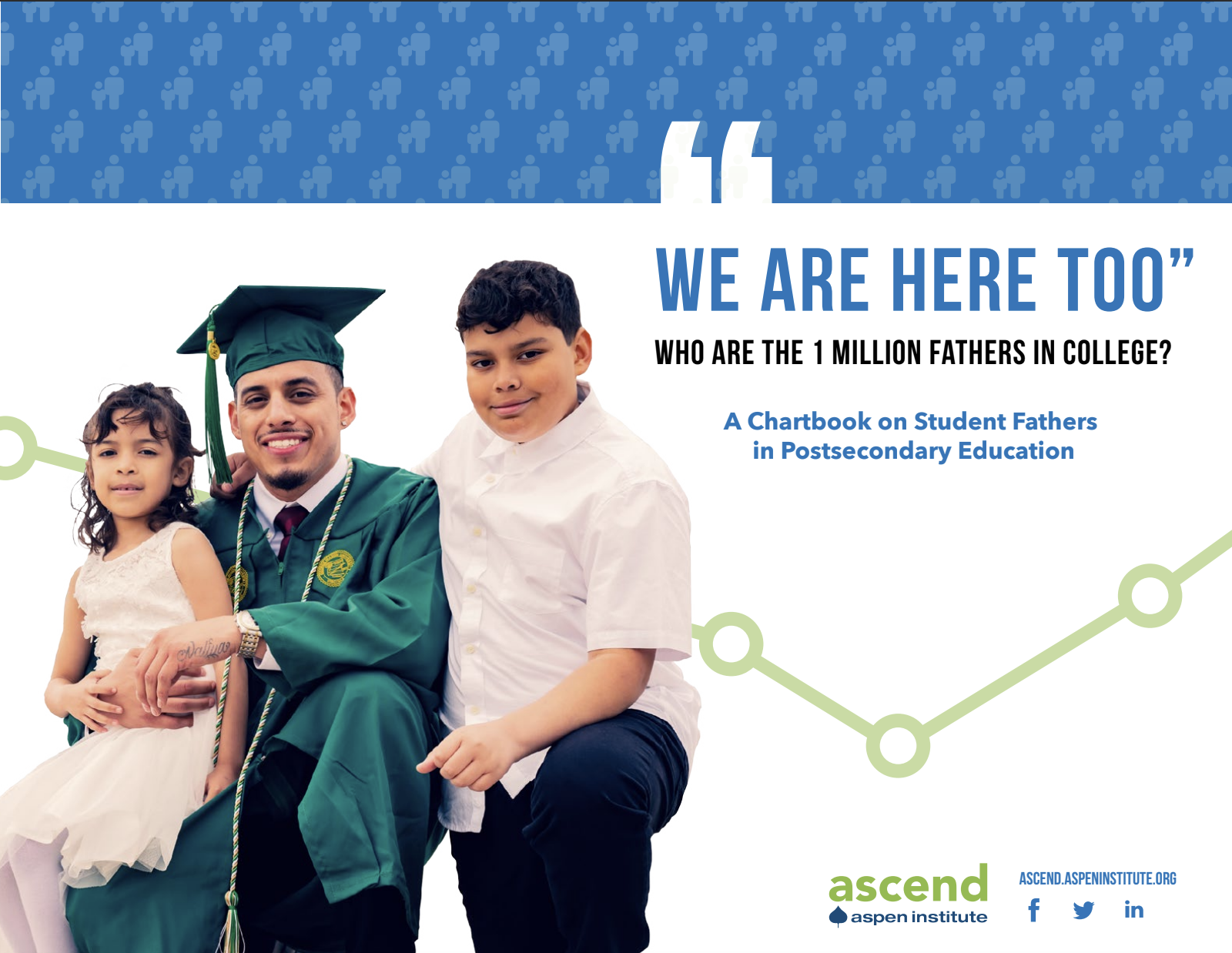
“We Are Here Too”: Who Are the 1 Million Fathers in College?
Read More
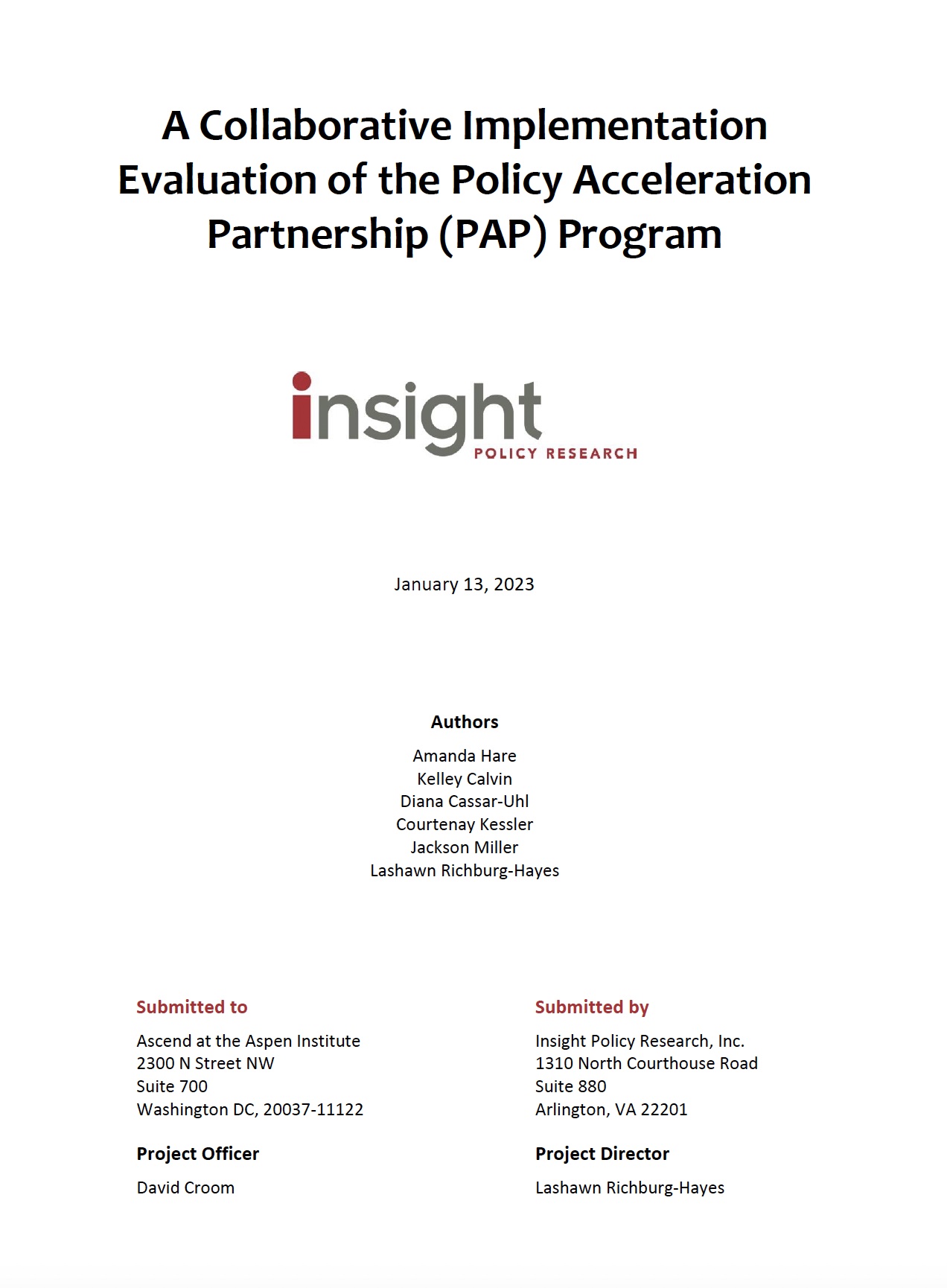
A Collaborative Implementation Evaluation of the Policy Acceleration Partnership (PAP) Program
Read More
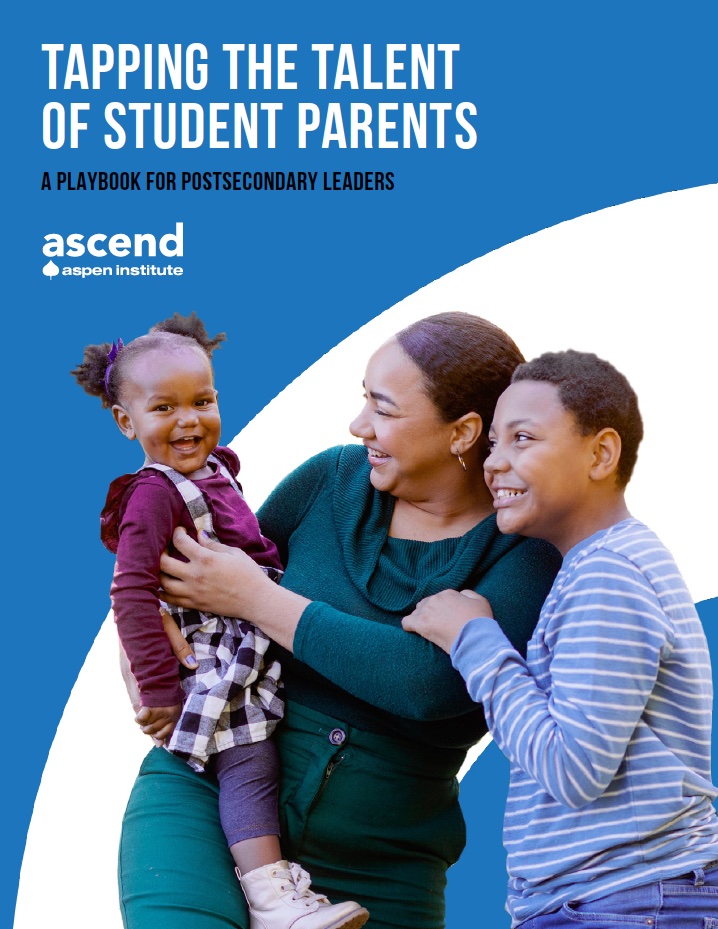
Tapping the Talent of Student Parents: A Playbook for Postsecondary Leaders
Read More
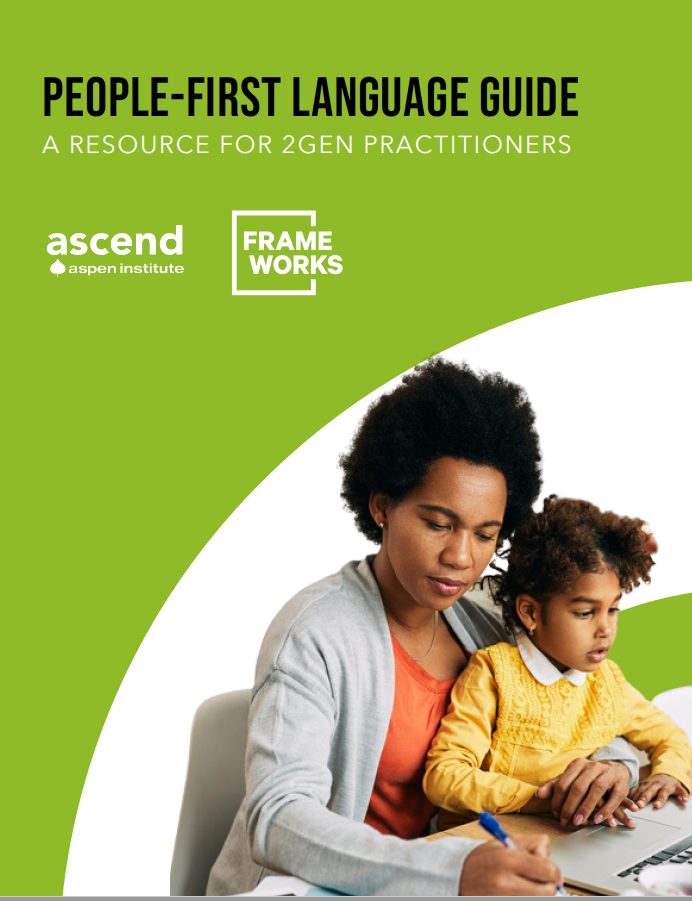
People-First Language Guide: A Resource for 2Gen Practitioners
Read More
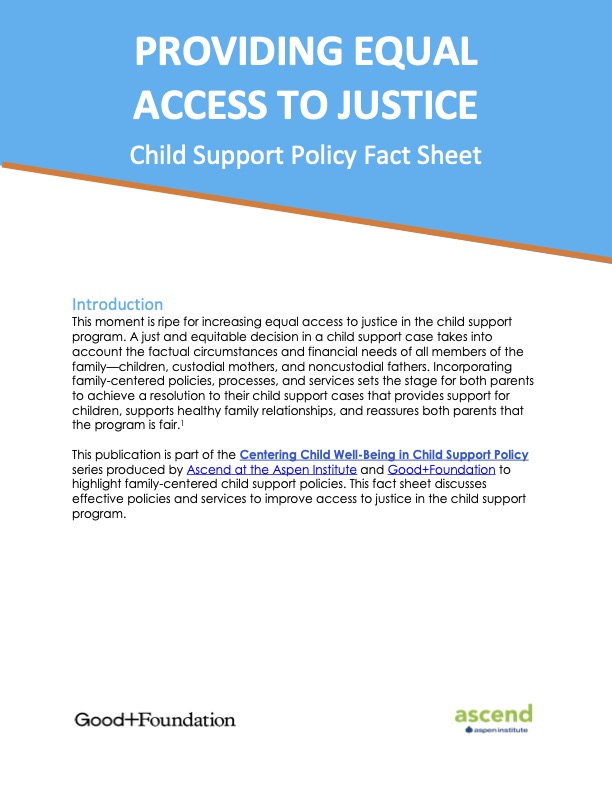
Providing Equal Access to Justice
Read More
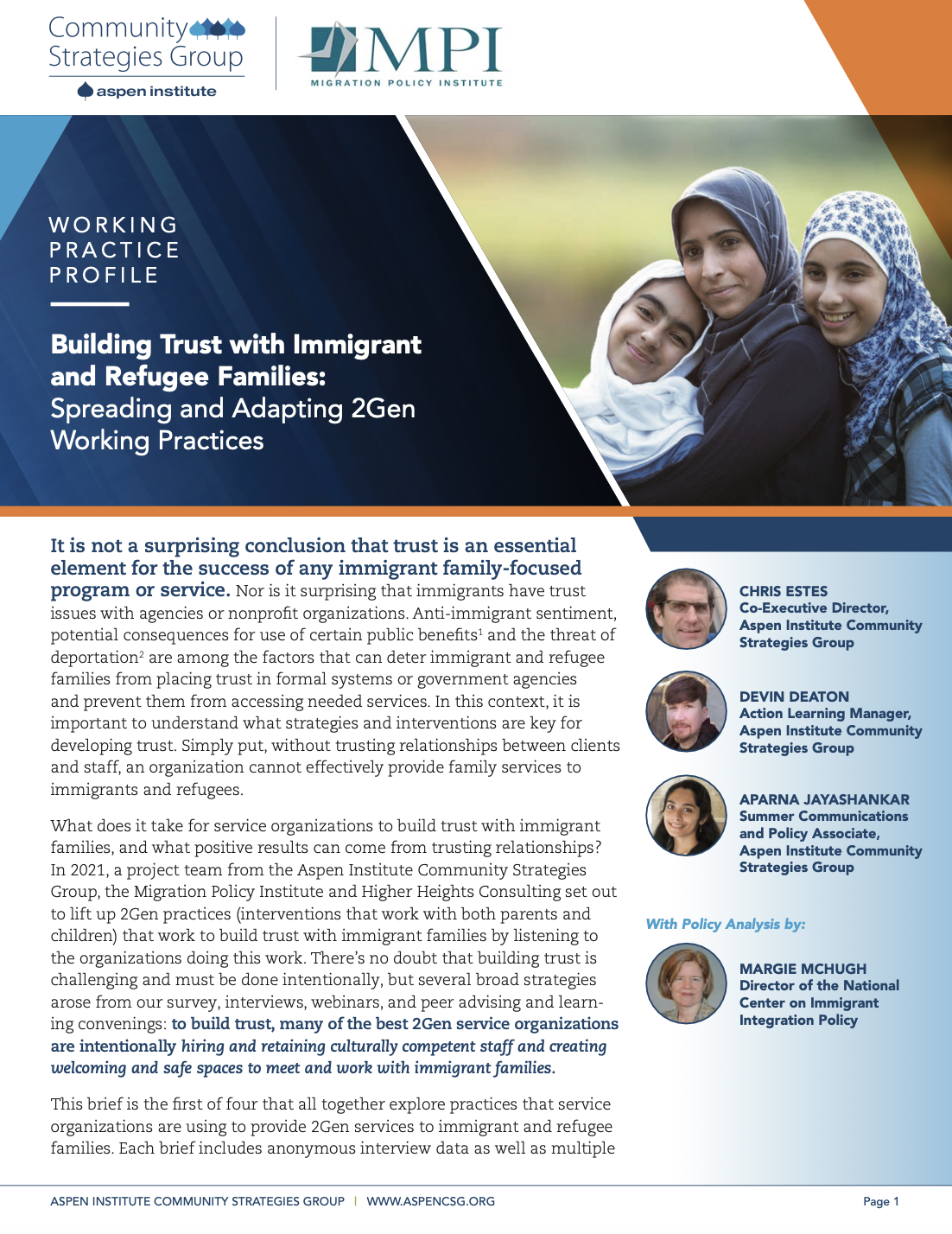
Building Trust with Immigrant and Refugee Families: Spreading and Adapting 2Gen Working Practices
Read More
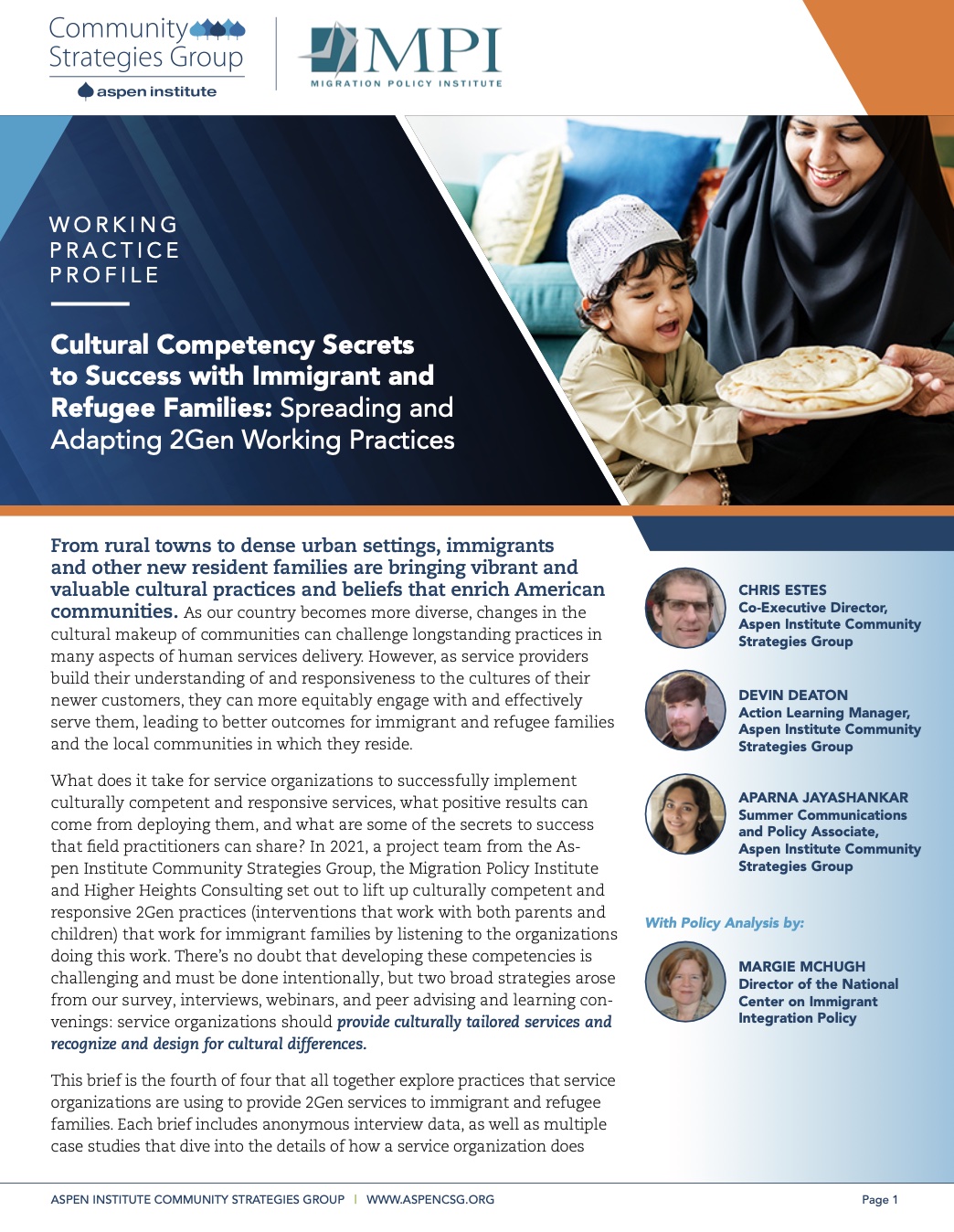
Cultural Competency Secrets to Success with Immigrant and Refugee Families: Spreading and Adapting 2Gen Working Practices
Read More
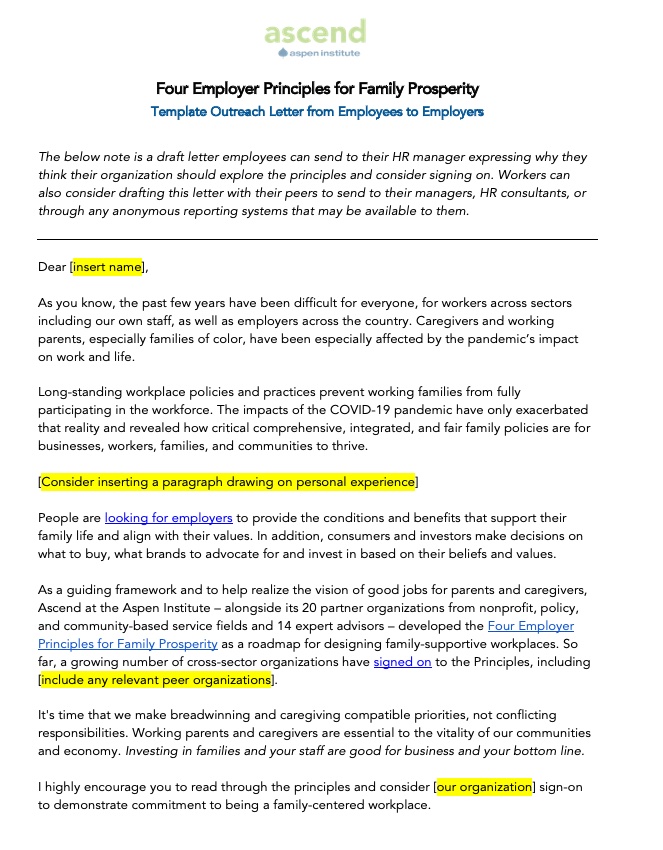
Template Family Prosperity Employer Outreach Letter
Read More
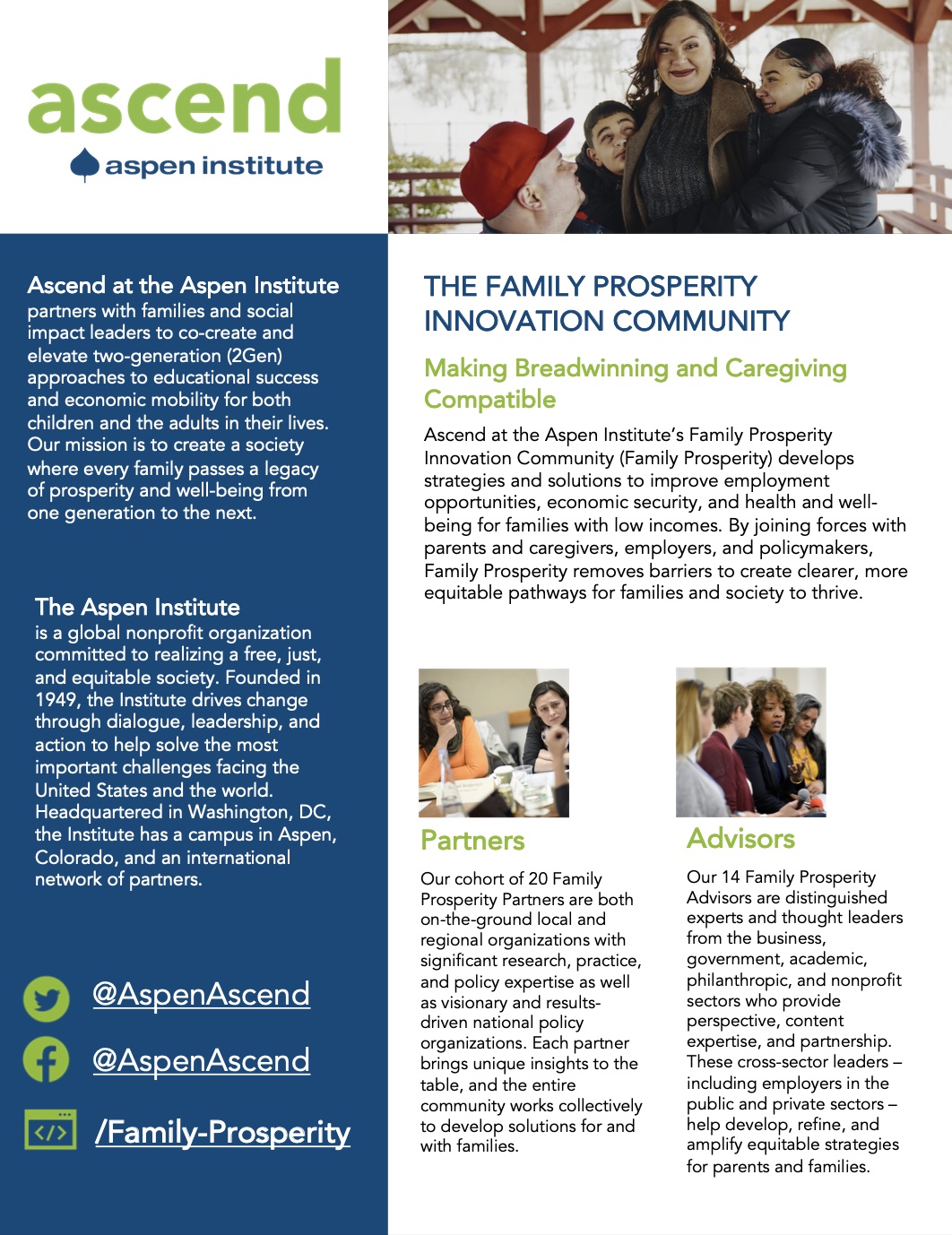
Four Employer Principles for Family Prosperity: Fact Sheet
Read More
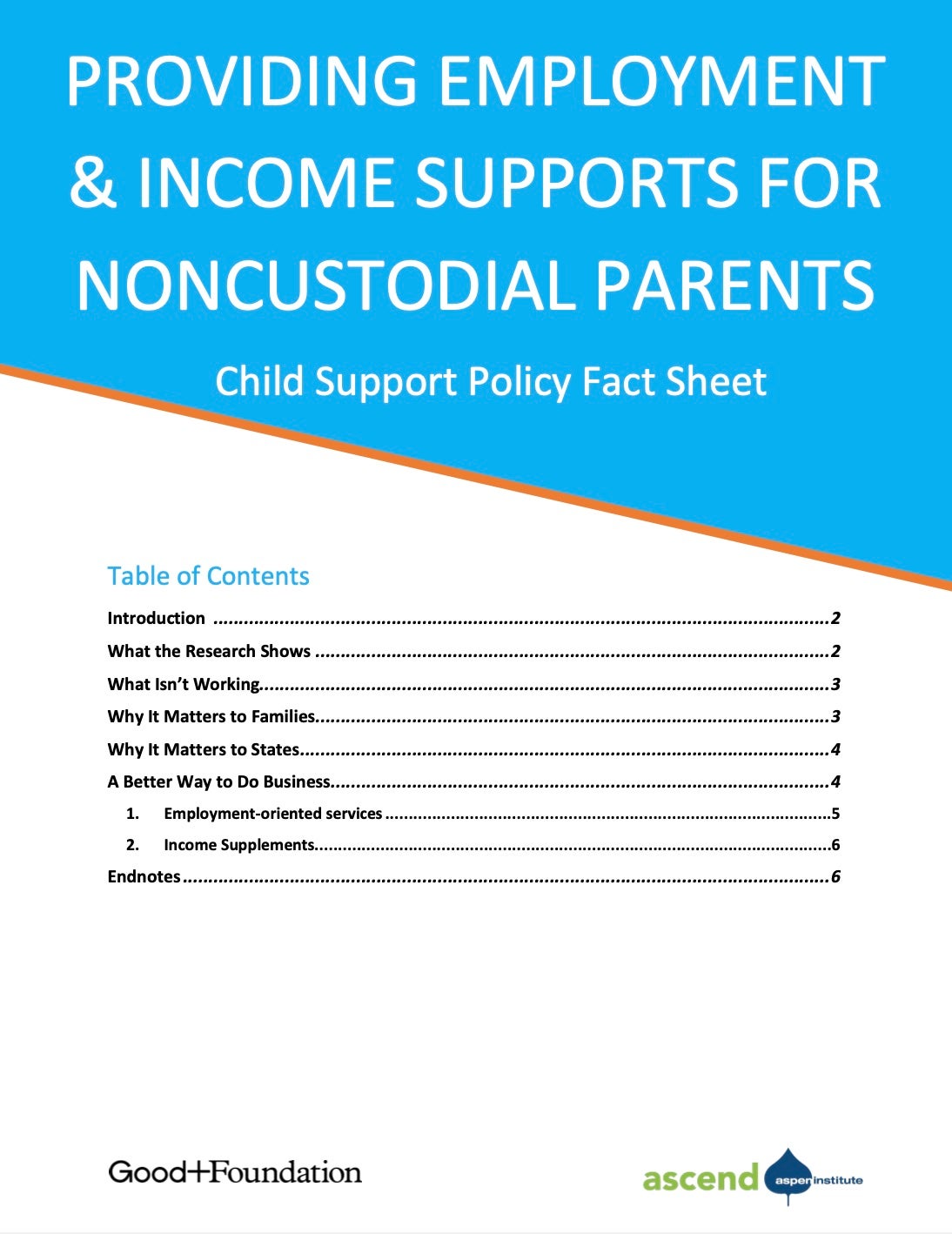
Providing Employment and Income Supports When Noncustodial Parents Have Barriers to Payment
Read More

Family Success Plan: Family and Workforce Centers of America
Read More
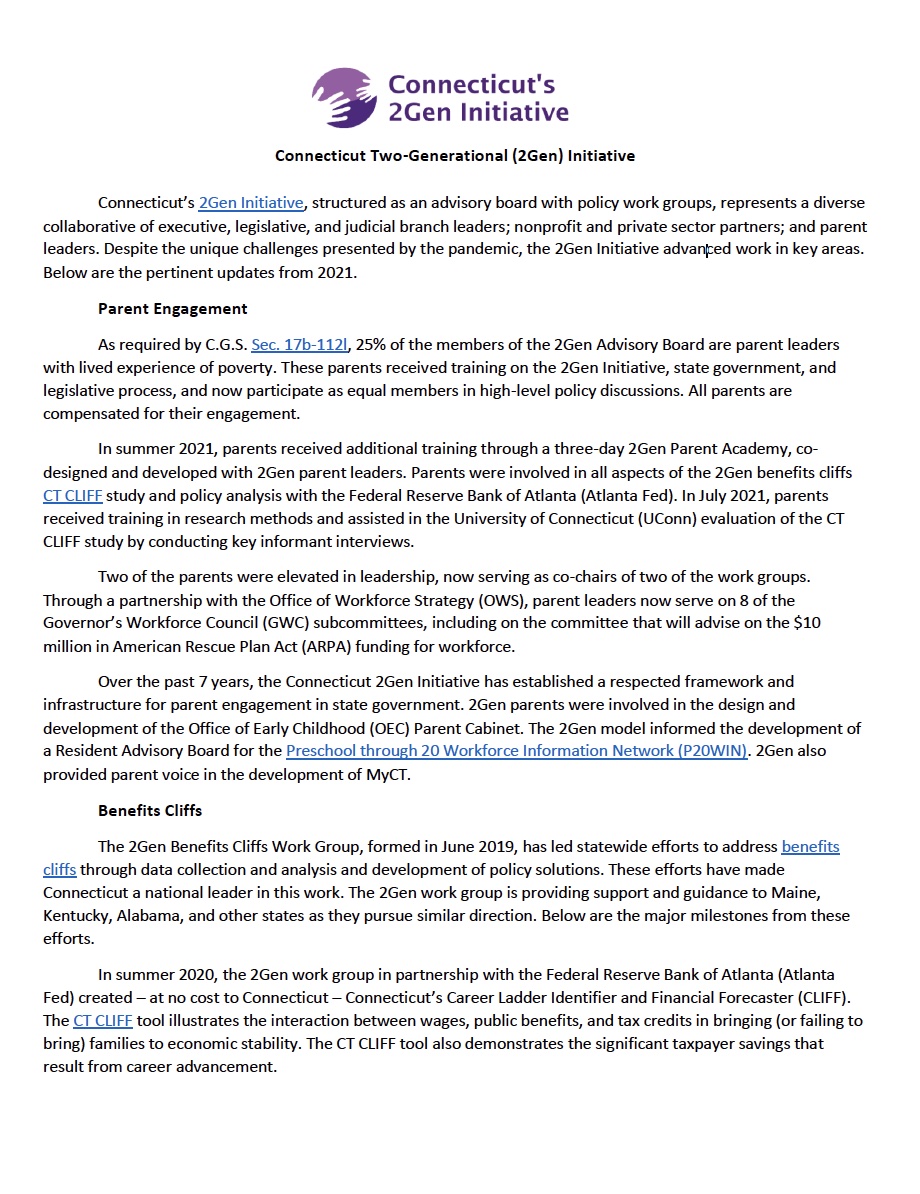
Connecticuts’s Two-Generational (2Gen) Initiative
Read More
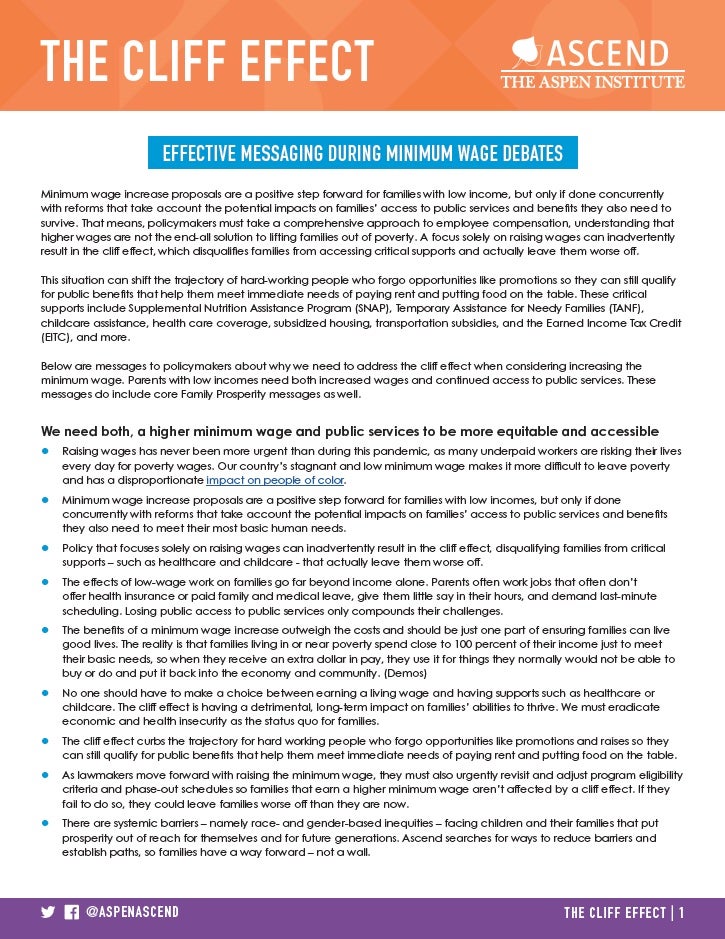
Cliff Effect Messaging Guide
Read More
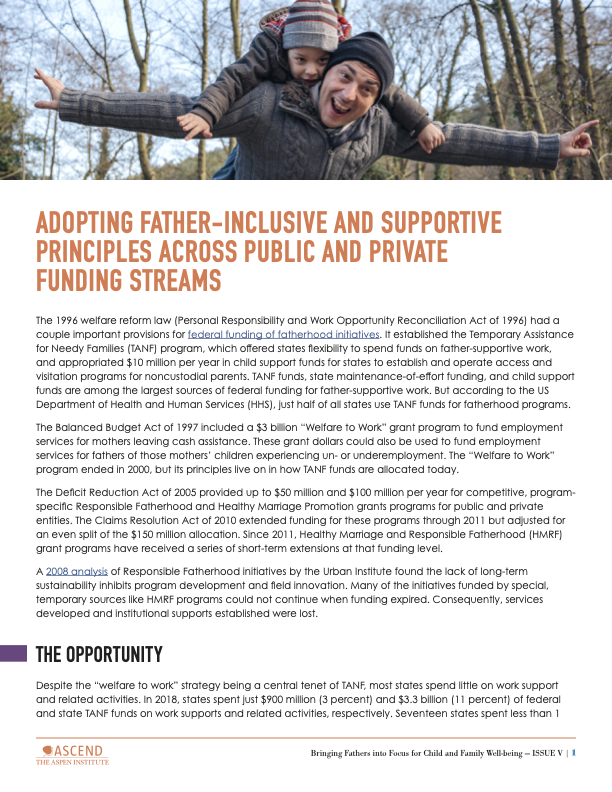
Adopting Father-Inclusive and Supportive Principles Across Public and Private Funding Streams
Read More
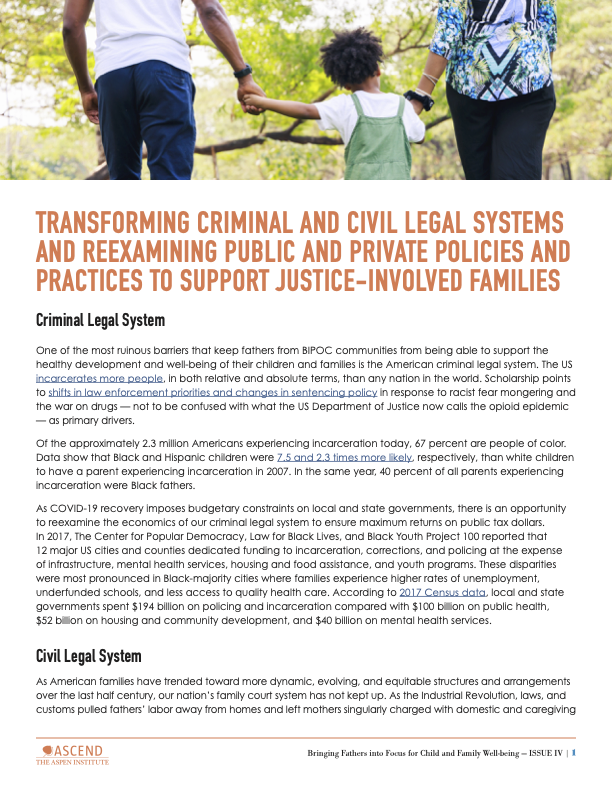
Transforming Criminal and Civil Legal Systems and Reexamining Public and Private Policies and Practices to Support Justice-Involved Families
Read More
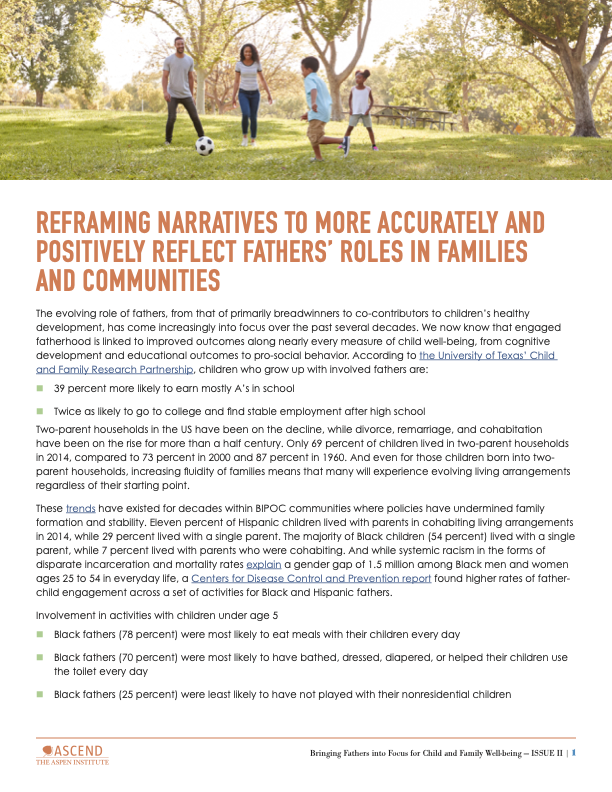
Reframing Narratives to More Accurately and Positively Reflect Fathers’ Roles in Families and Communities
Read More
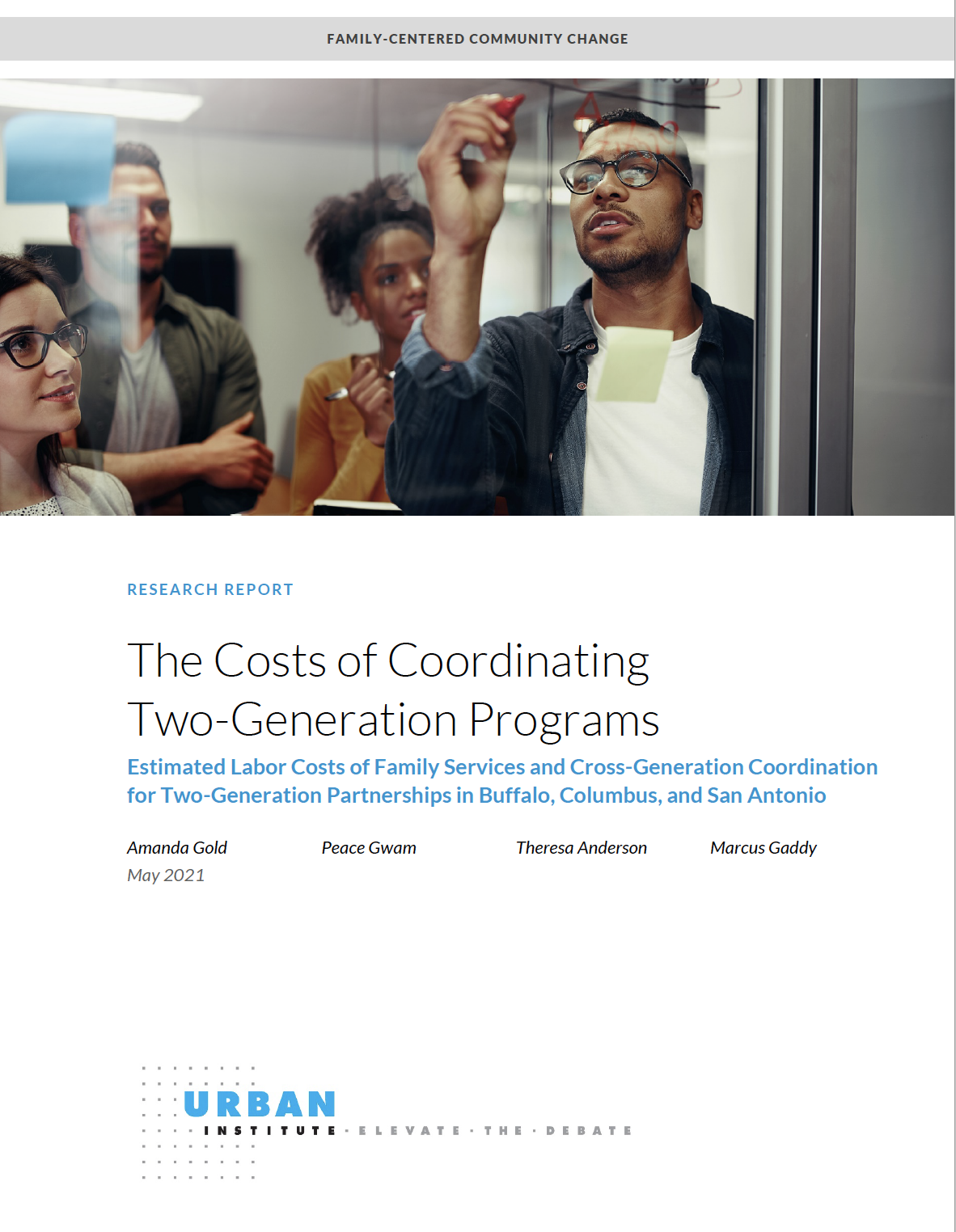
Urban Institute: The Costs of Coordinating Two-Generation Programs
Read More
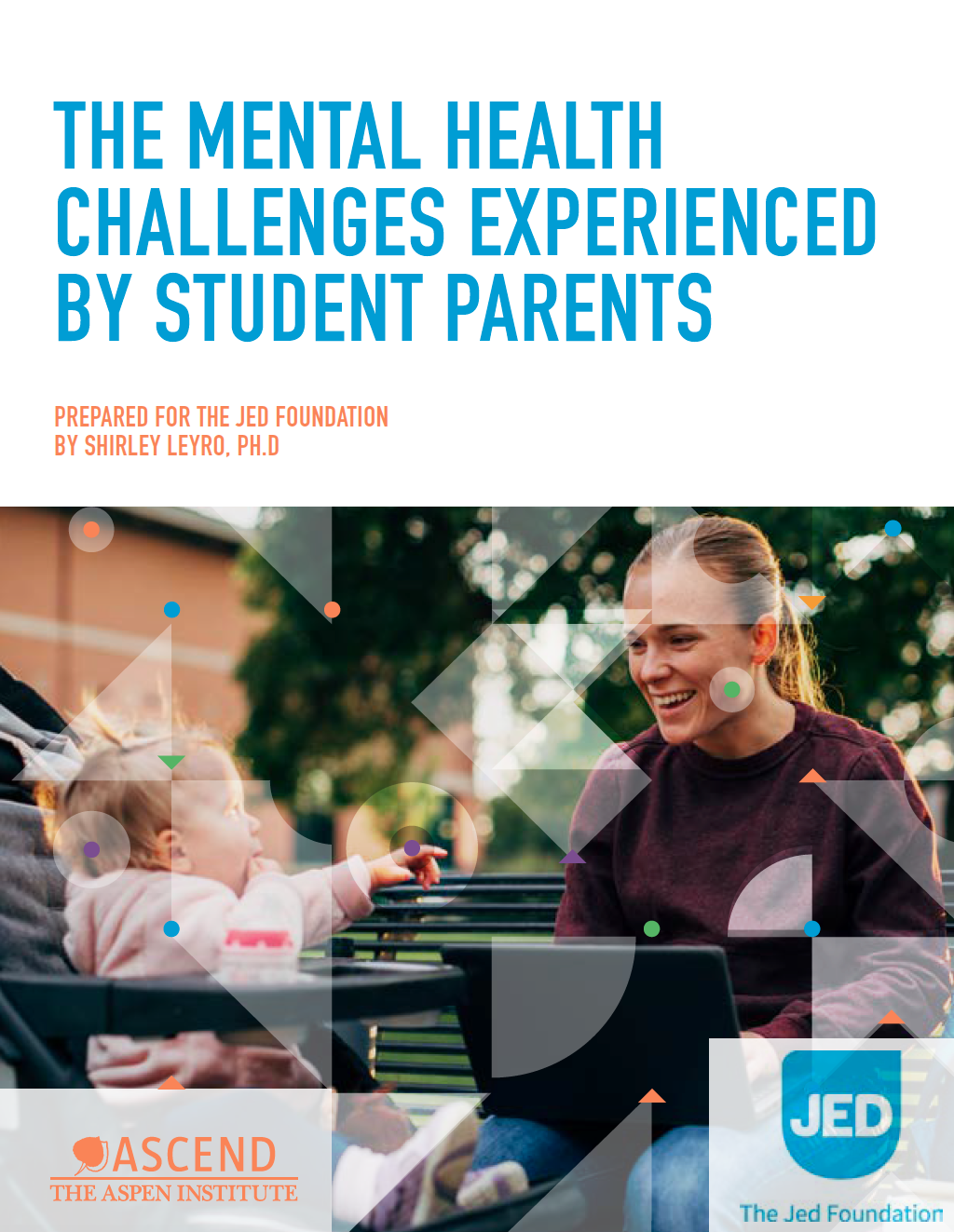
The Mental Health Challenges Experienced by Student Parents
Read More
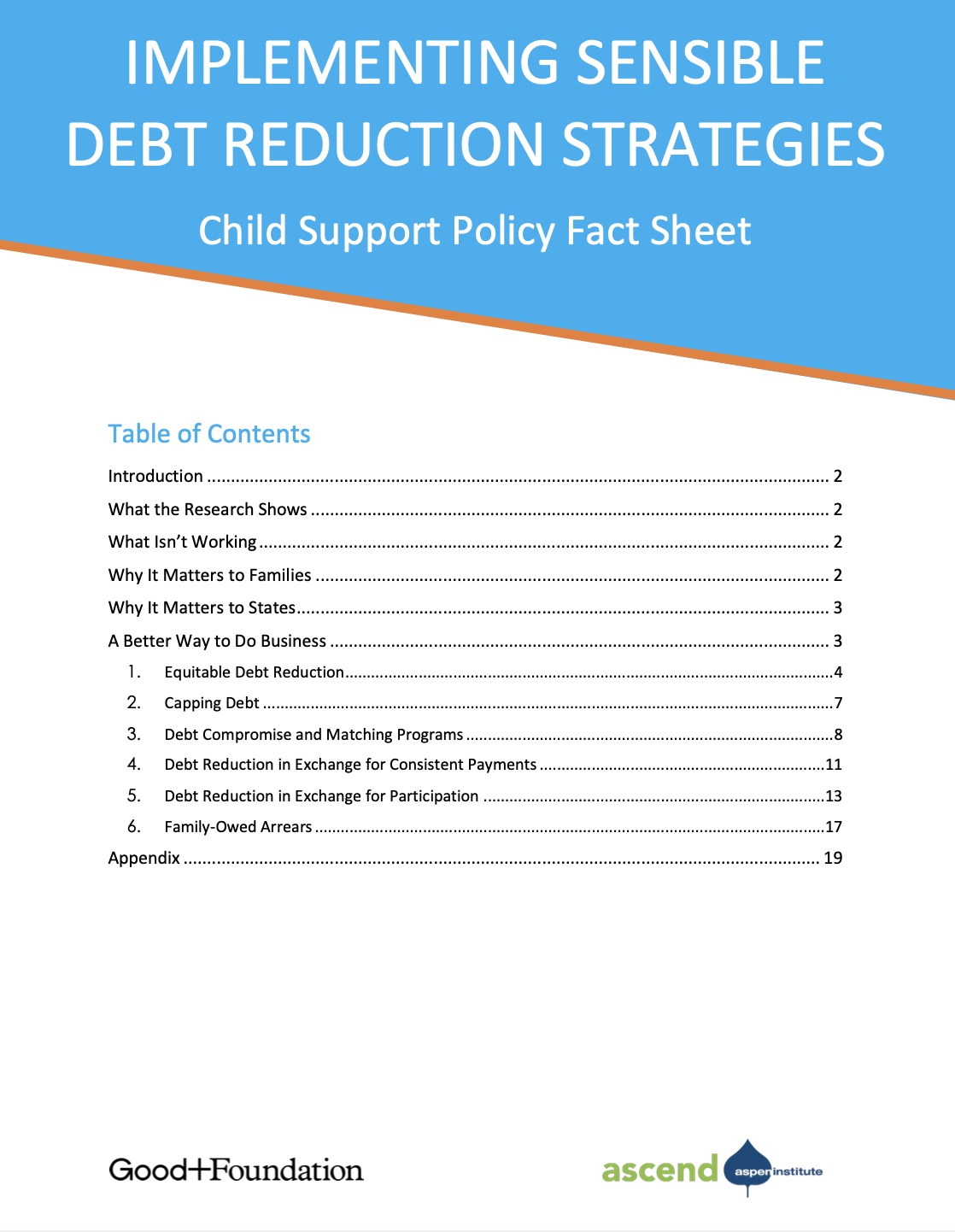
Implementing Sensible Debt Reduction Strategies
Read More
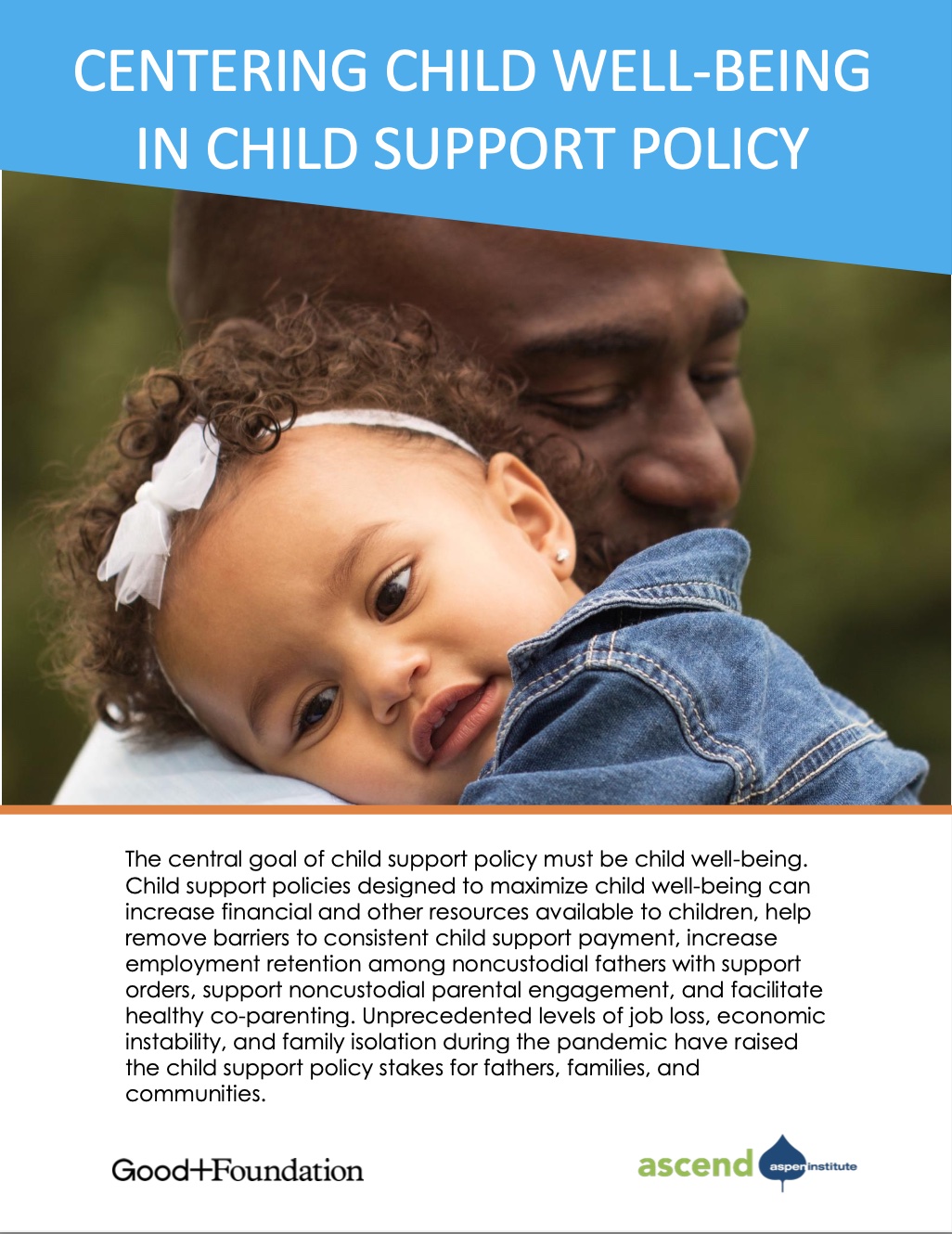
Centering Child Well-Being in Child Support Policy
Read More
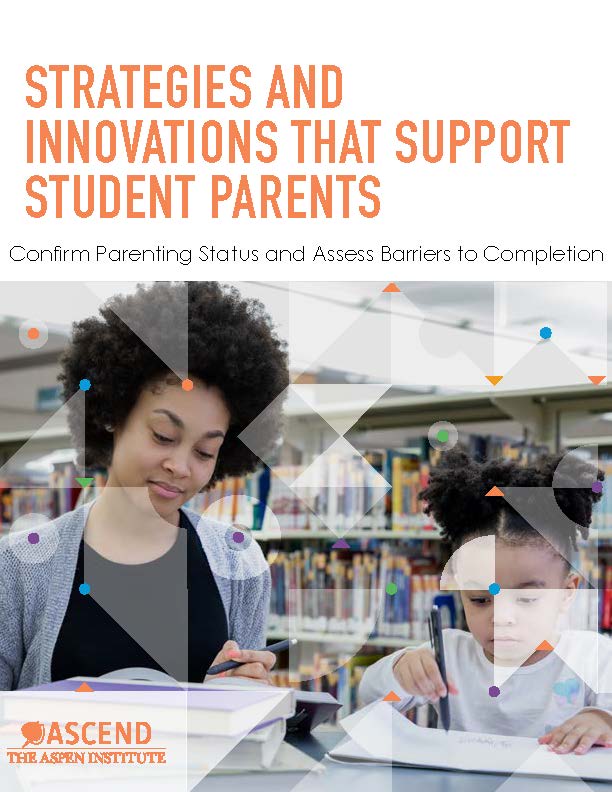
Strategies and Innovations that Support Student Parents: Confirm Parenting Status and Assess Barriers to Completion
Read More
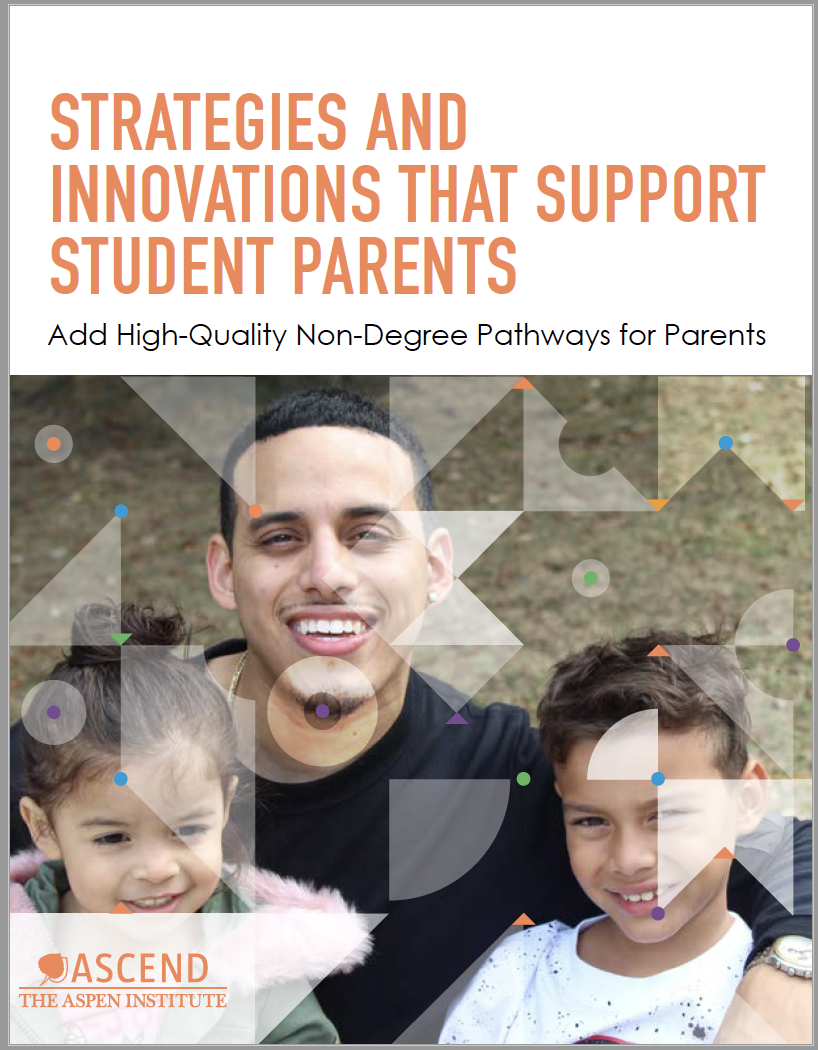
Strategies and Innovations that Support Student Parents: Add High-Quality Non-Degree Pathways for Parents
Read More
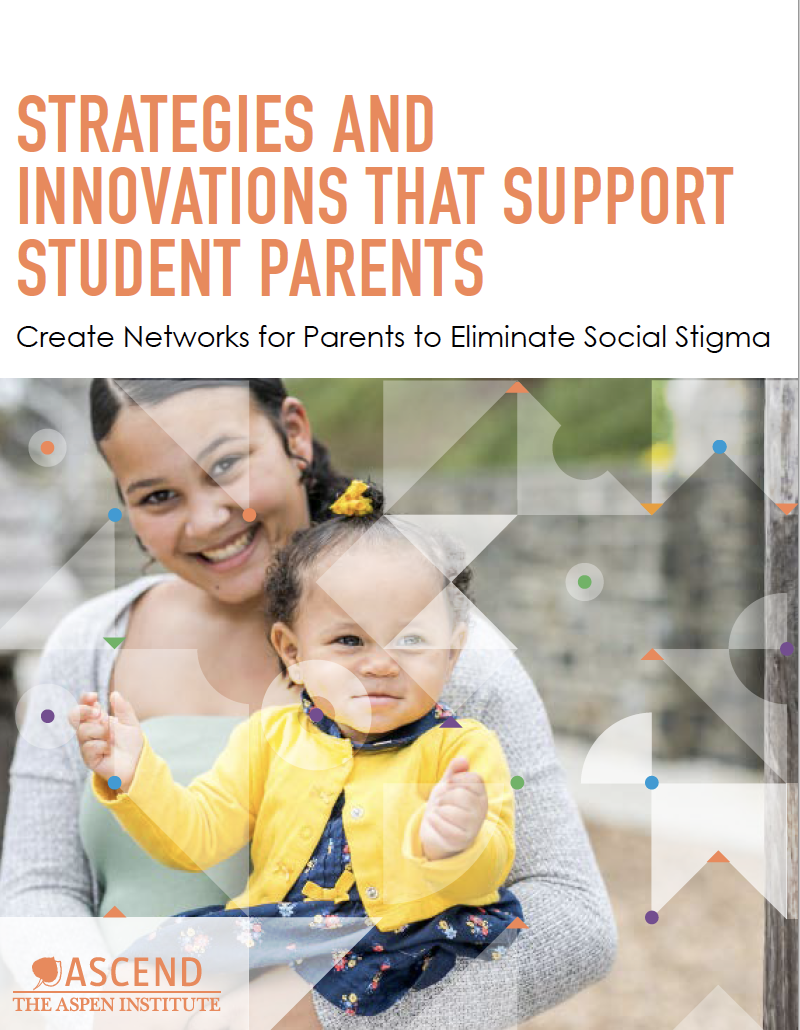
Strategies and Innovations that Support Student Parents: Create Networks for Parents to Eliminate Social Stigma
Read More
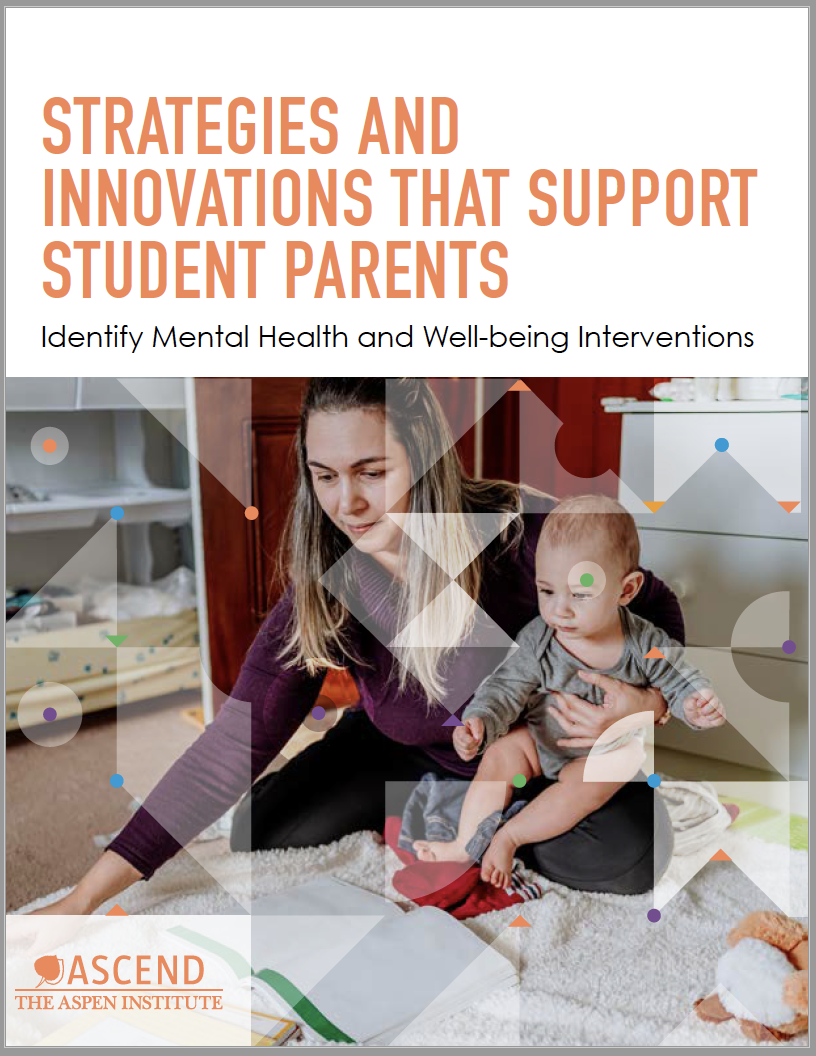
Strategies and Innovations that Support Student Parents: Identify Mental Health and Well-being Interventions
Read More
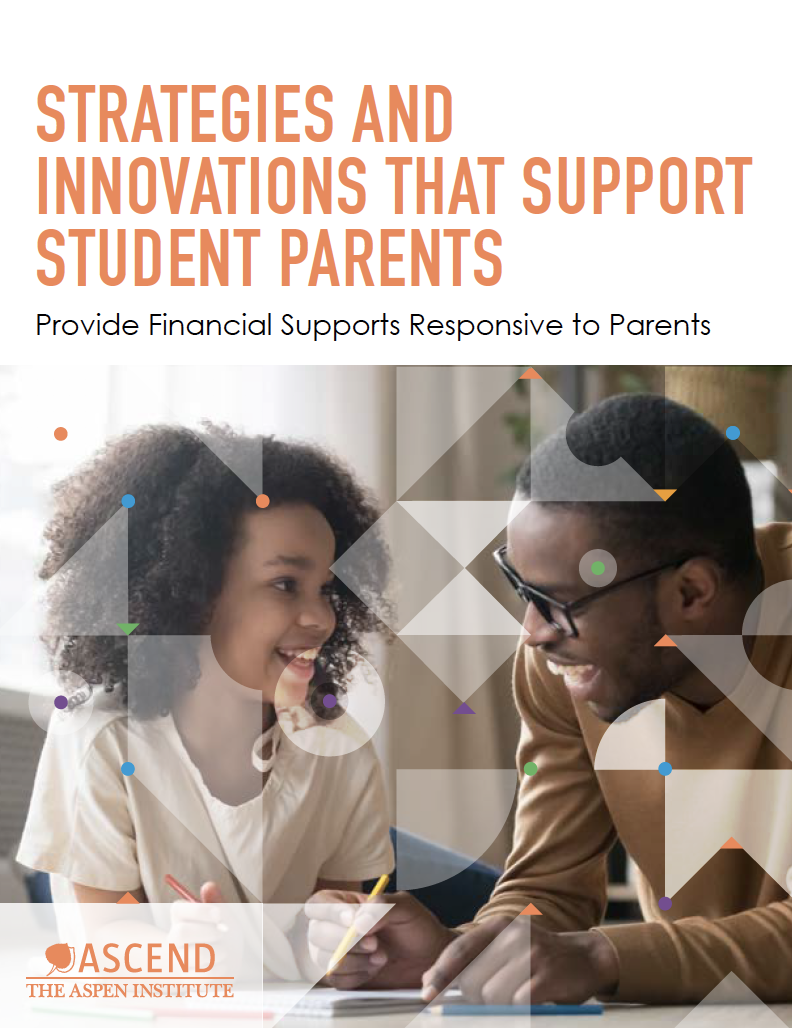
Strategies and Innovations that Support Student Parents: Provide Financial Supports Responsive to Parents
Read More
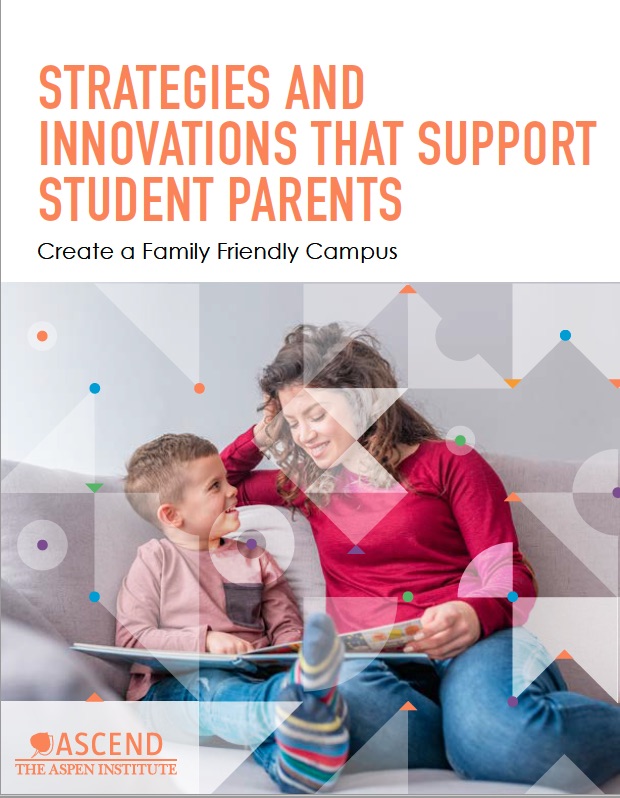
Strategies and Innovations that Support Student Parents: Create a Family Friendly Campus
Read More

Strategies and Innovations that Support Student Parents: Leverage State and Federal Policy Opportunities
Read More
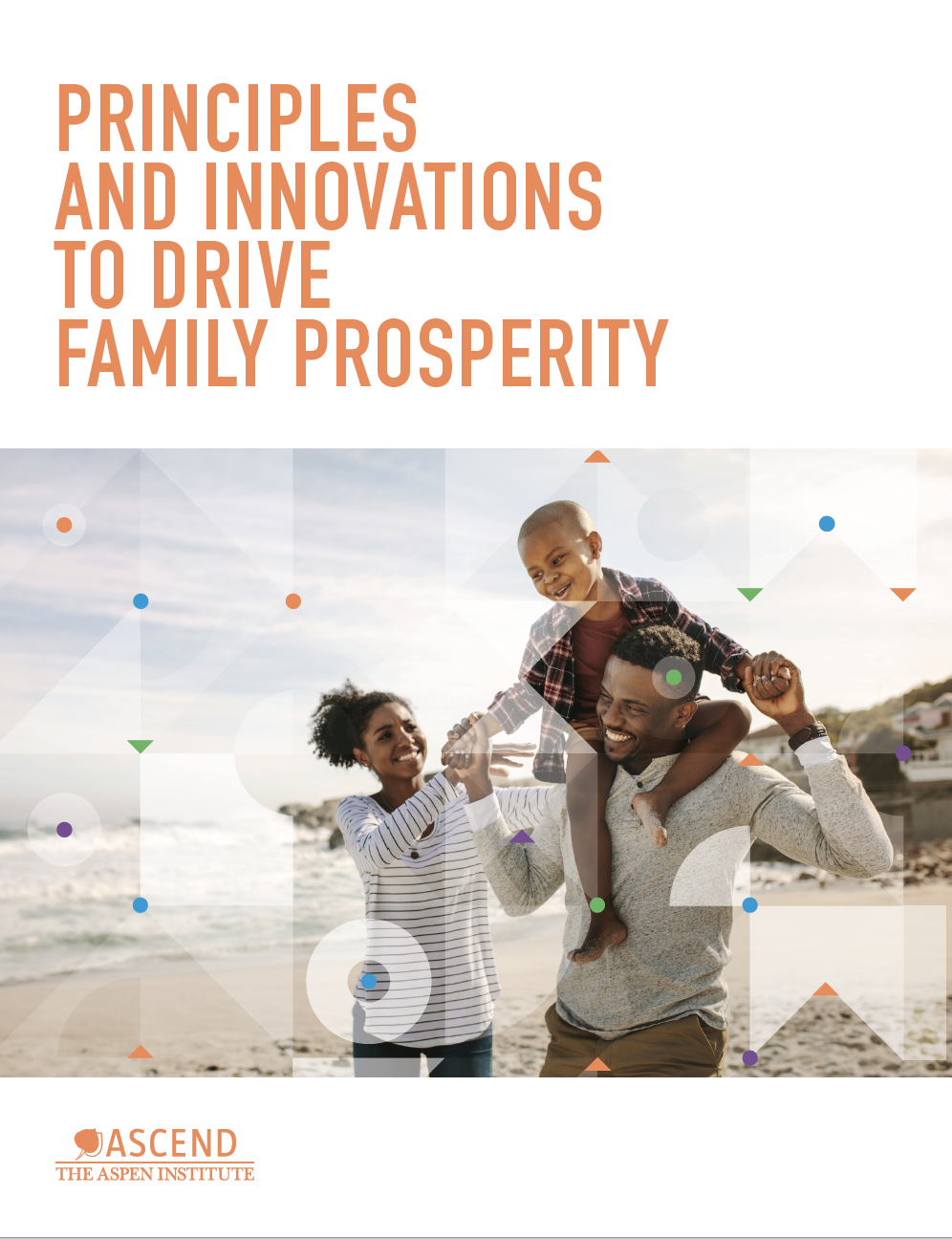
Principles and Innovations to Drive Family Prosperity
Read More
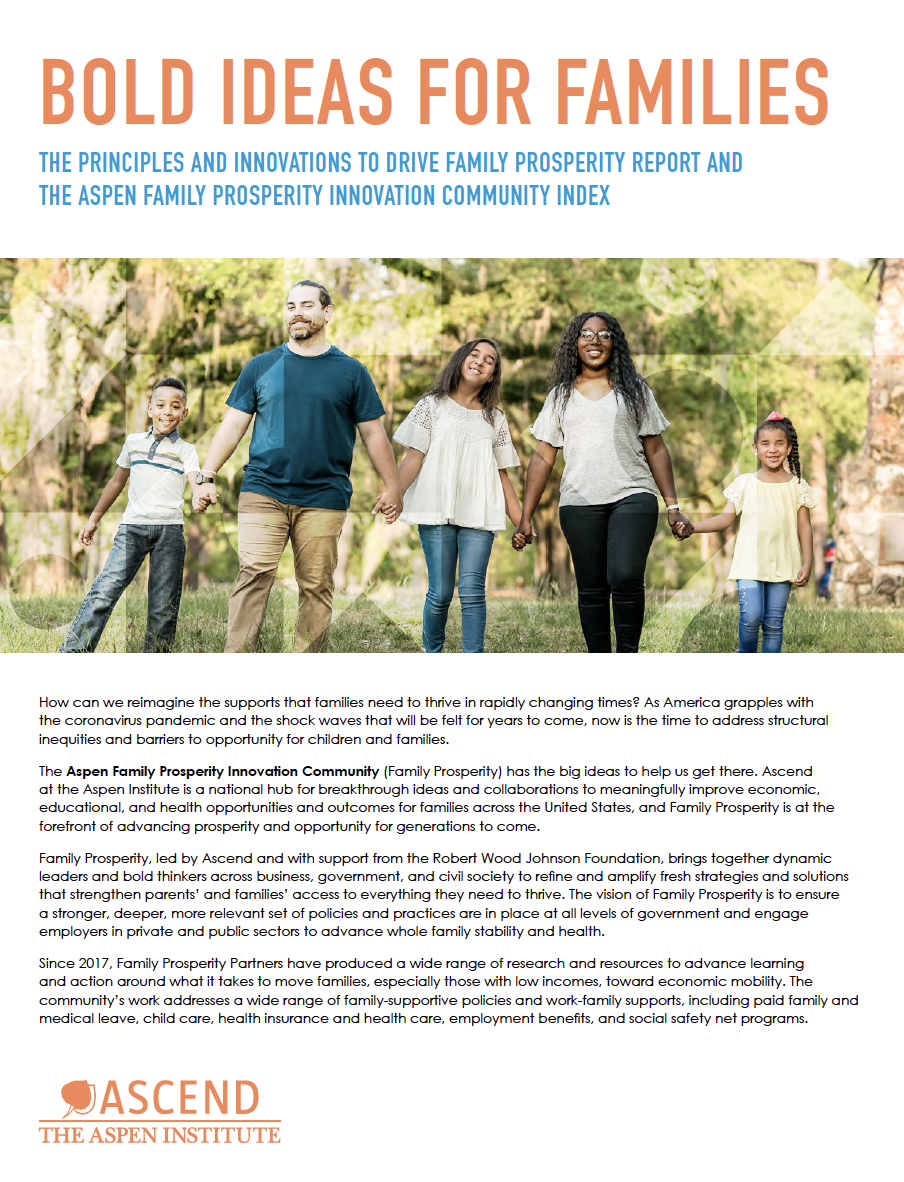
Bold Ideas for Families
Read More
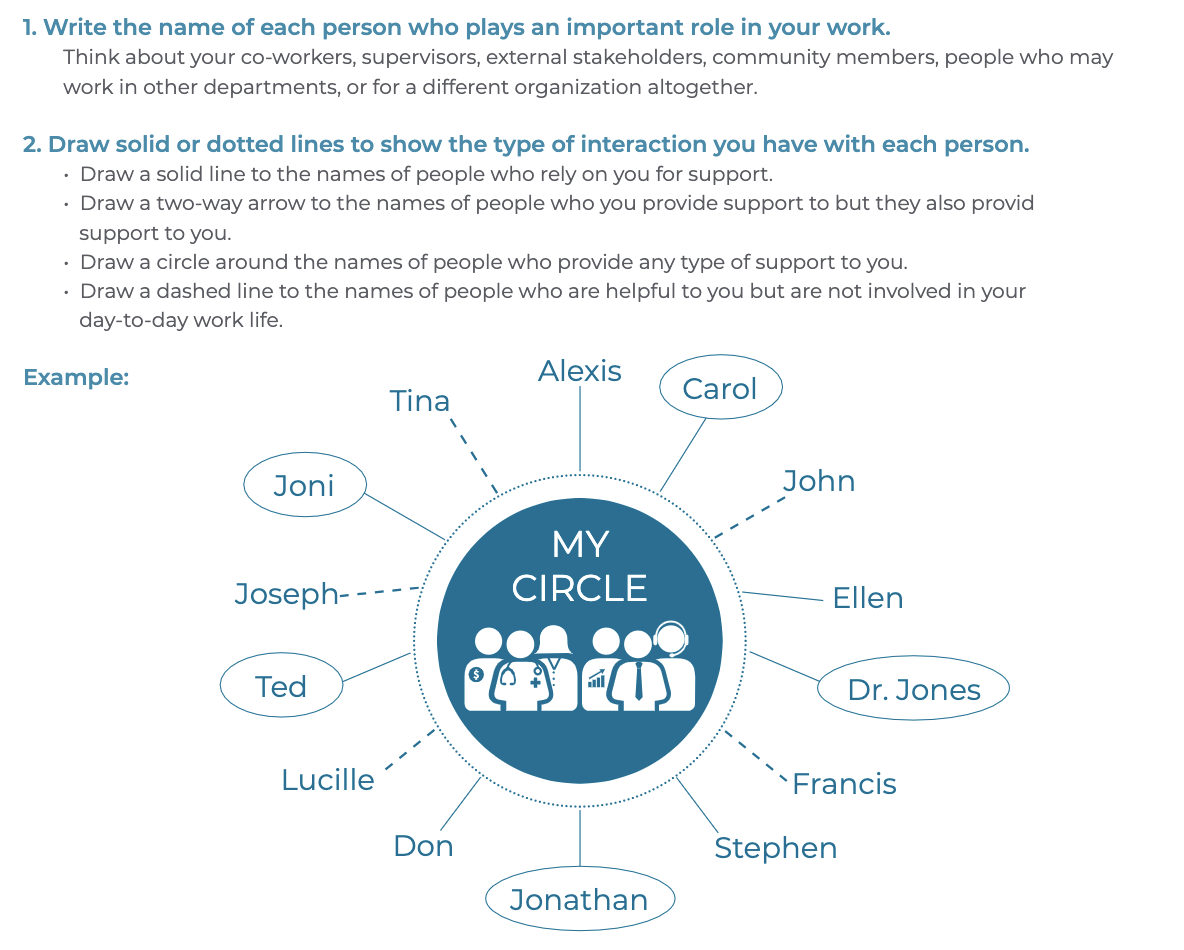
Tool: Who Is In My Circle?
Read More
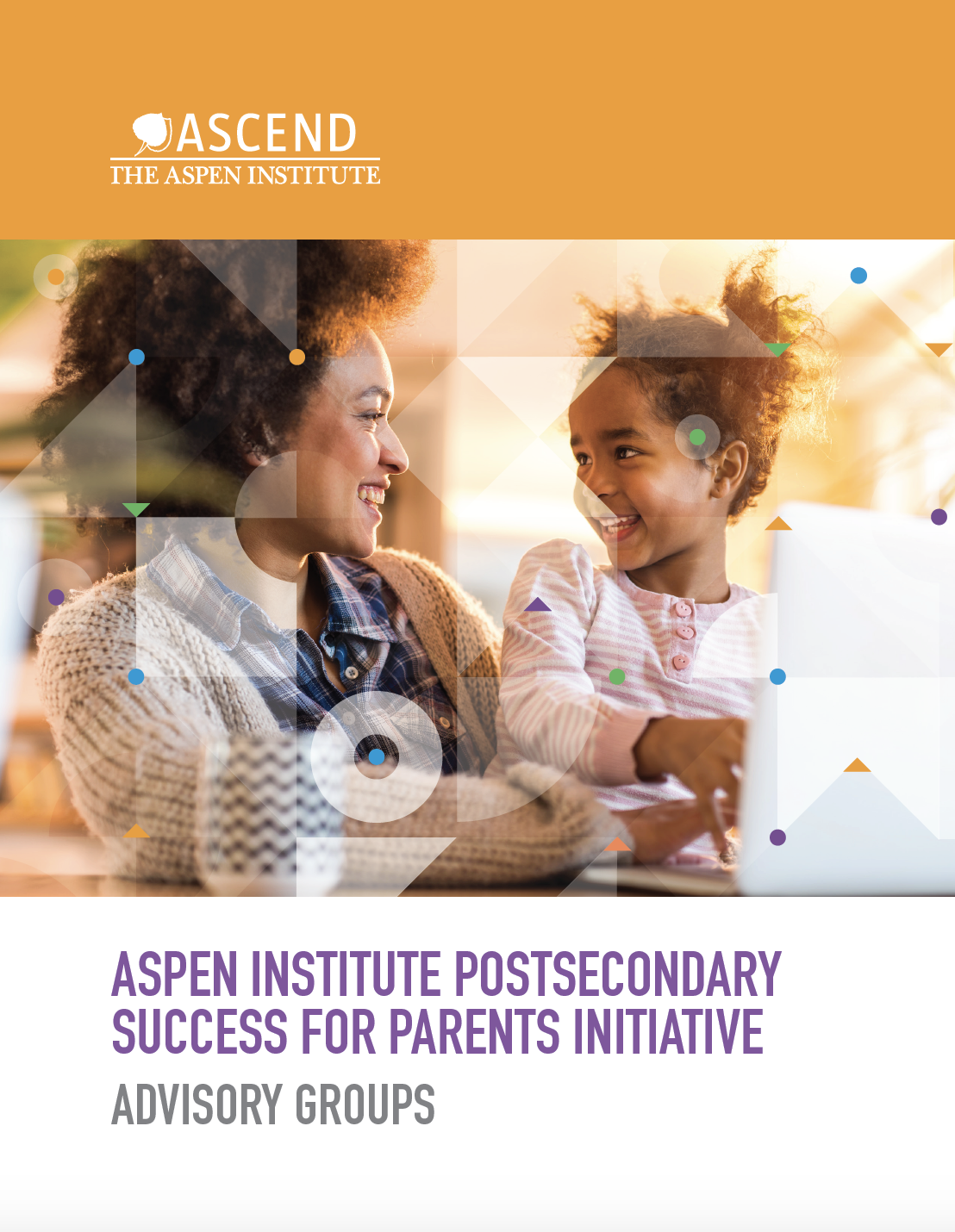
Aspen Institute Postsecondary Success for Parents Initiative: Advisory Groups
Read More
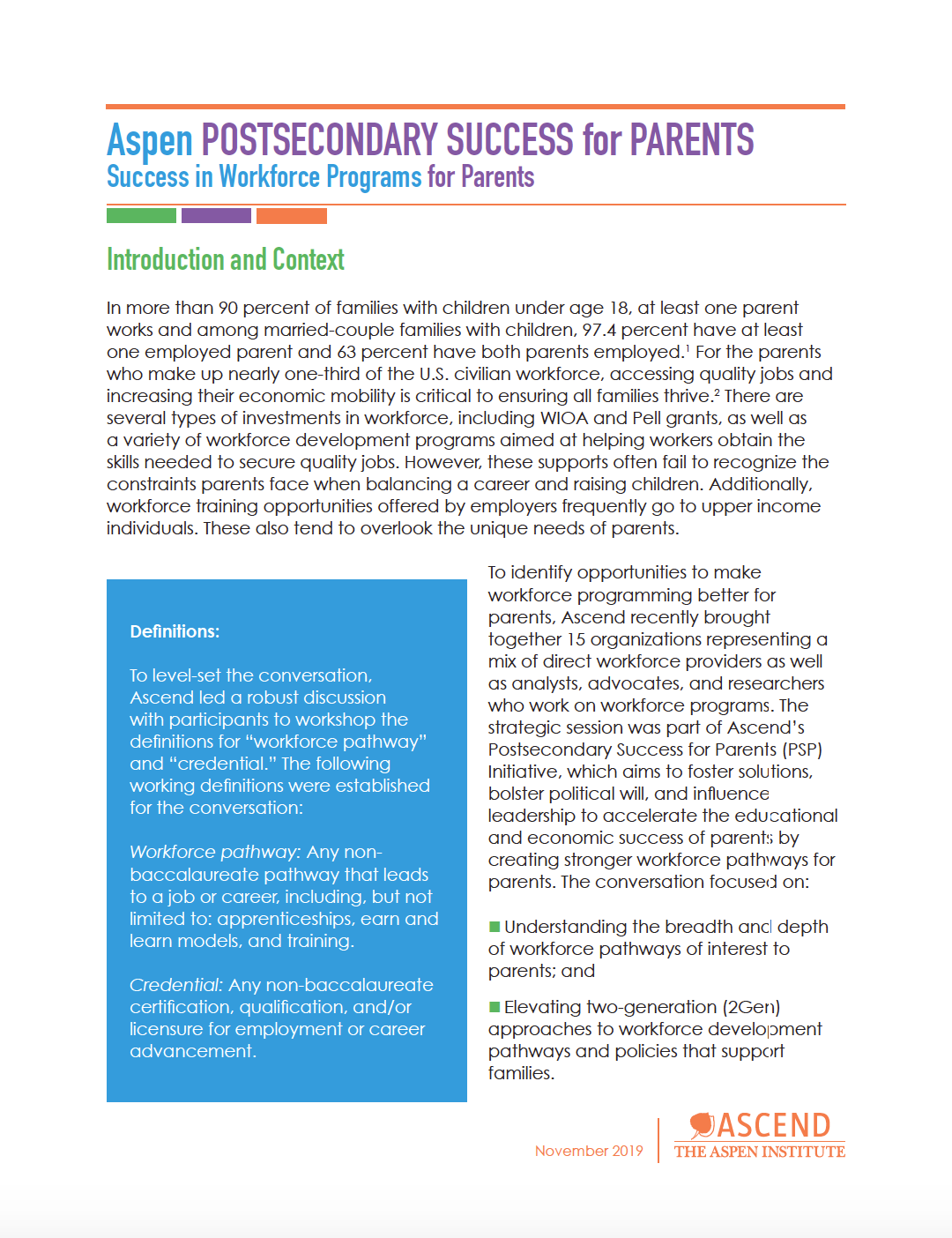
Aspen Postsecondary Success for Parents: Success in Workforce Programs for Parents
Read More
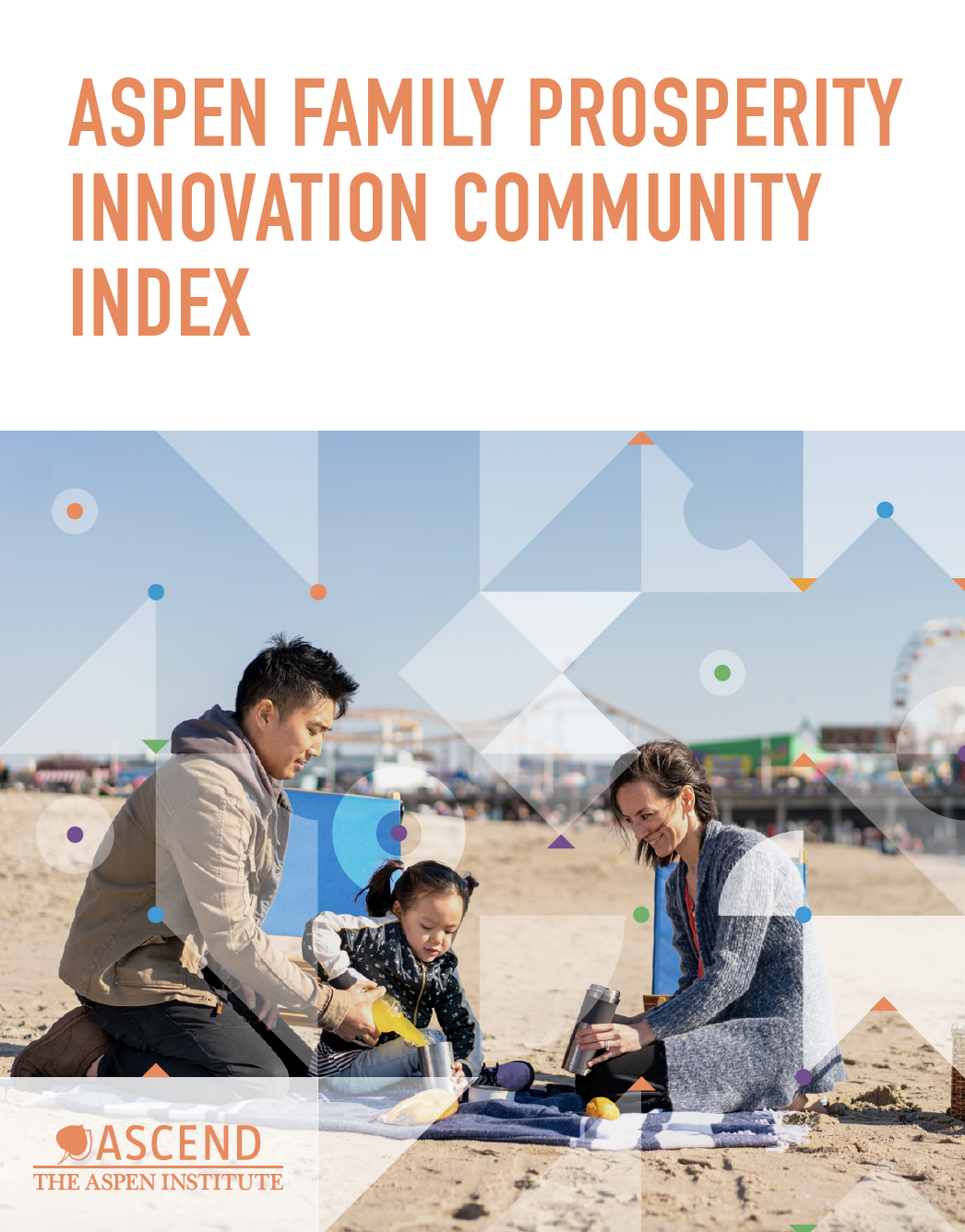
Family Prosperity Innovation Community Index
Read More
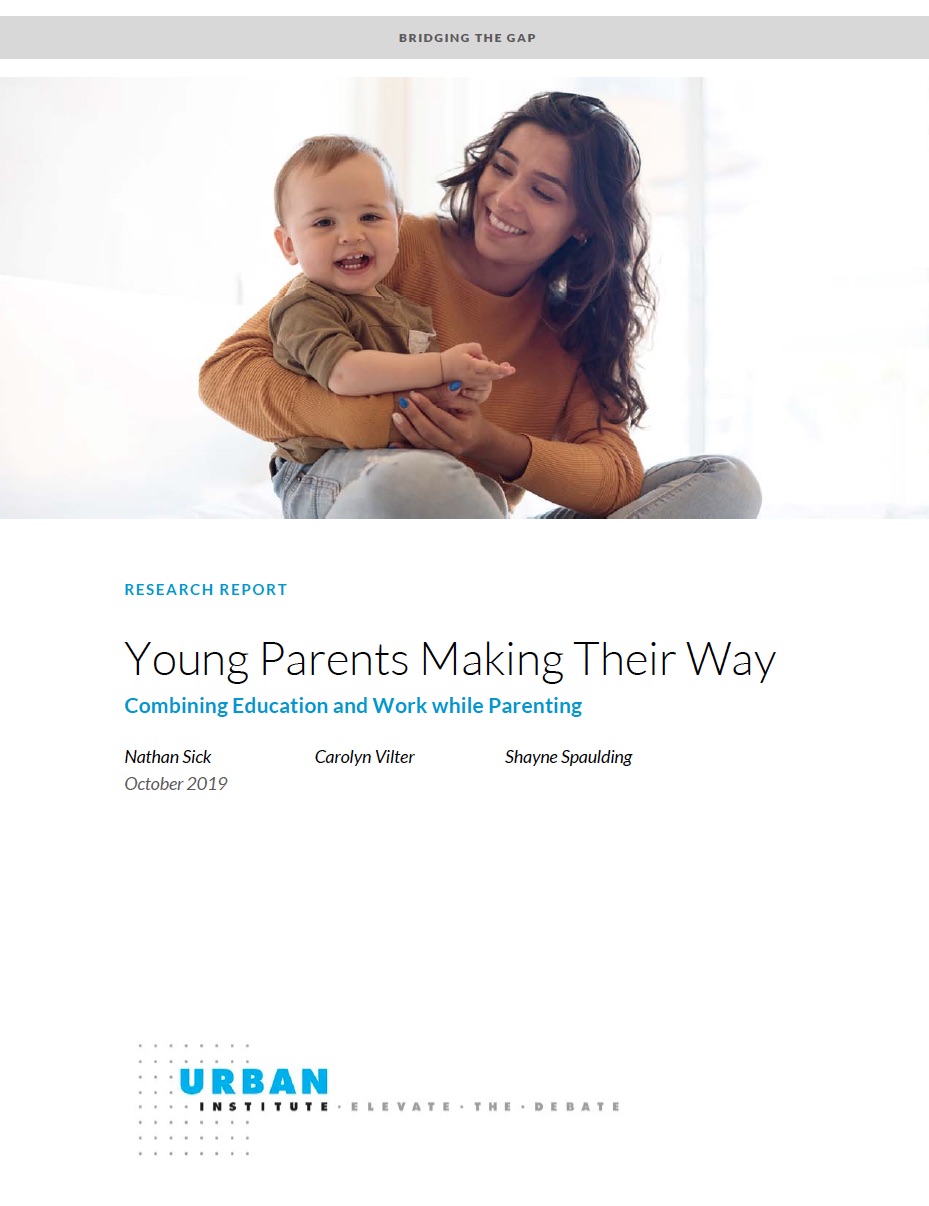
Young Parents Making Their Way: Combining Education and Work while Parenting
Read More
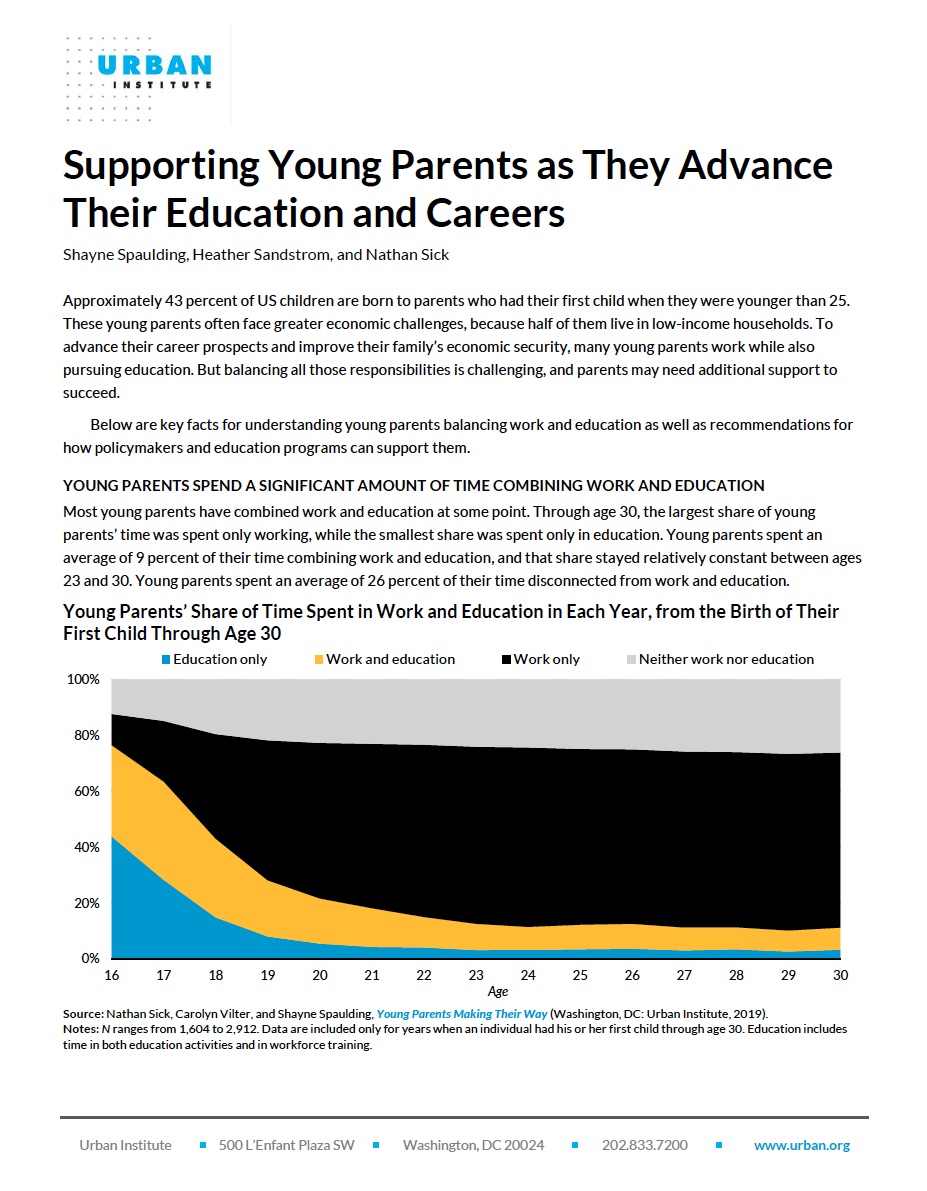
Supporting Young Parents as They Advance Their Education and Careers
Read More
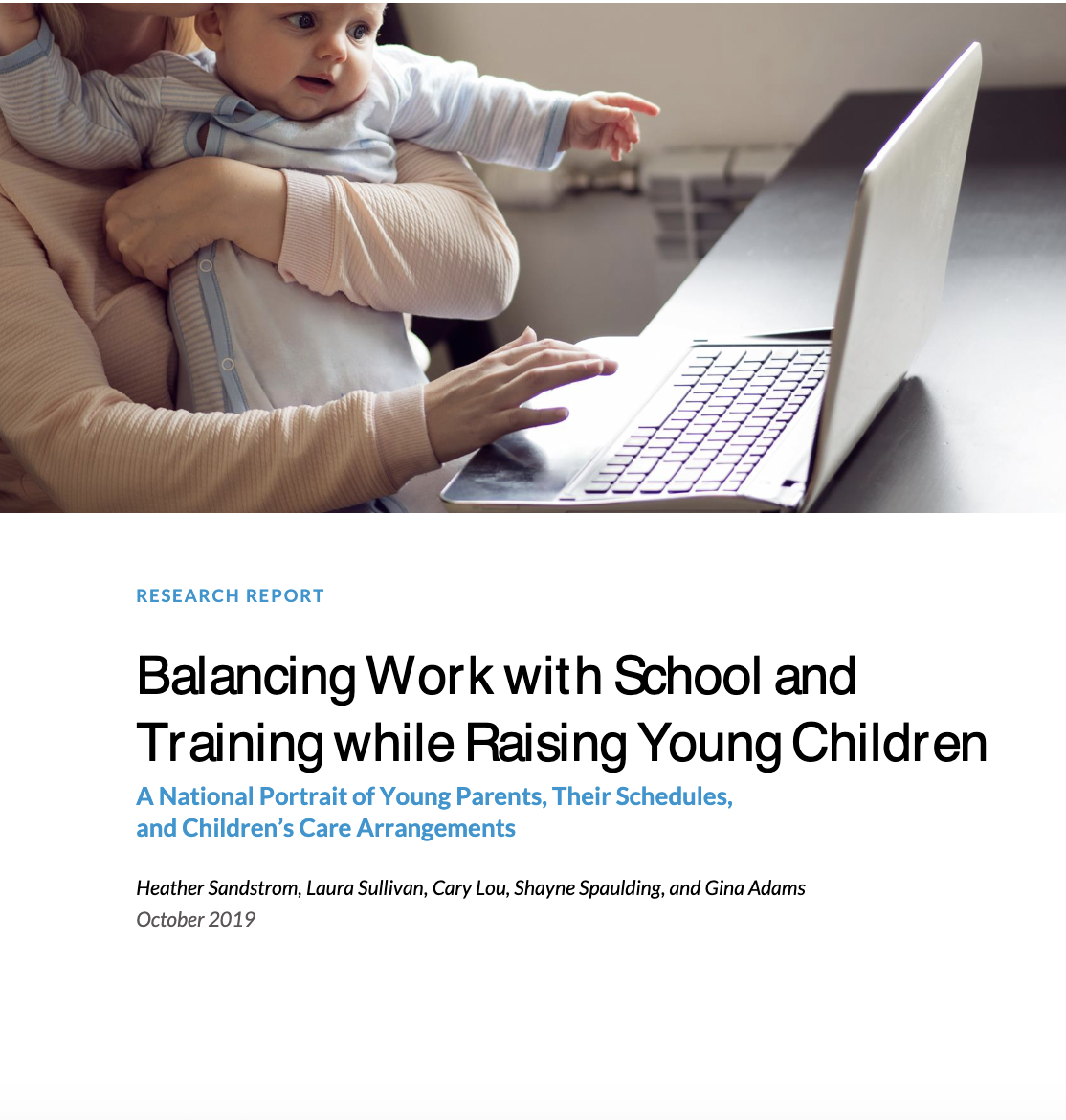
Balancing Work with School and Training while Raising Young Children: A National Portrait of Young Parents, Their Schedules, and Children’s Care Arrangements
Read More
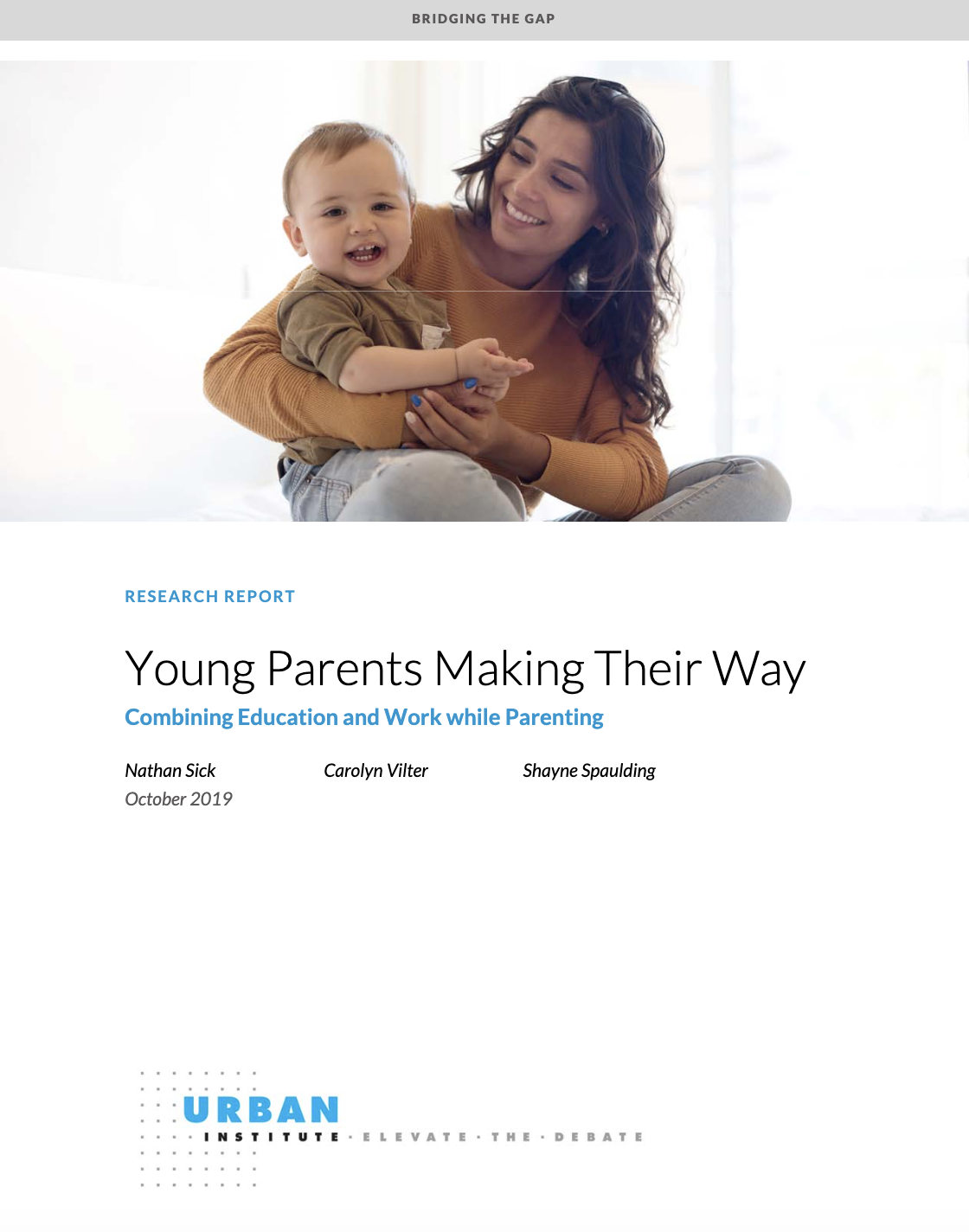
Young Parents Making their Way: Combining Education and Work while Parenting
Read More
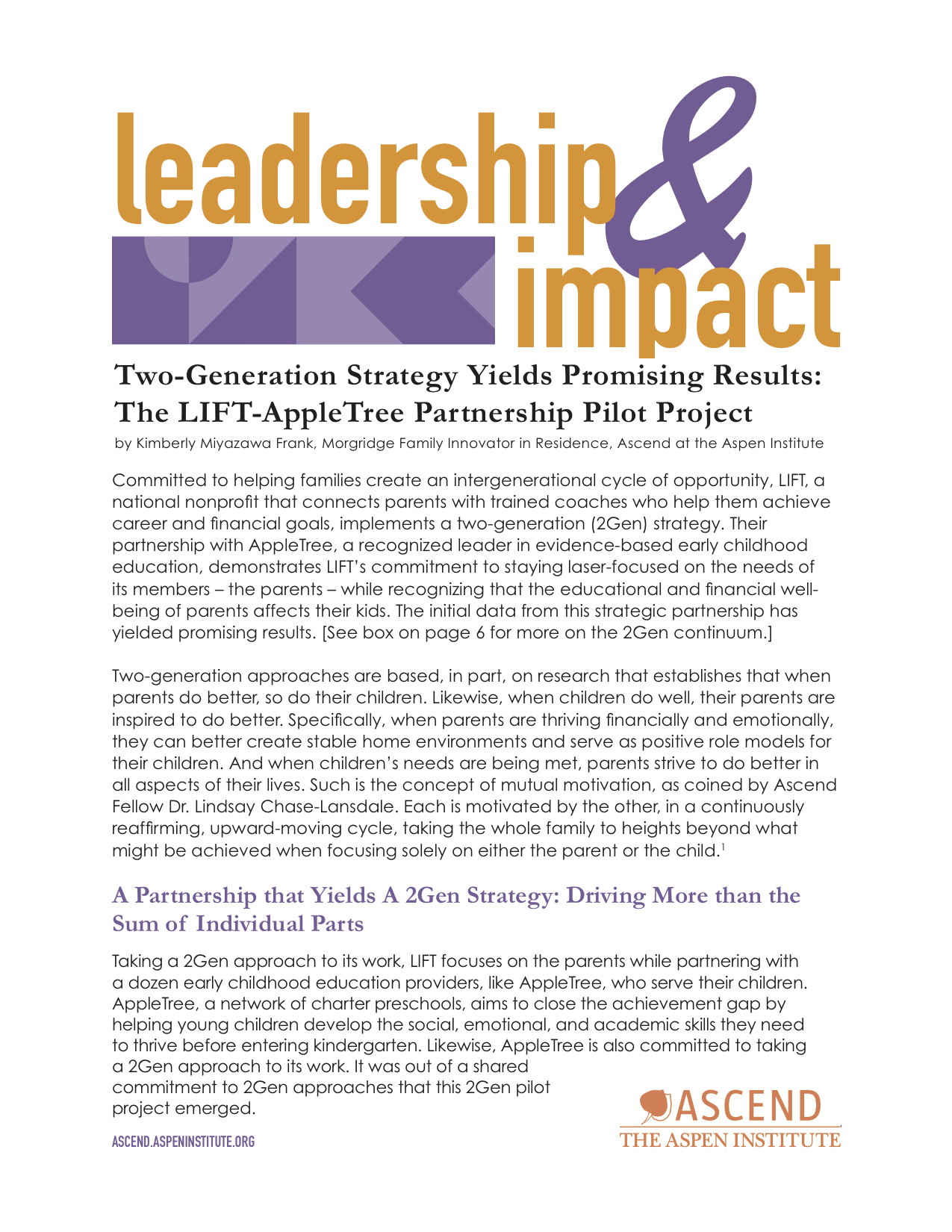
Two-Generation Strategy Yields Promising Results: The LIFT-AppleTree Partnership Pilot Project
Read More
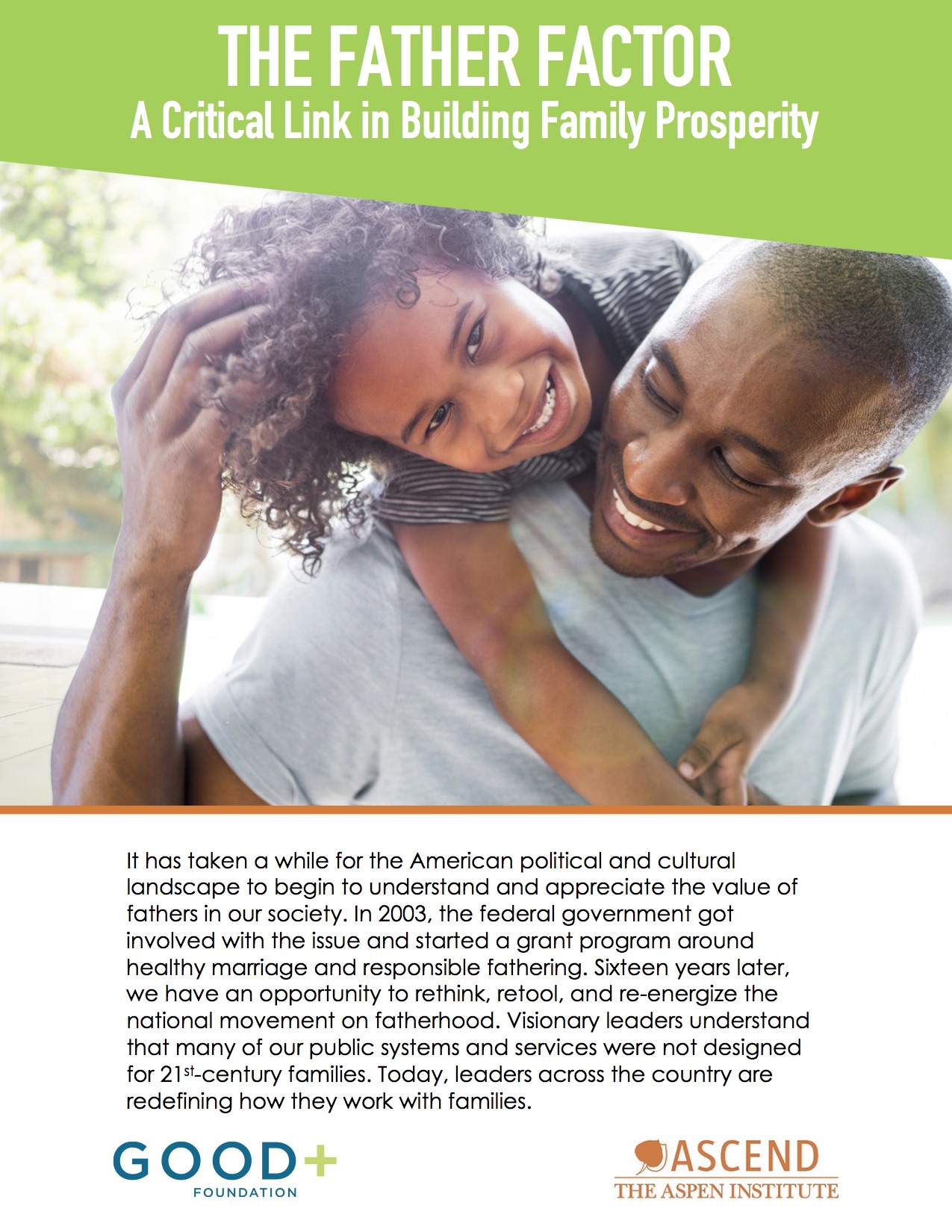
The Father Factor: A Critical Link In Building Family Prosperity
Read More
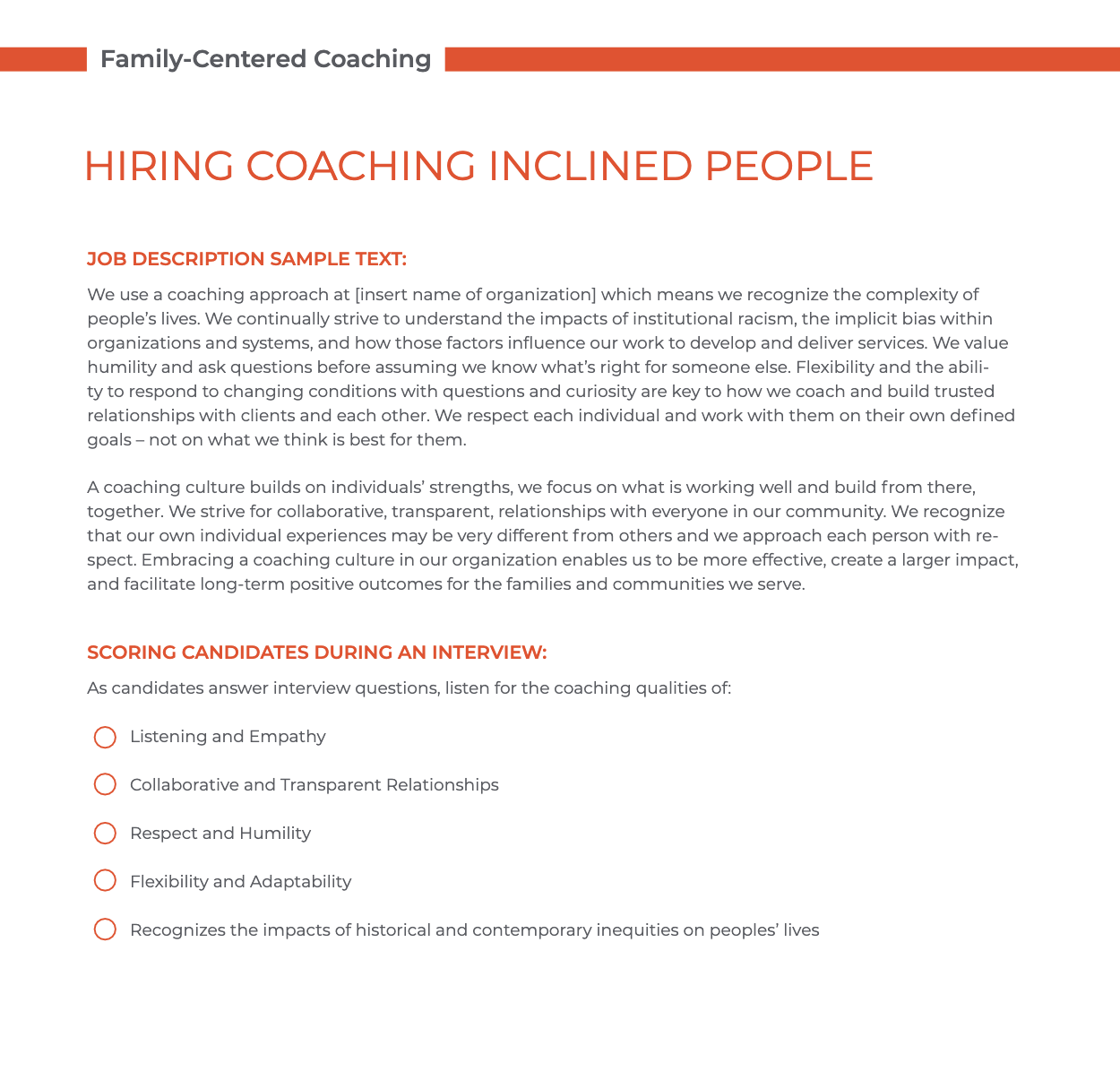
Tool: Hiring Coaching-Inclined People
Read More
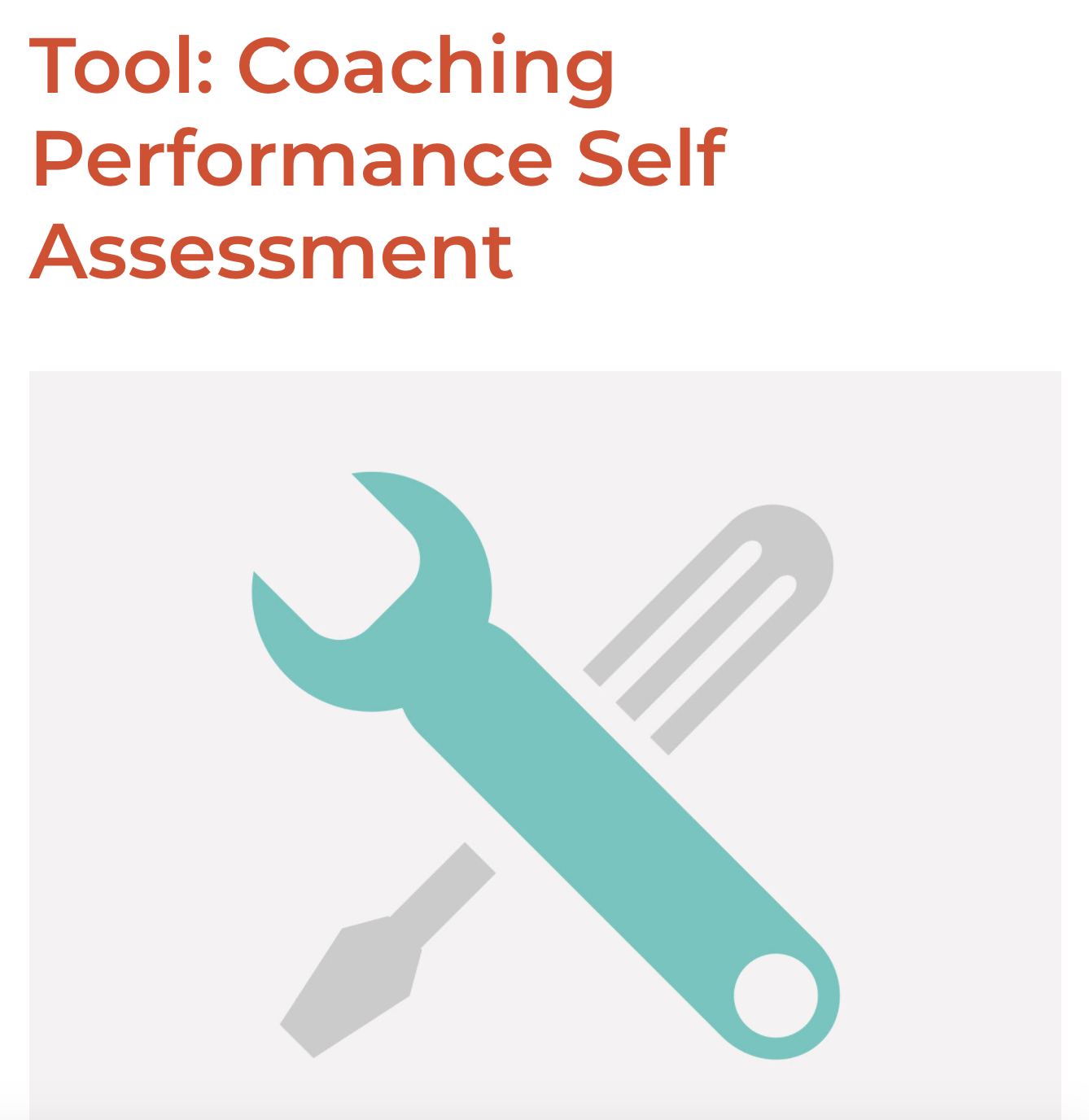
Tool: Coaching Performance Self Assessment
Read More
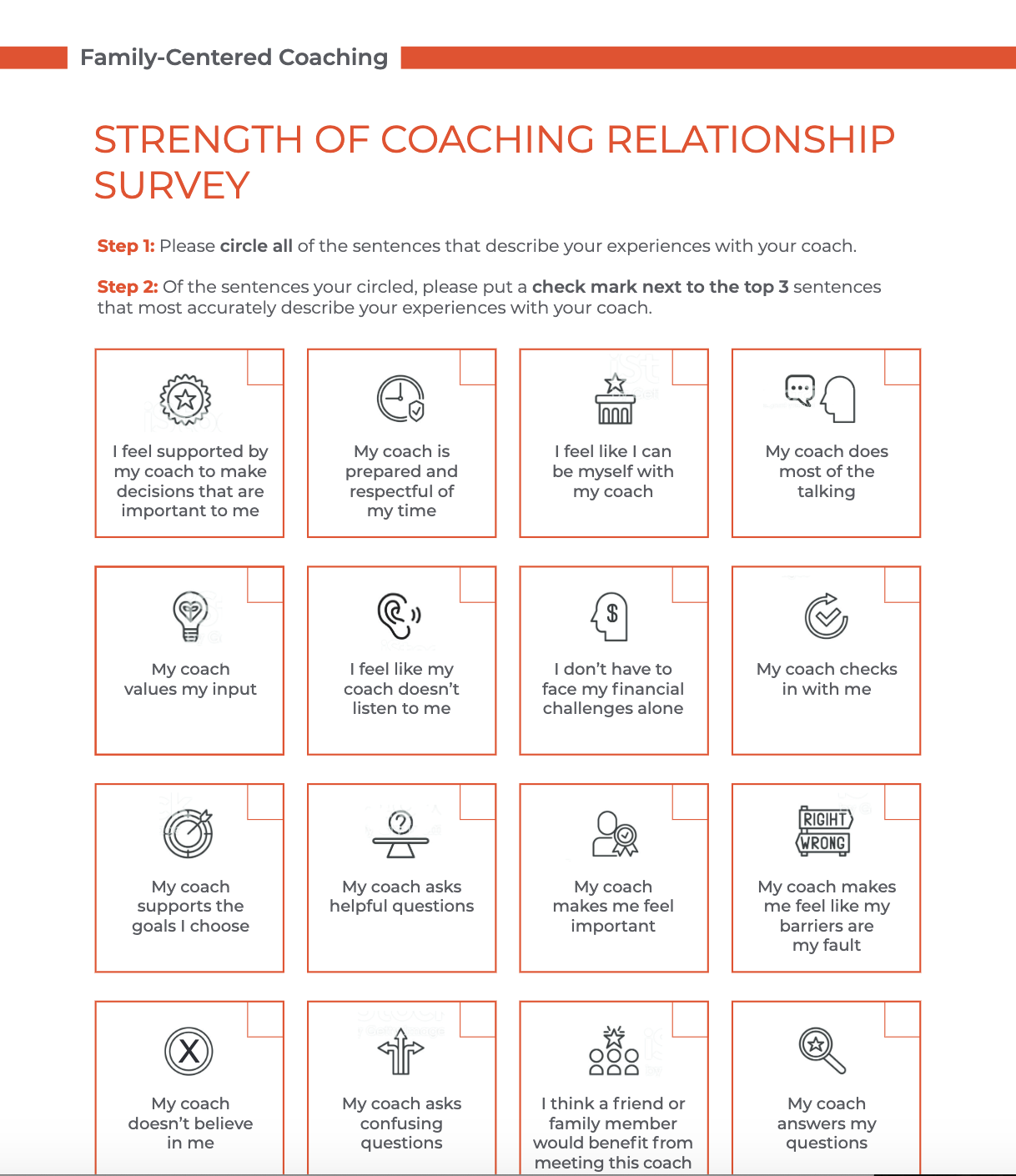
Tool: Strength of Coaching Relationship Survey
Read More
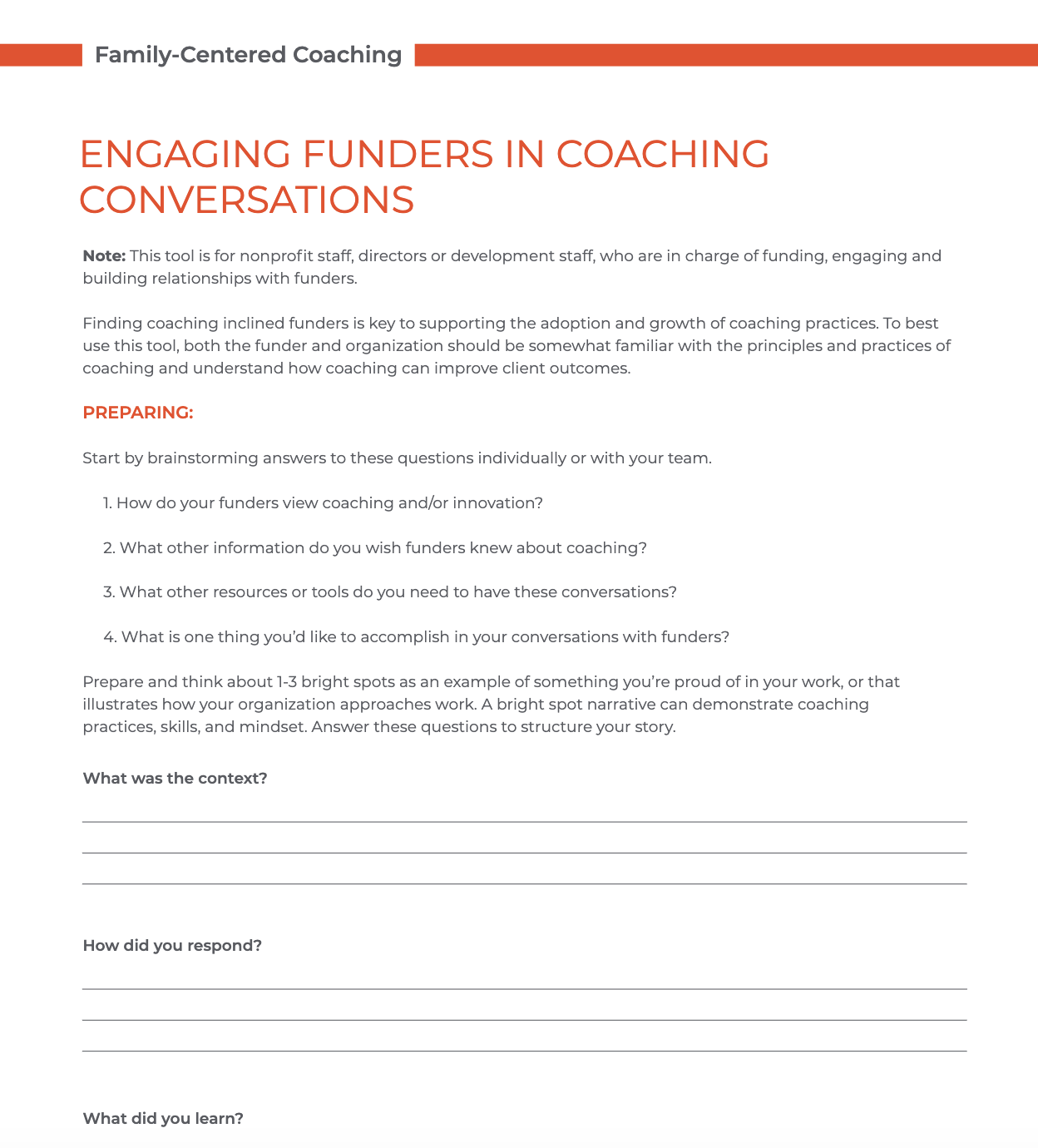
Tool: Finding Coaching-Inclined Funders
Read More
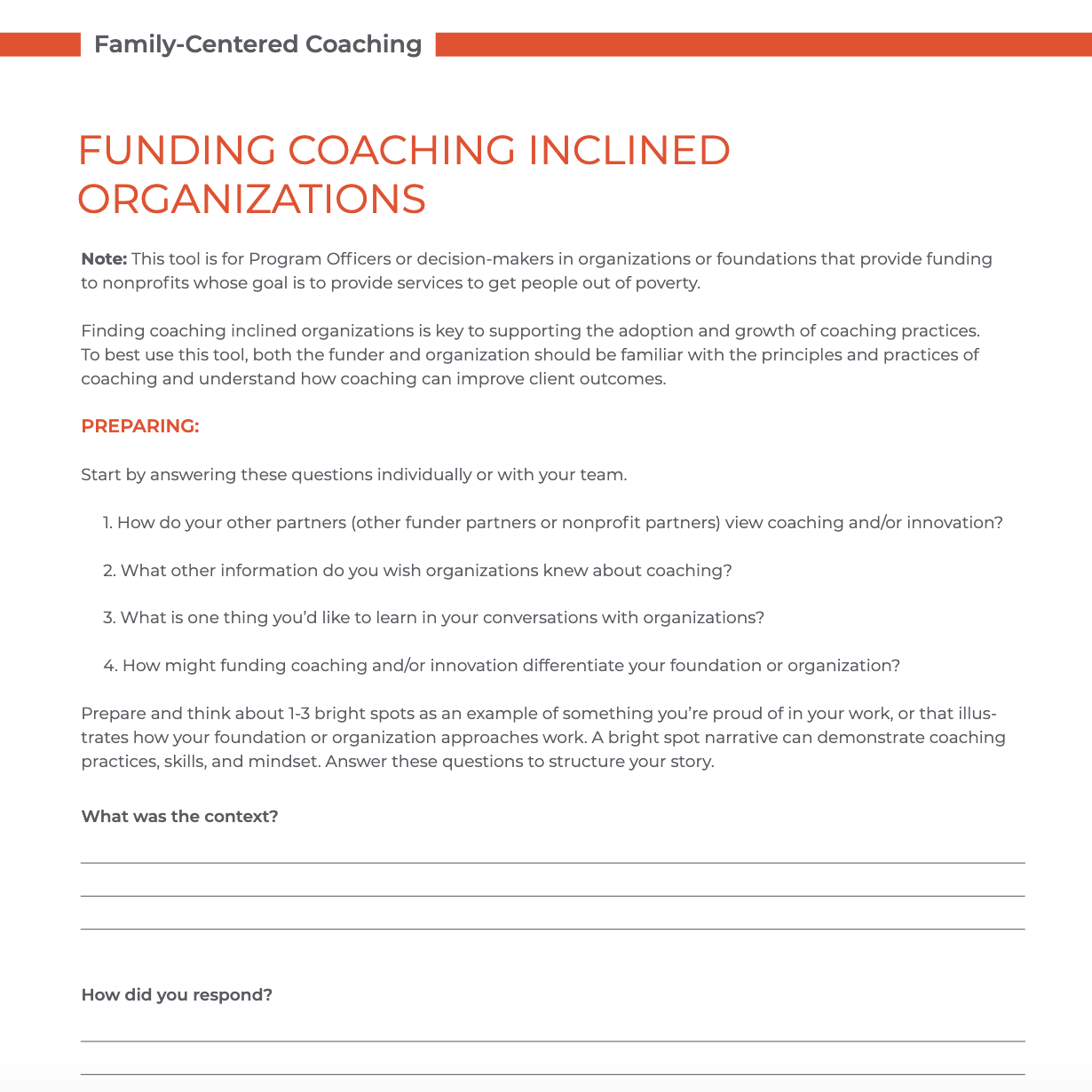
Tool: Funding Coaching-Inclined Organizations
Read More
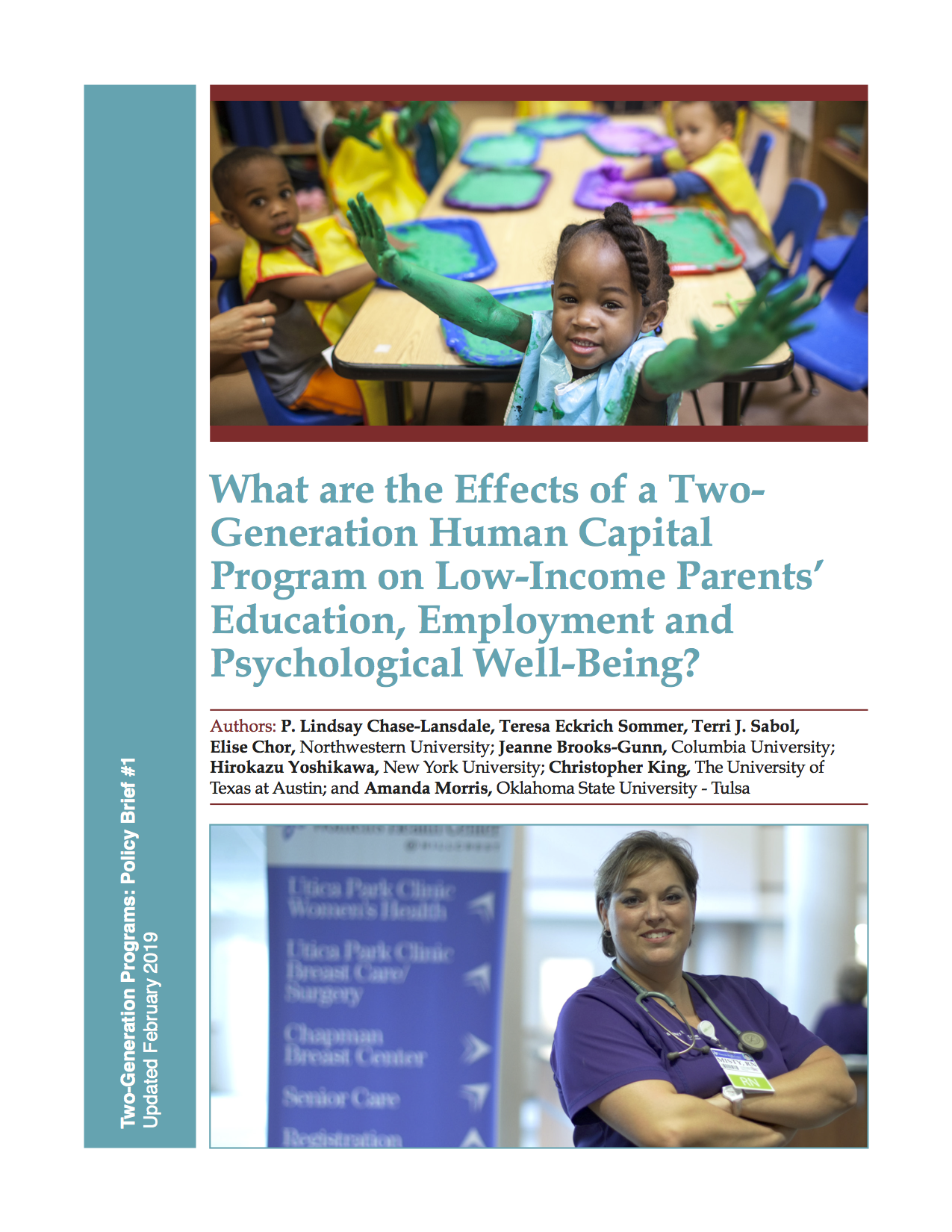
Brief I: One Year Effects of CareerAdvance on Parent Outcomes
Read More
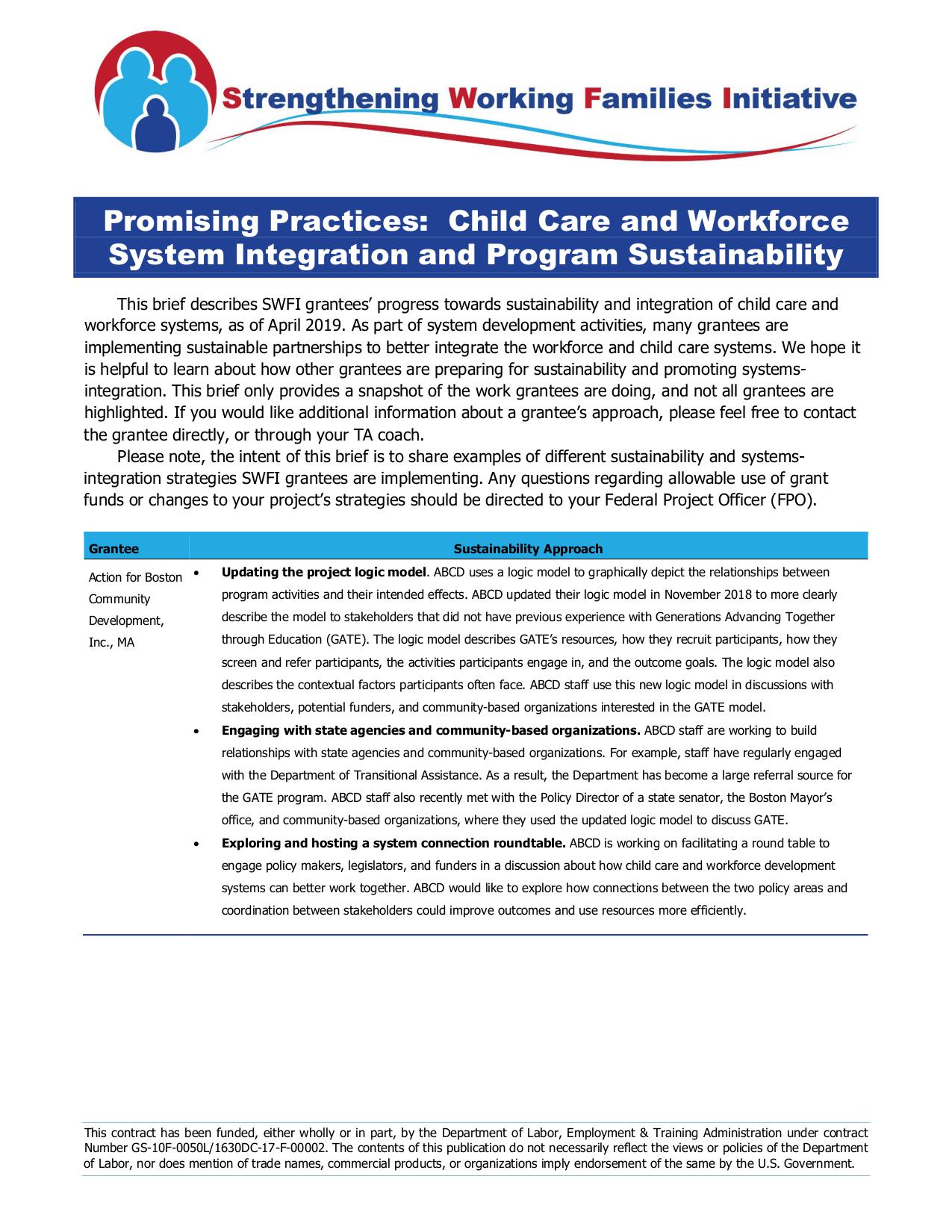
Promising Practices: Child Care and Workforce System Integration and Program Sustainability
Read More
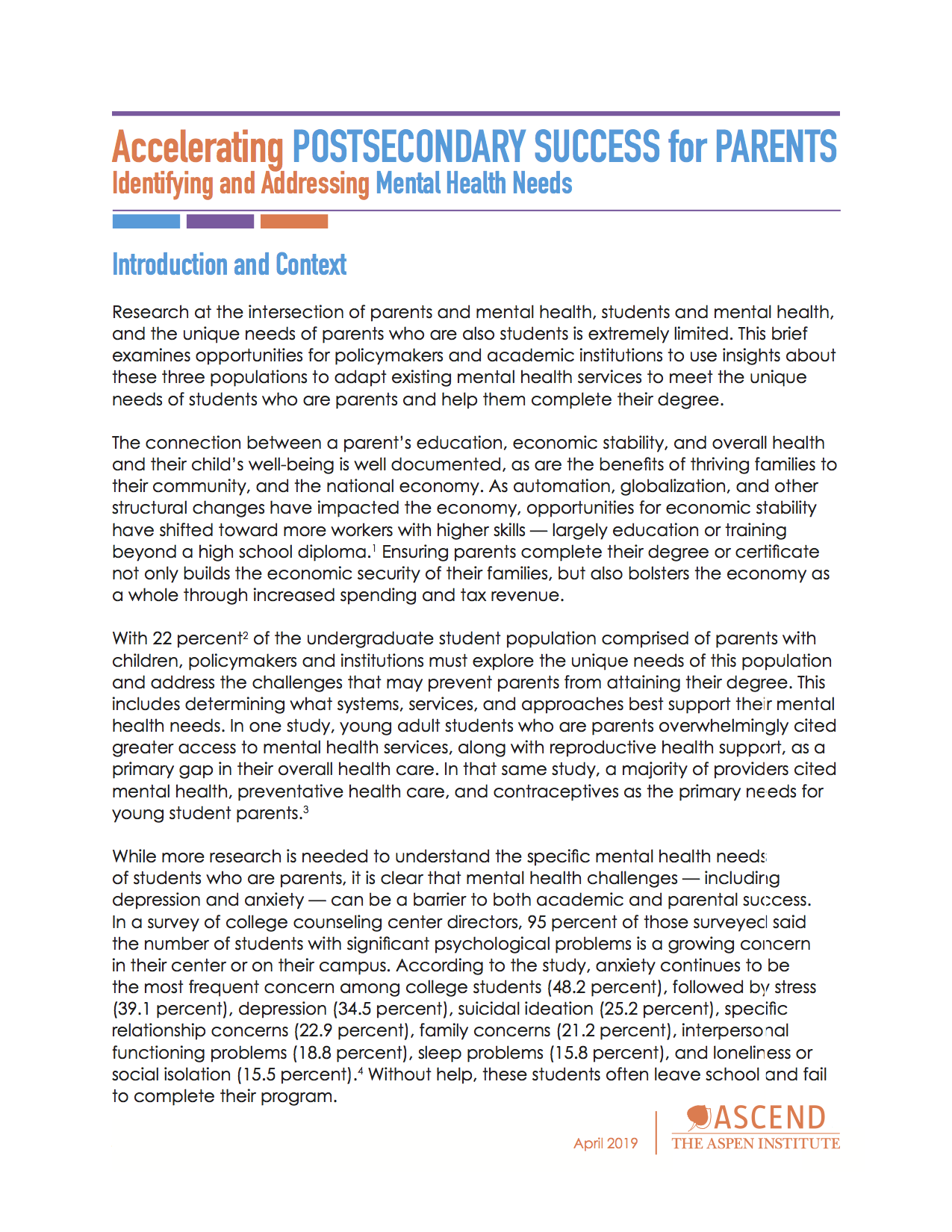
Accelerating Postsecondary Success for Parents: Identifying and Addressing Mental Health Needs
Read More
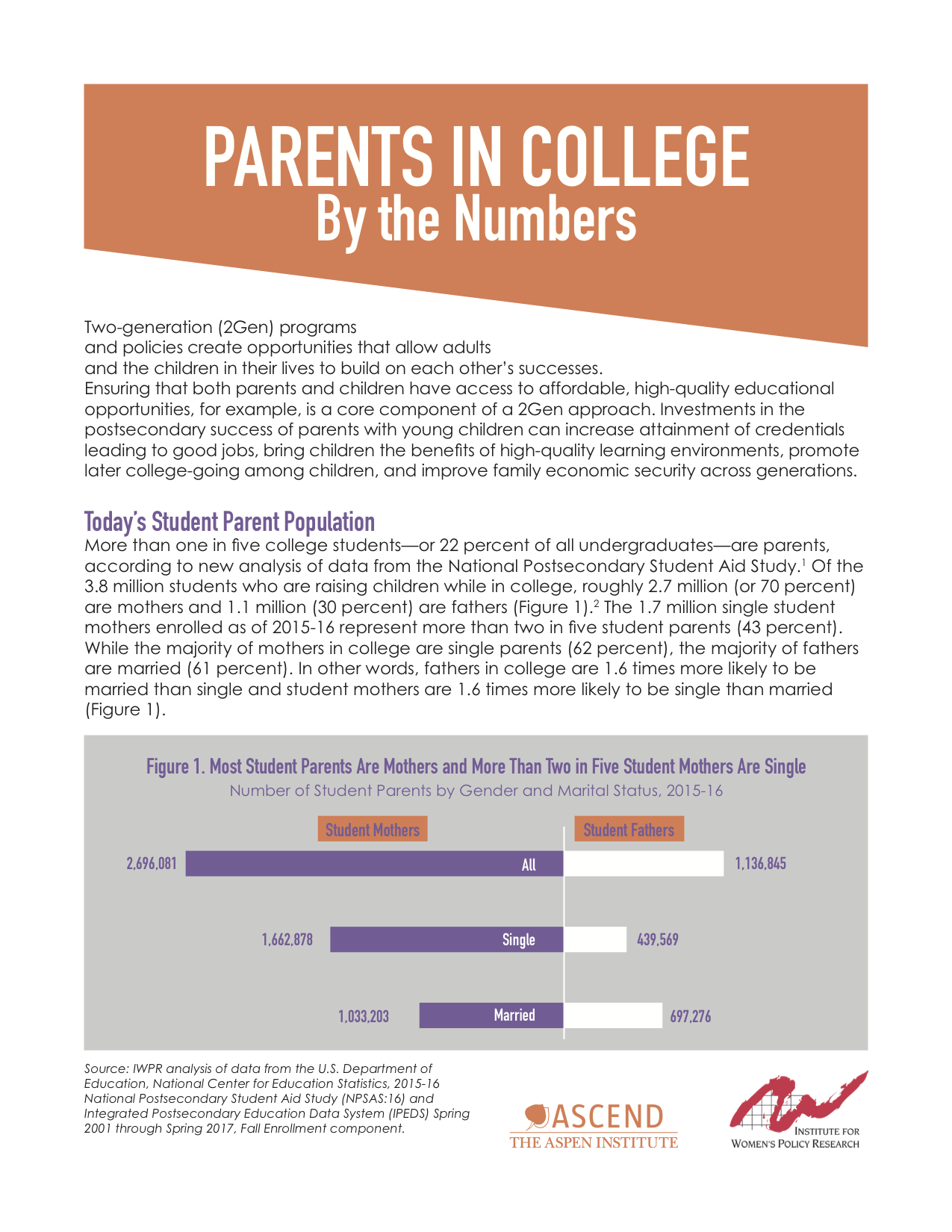
Parents in College: By the Numbers
Read More
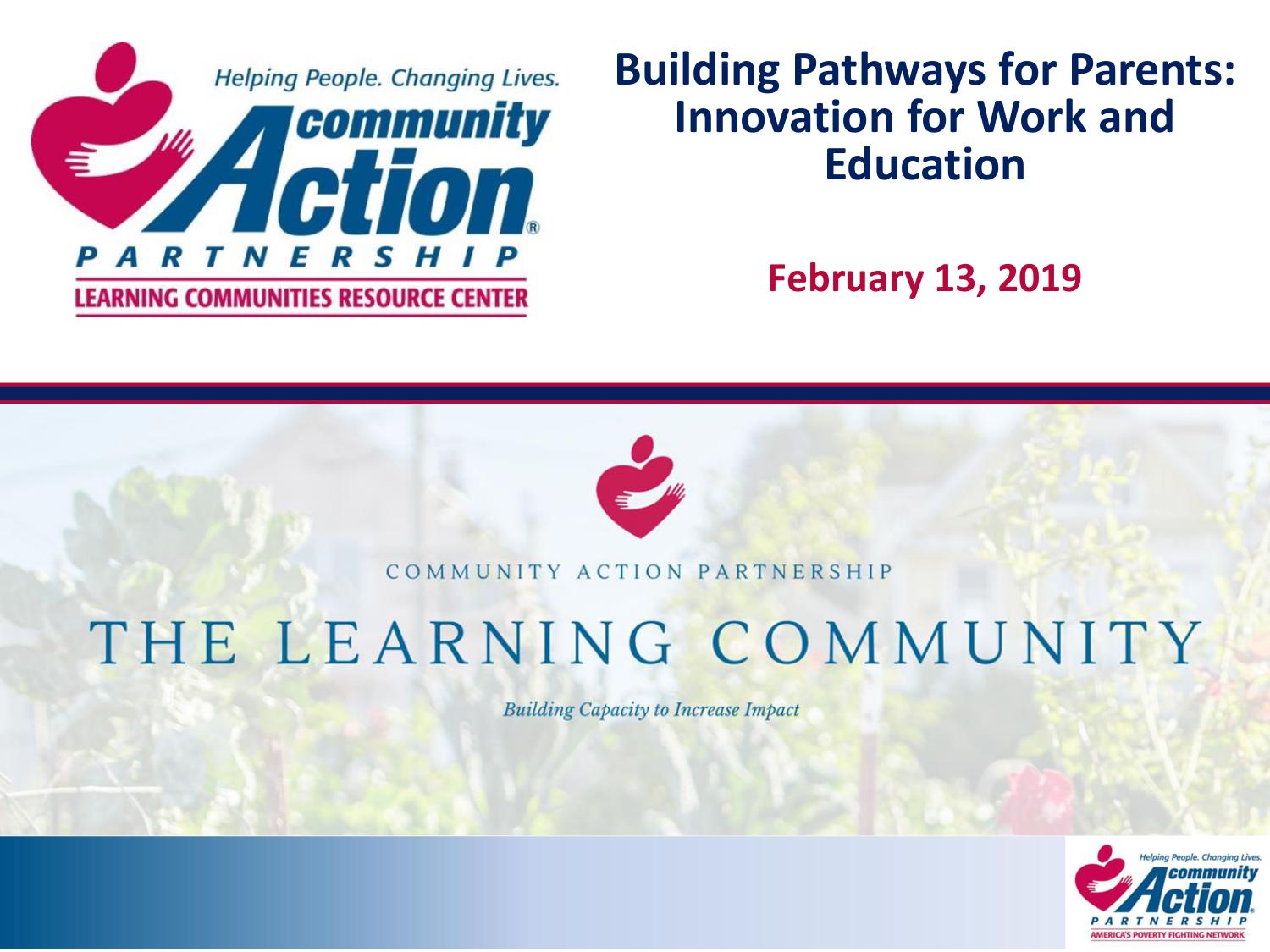
Building Pathways for Parents: Innovation for Work and Education
Read More
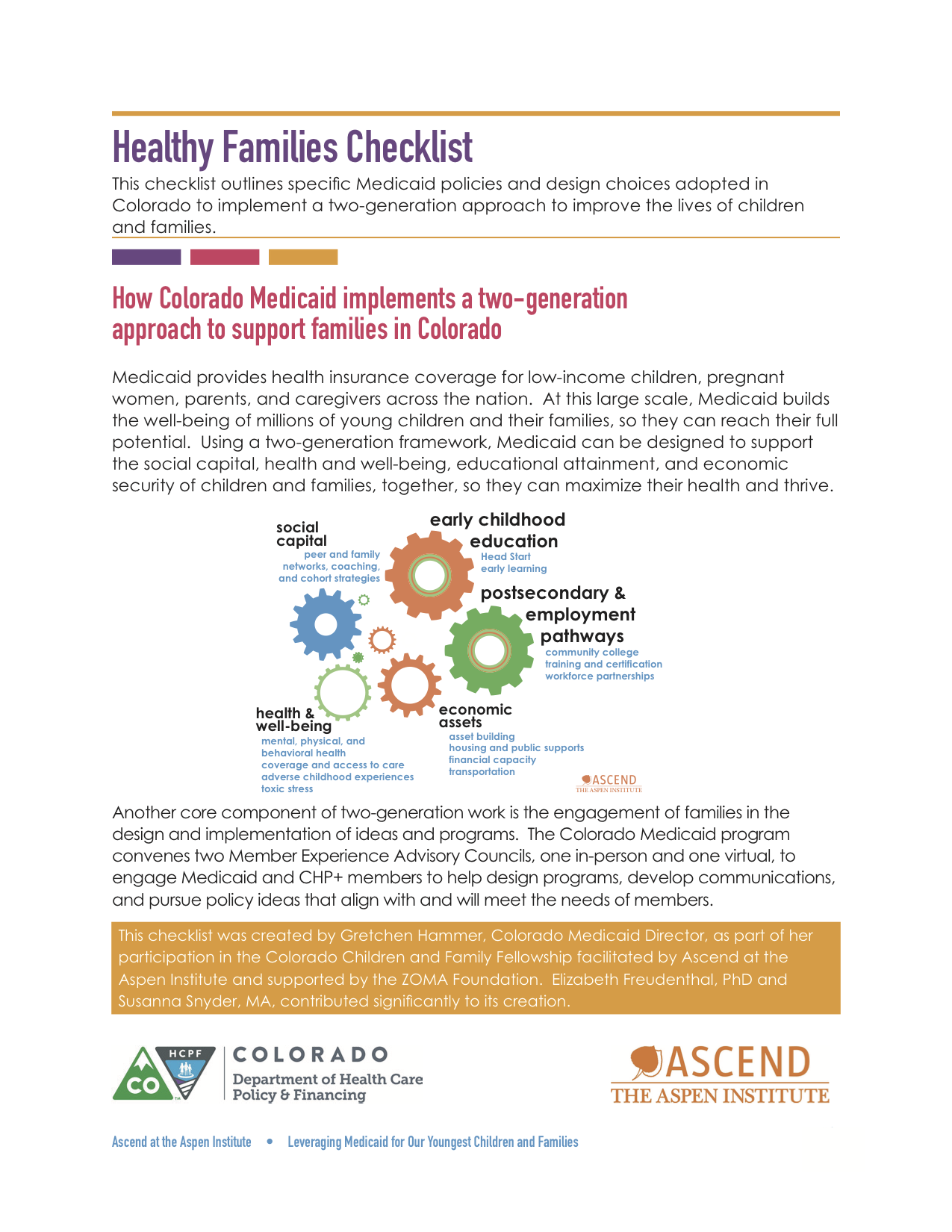
Healthy Families Checklist: Leveraging Medicaid for Our Youngest Children and Families
Read More
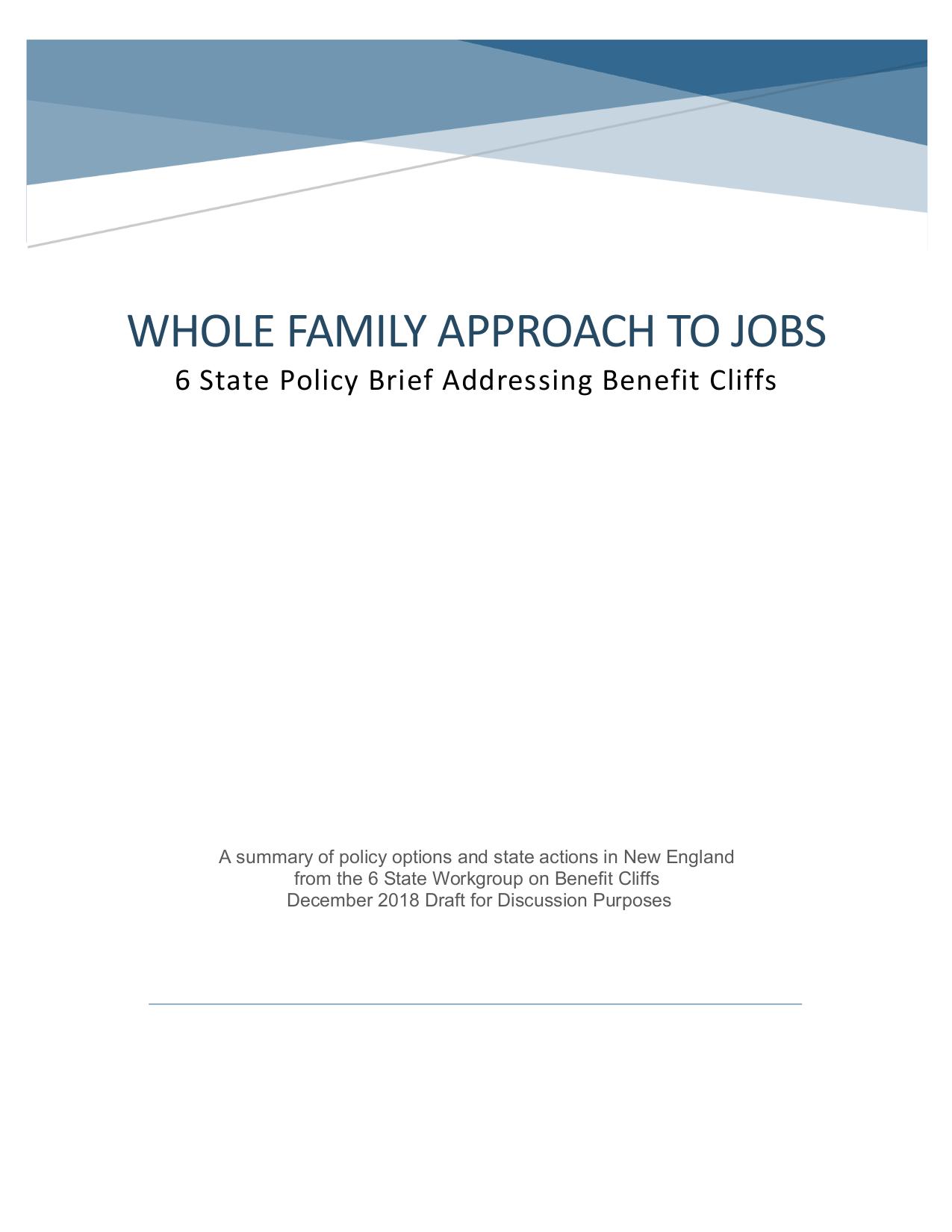
Whole Family Approach to Jobs: 6 State Policy Brief Addressing Benefit Cliffs
Read More
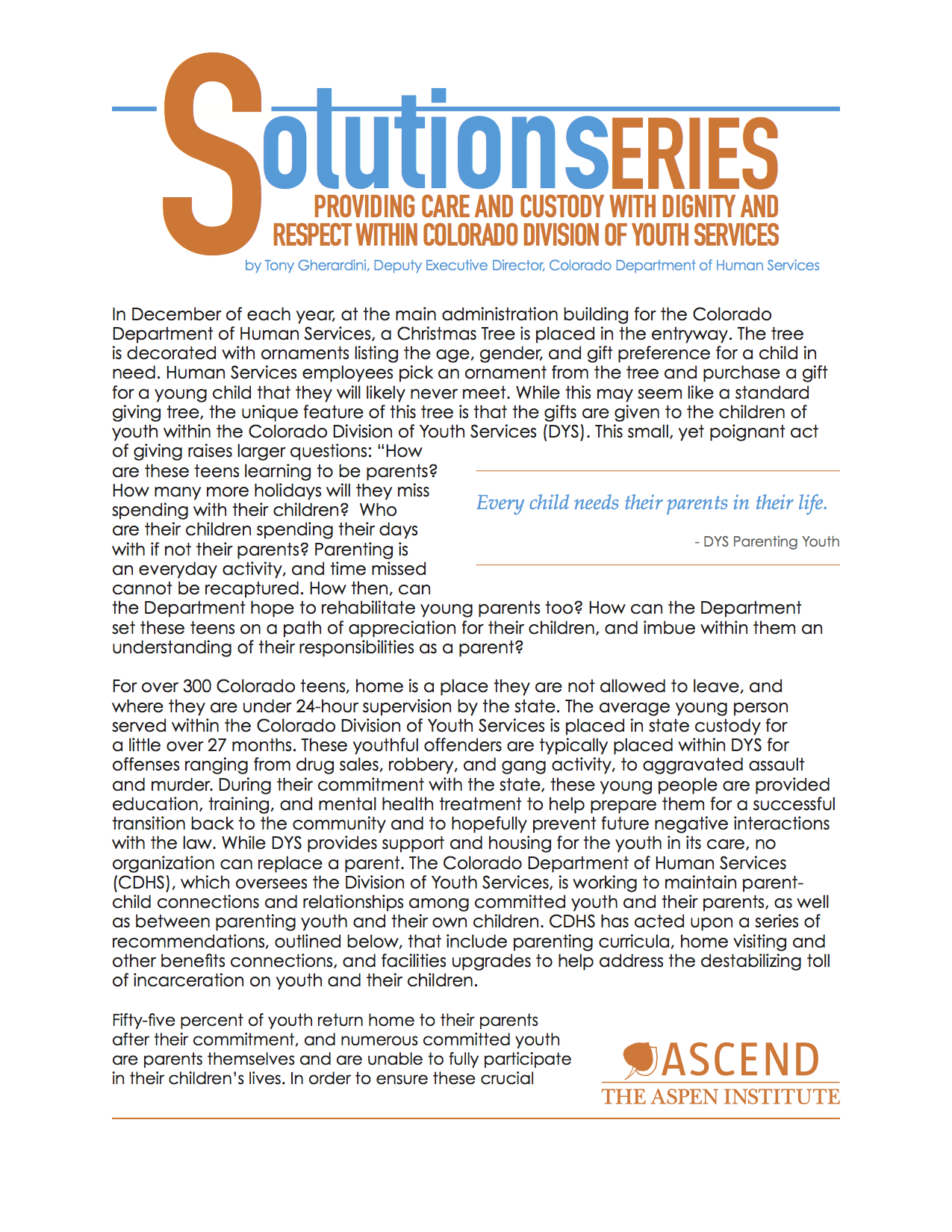
Providing Care and Custody With Dignity and Respect Within Colorado Division of Youth Services
Read More
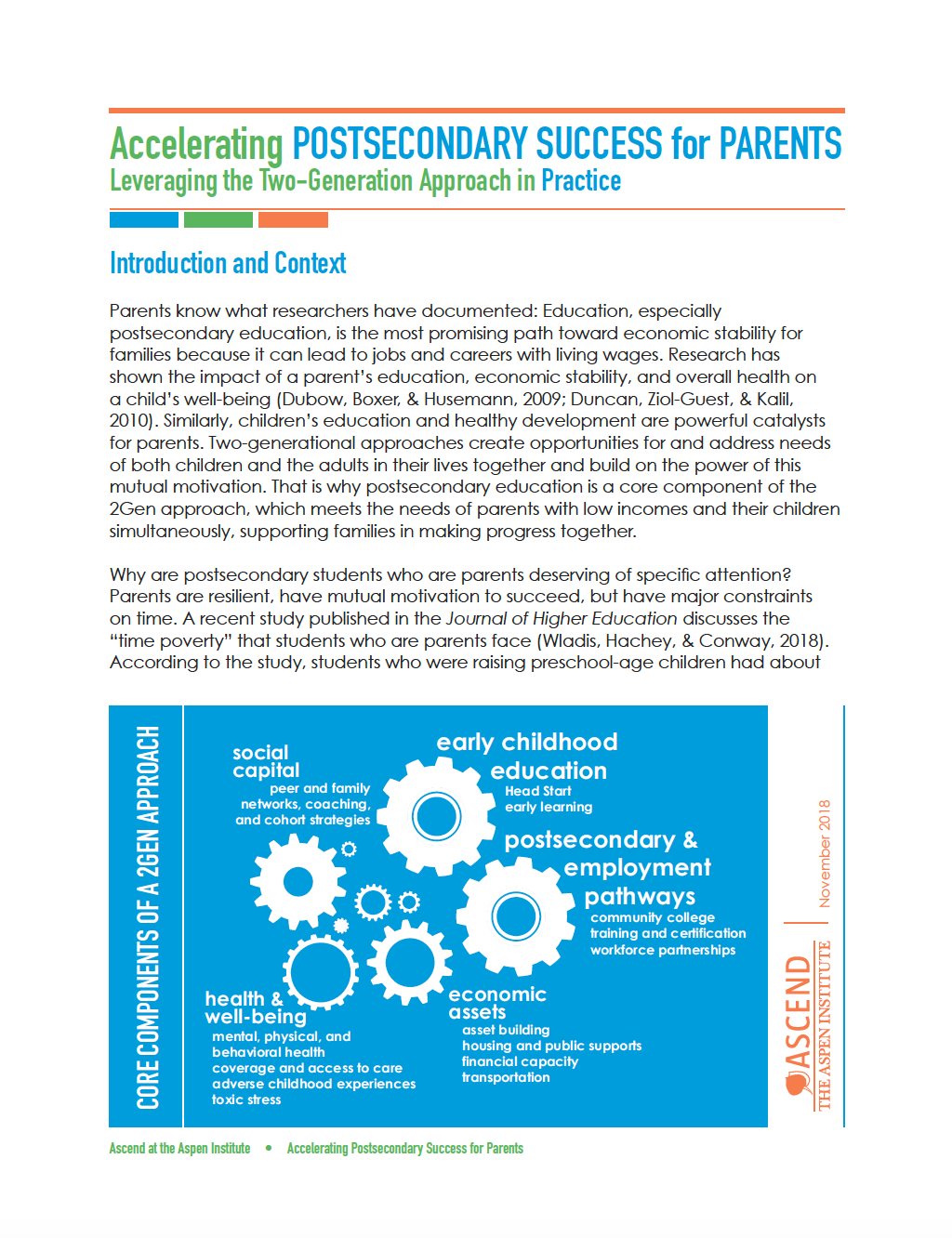
Accelerating Postsecondary Success for Parents: Leveraging the Two-Generation Approach in Practice
Read More
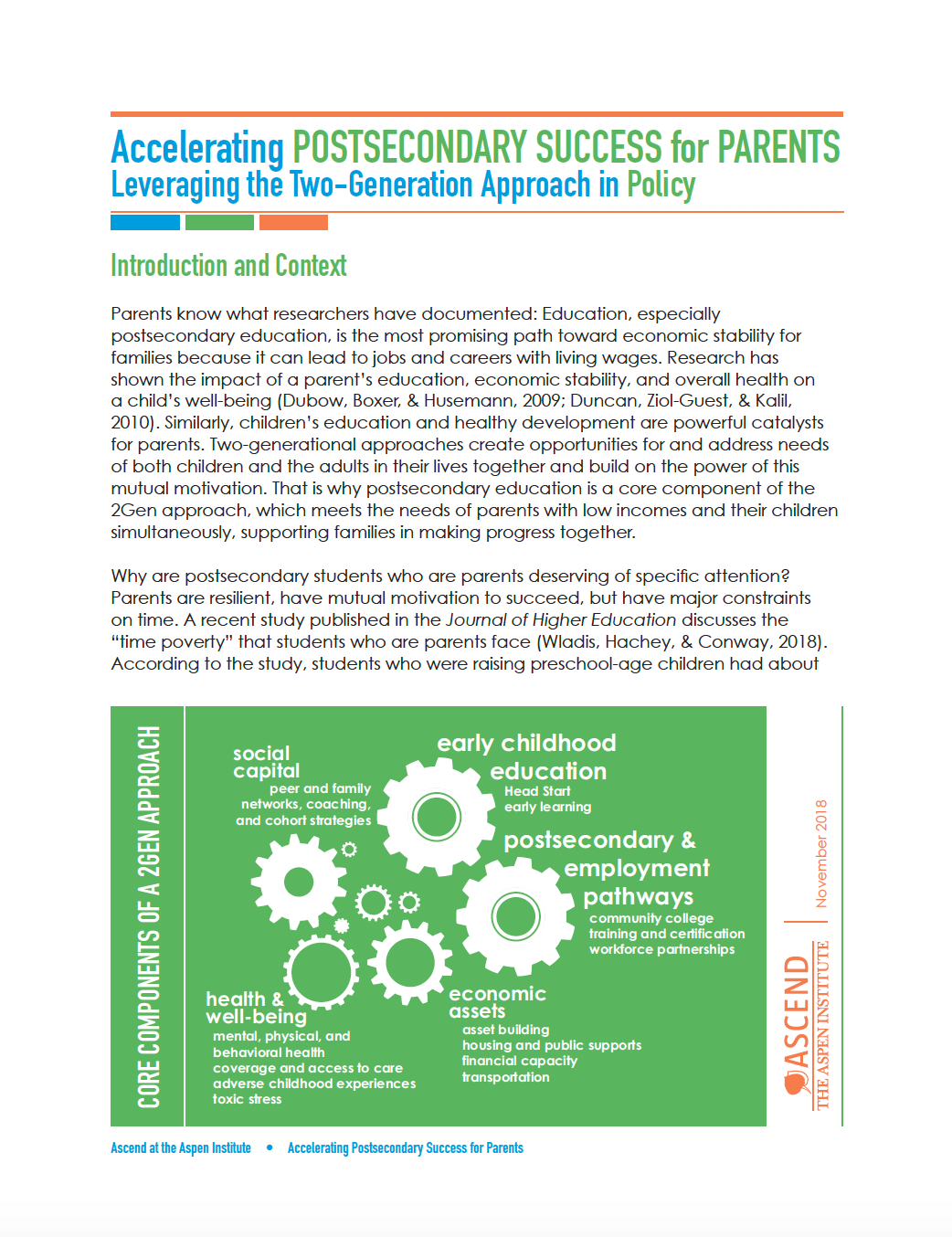
Accelerating Postsecondary Success for Parents: Leveraging the Two-Generation Approach in Policy
Read More

A Tip Sheet on Retaining and Engaging SWFI
Participants
Read More
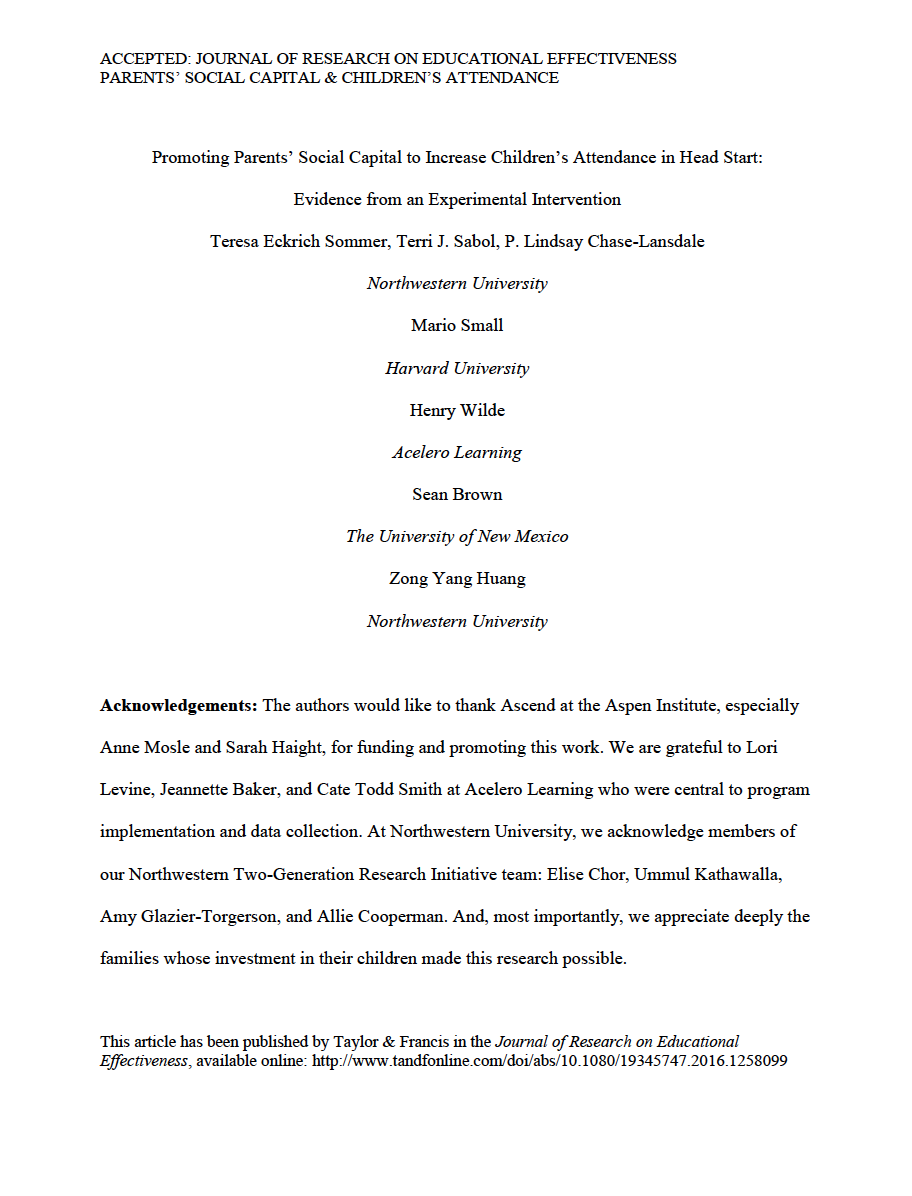
Promoting Parents’ Social Capital to Increase Children’s Attendance in Head Start: Evidence from an Experimental Intervention
Read More

Becoming Visible: Race, Economic Security, and Political Voice in Jackson, MS
Read More
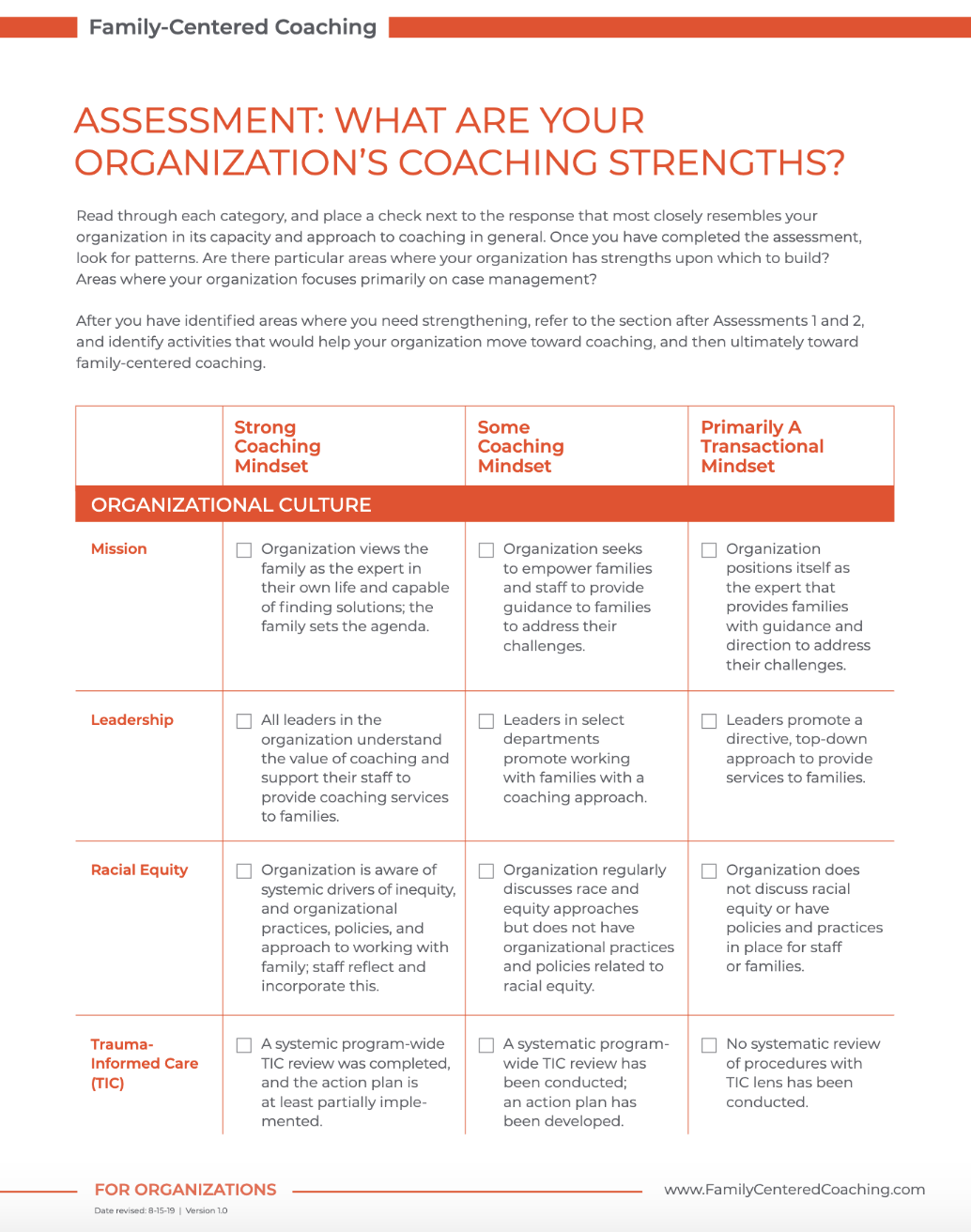
Assessment: What Are Your Organization’s Coaching Strengths?
Read More
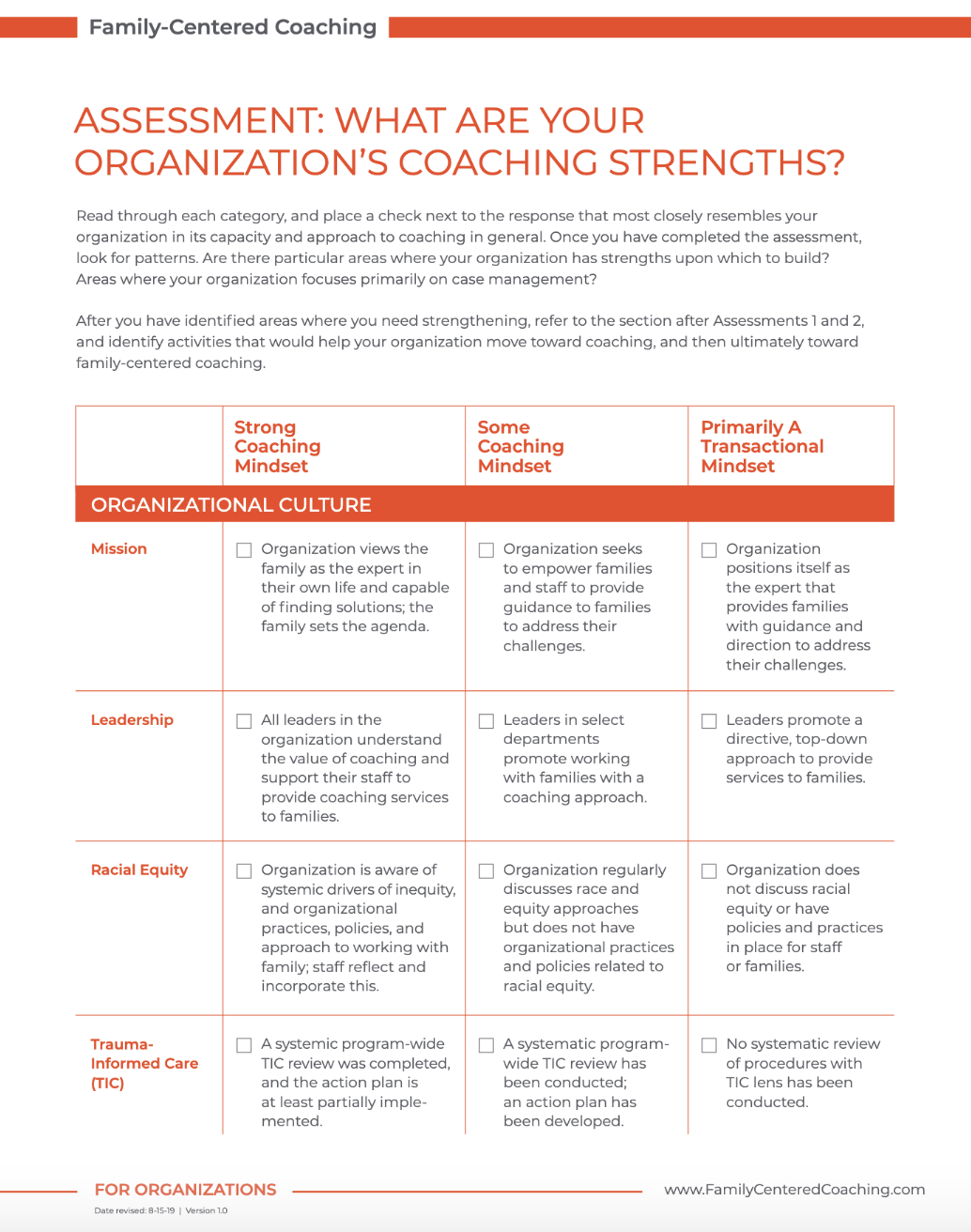
Assessment: What Are Your Organization’s Family-Centered Strengths?
Read More
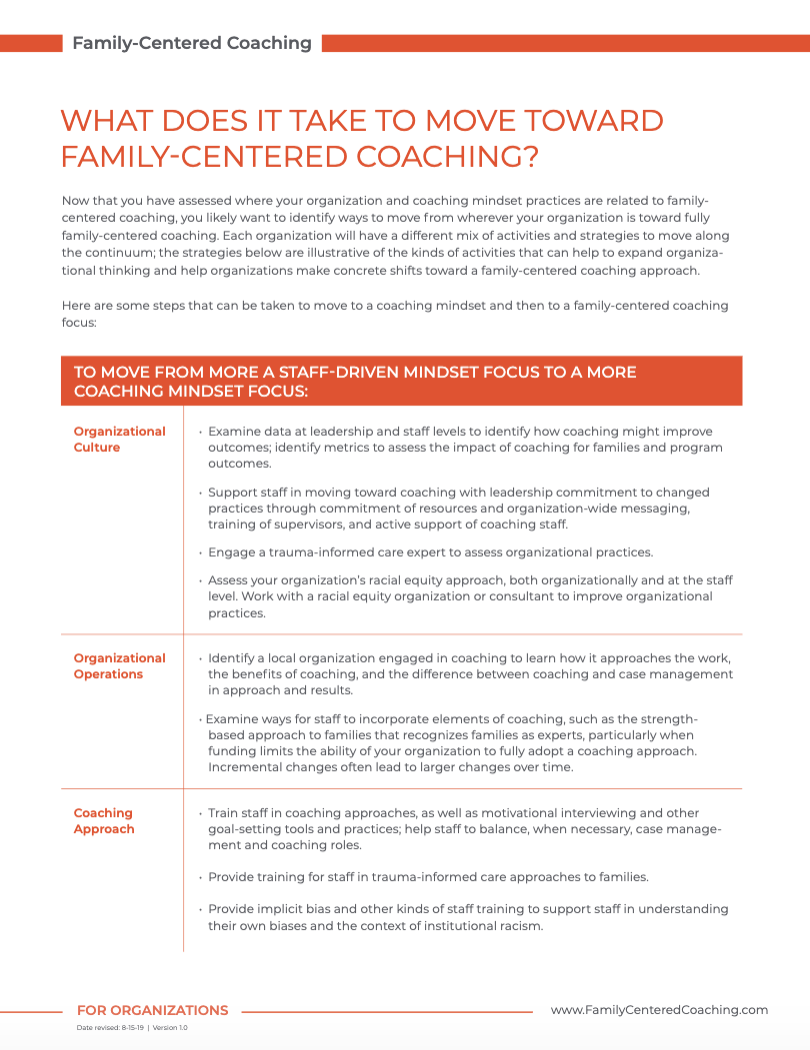
Tool: What Does it Take to Move Toward Family-Centered Coaching?
Read More
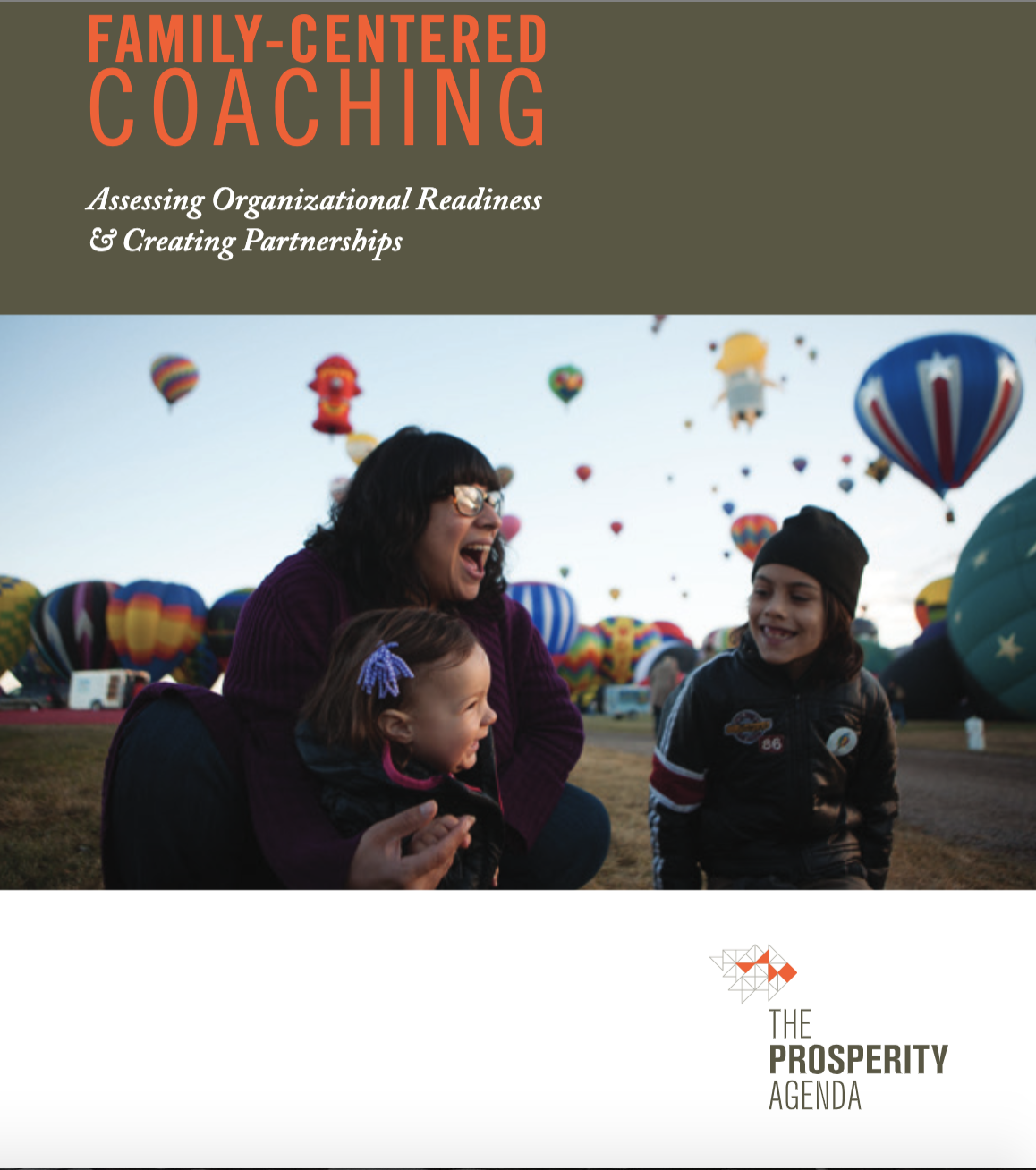
Assessing Organizational Readiness & Creating Partnerships
Read More

Assessment: What Are Your Organization’s Need for Family-Centered Partnerships?
Read More
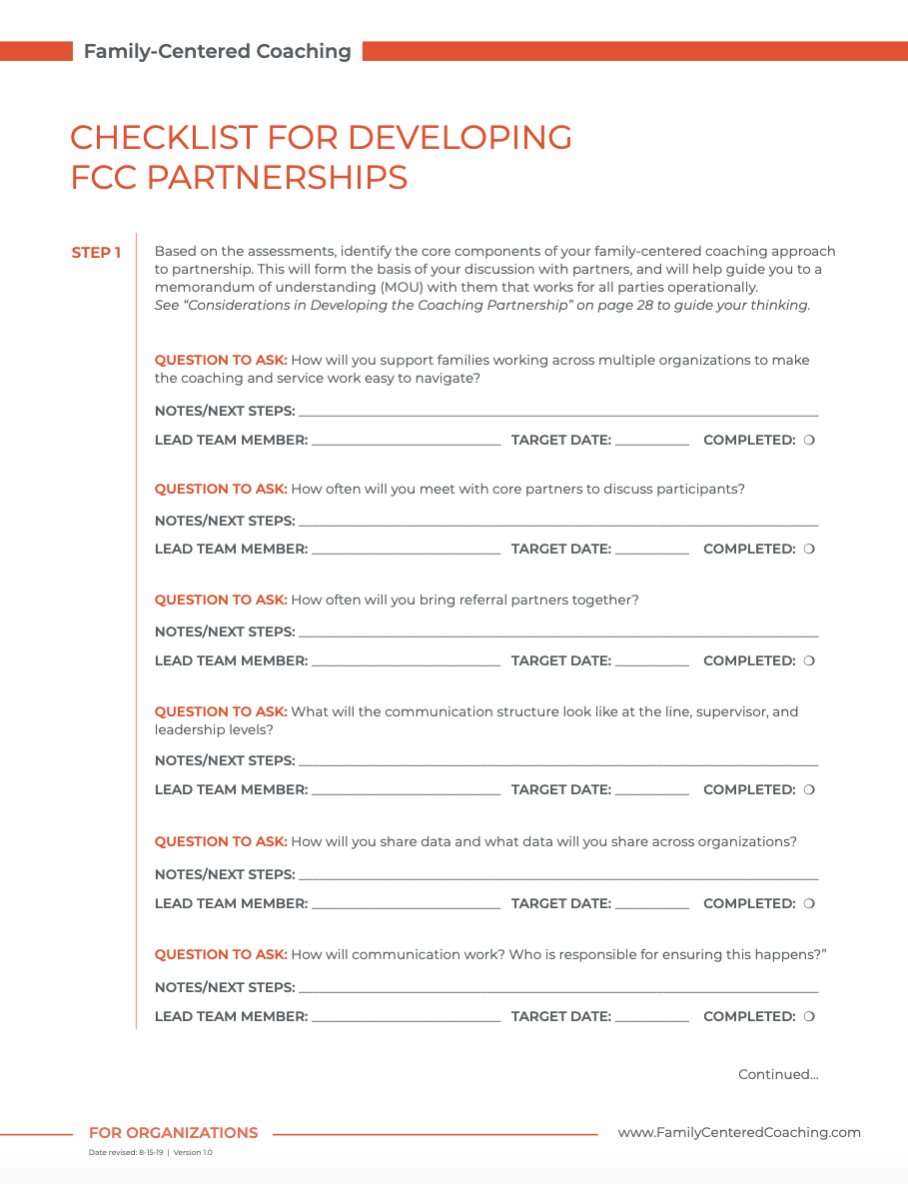
Tool: Checklist for Developing FCC Partnerships
Read More
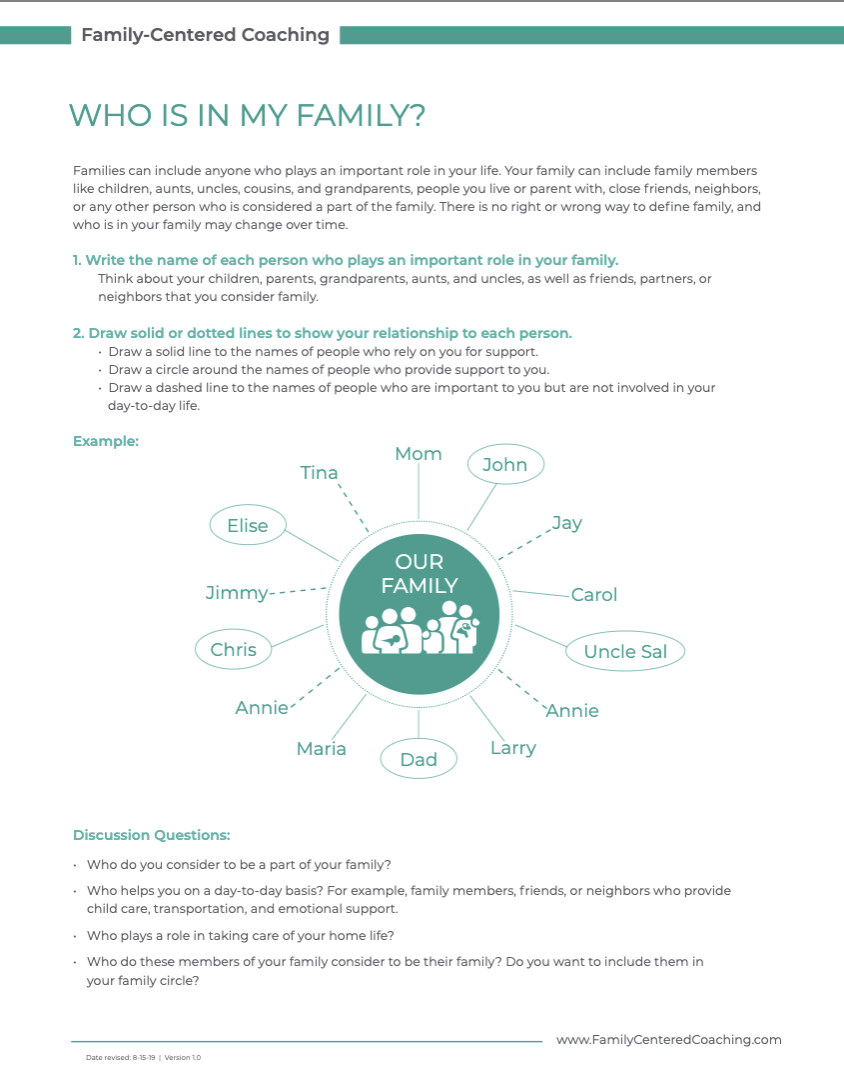
Tool: Who Is In My Family?
Read More

Tool: My Hopes and Dreams
Read More
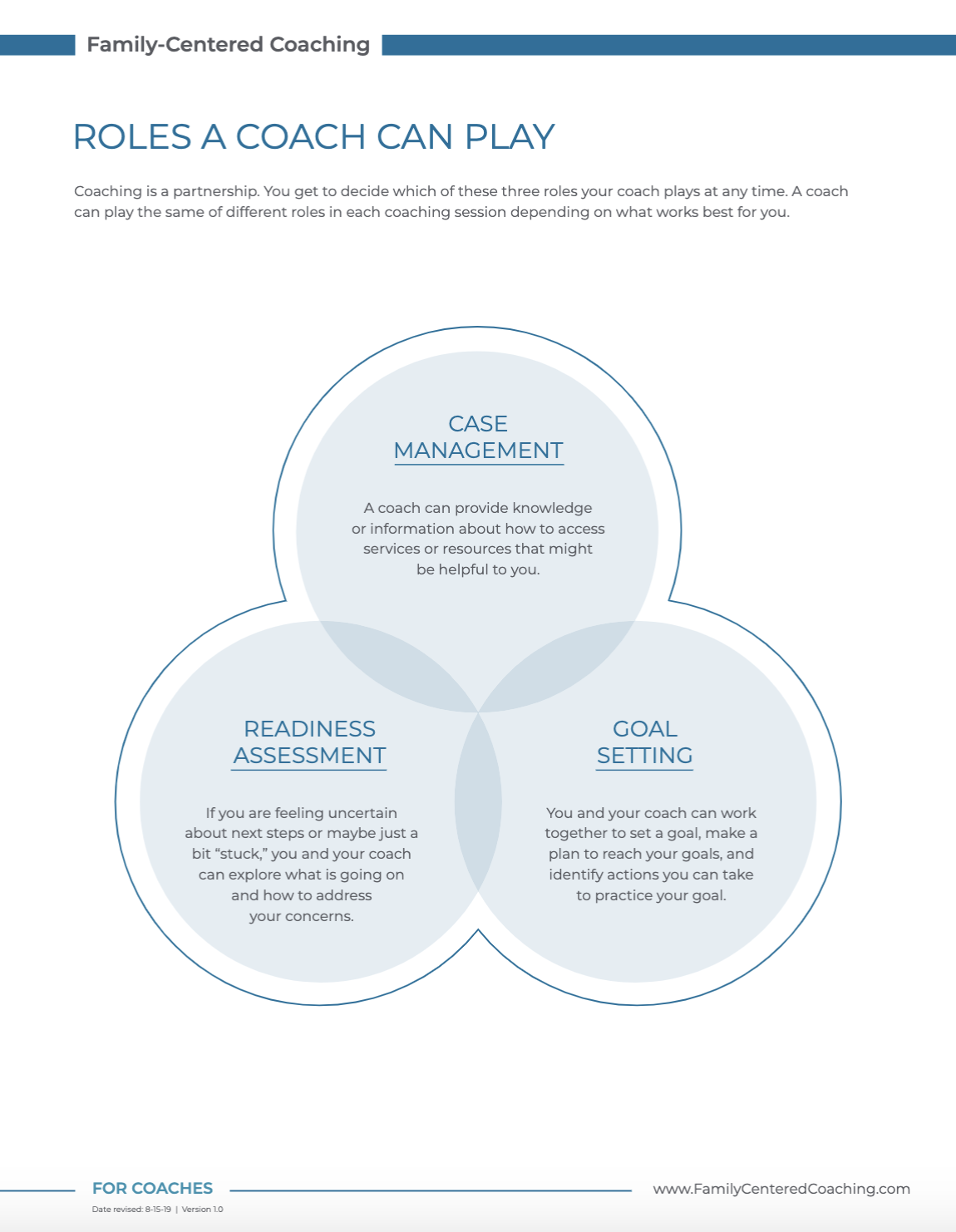
Tool: Roles a Coach Can Play
Read More
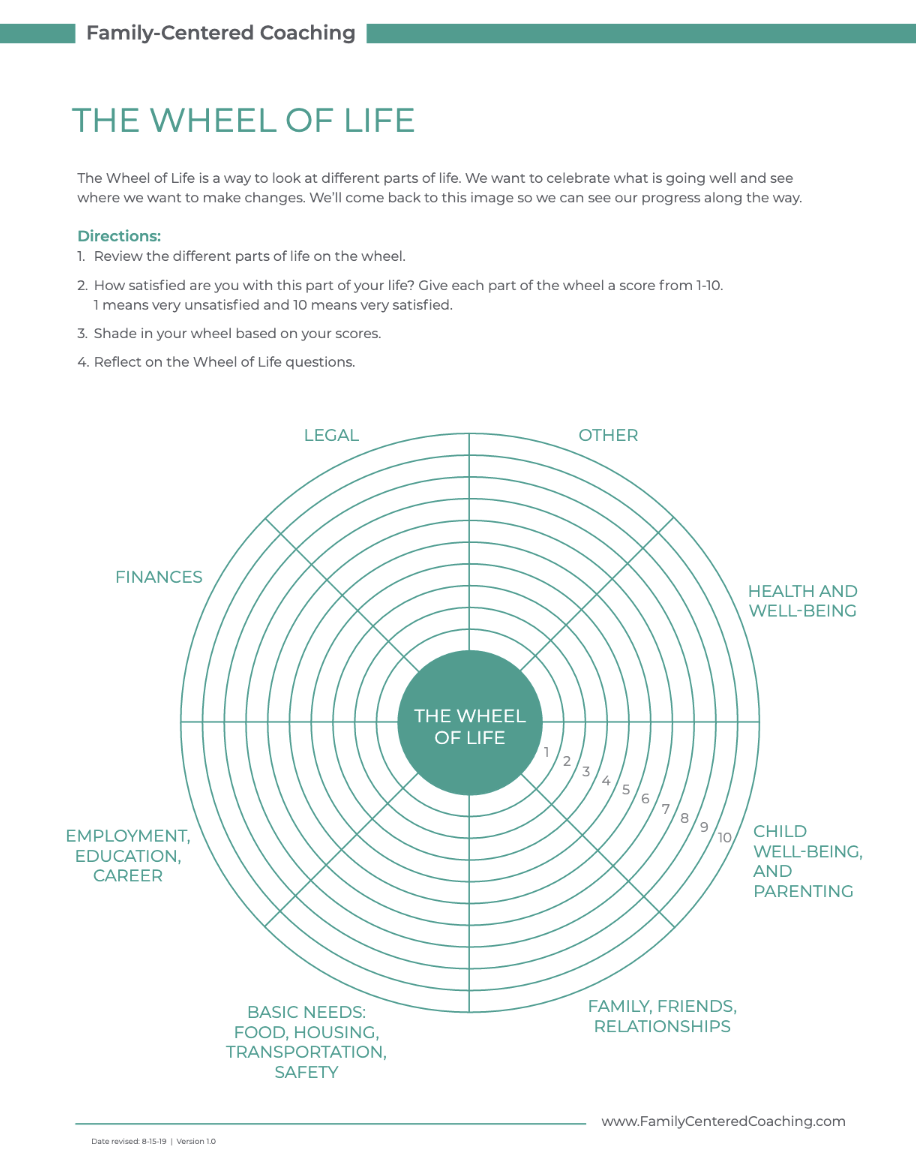
Tool: The Wheel Of Life
Read More
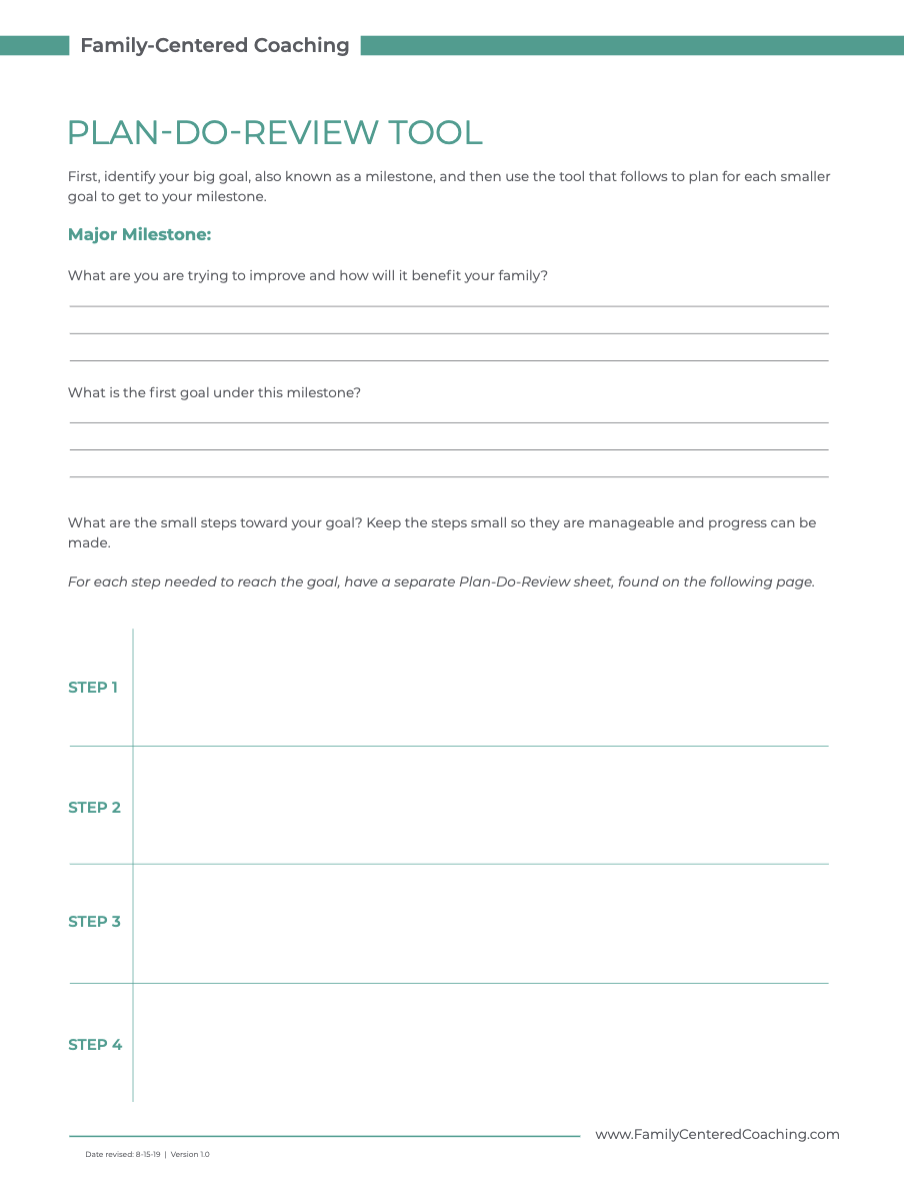
Tool: Plan, Do, Review
Read More
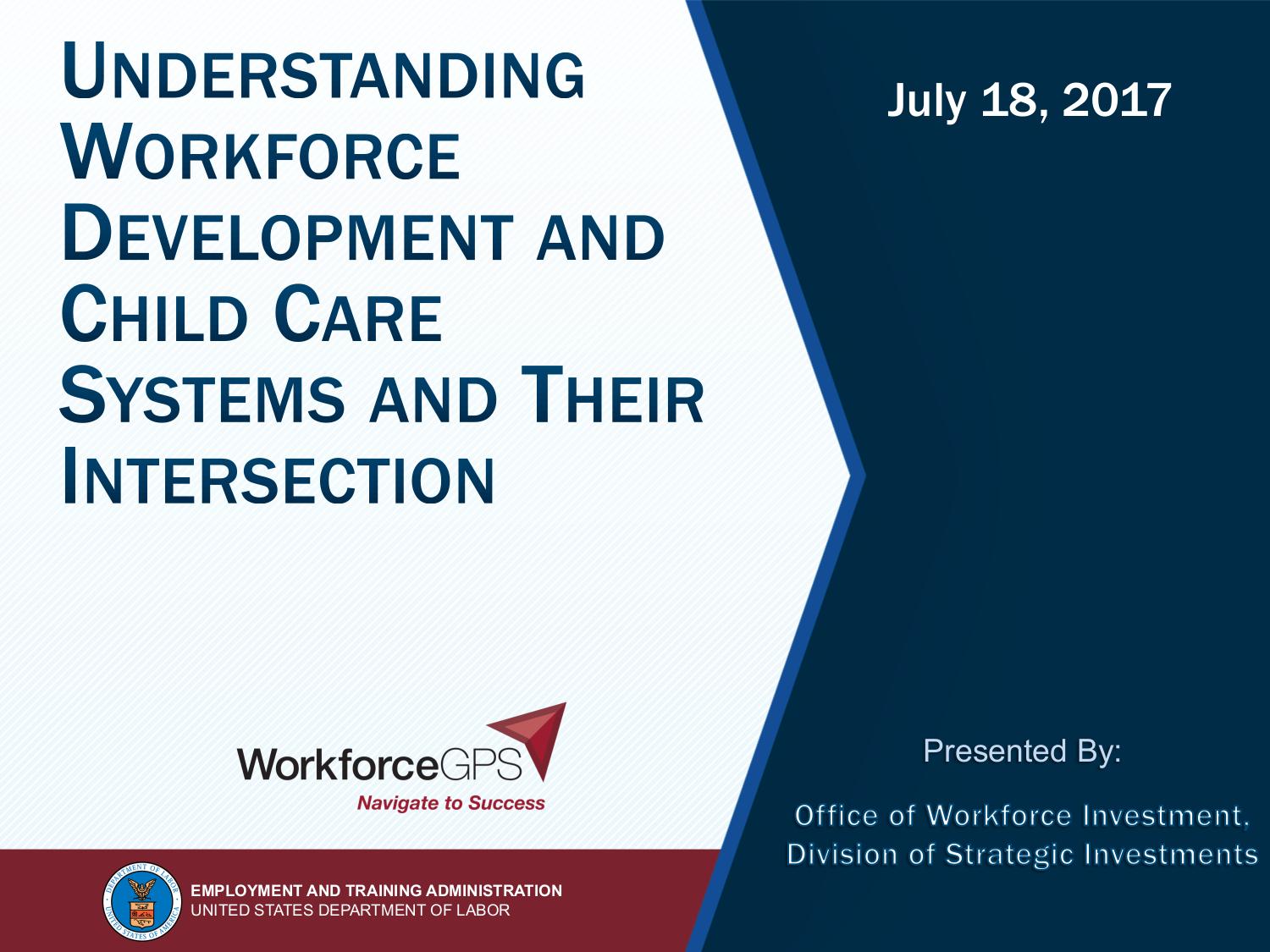
Understanding Workforce Development and Child Care Systems and Their Intersection
Read More
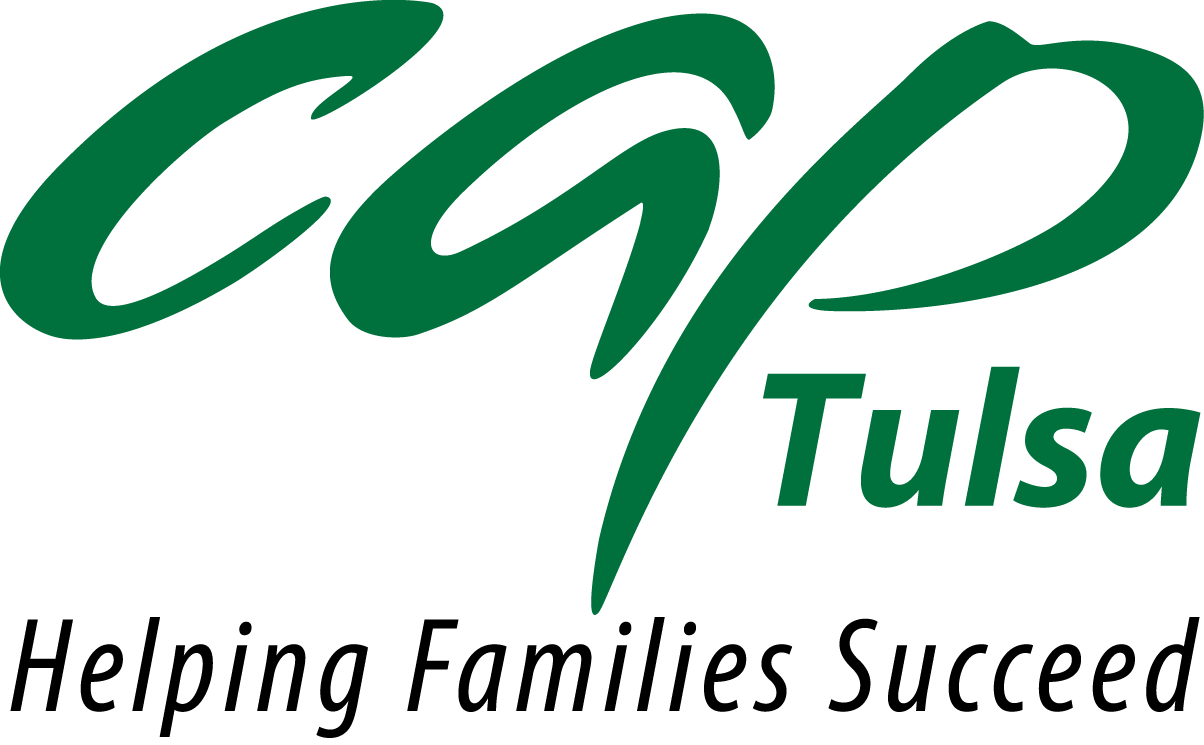
CAP Tulsa: Family Success Plan
Read More
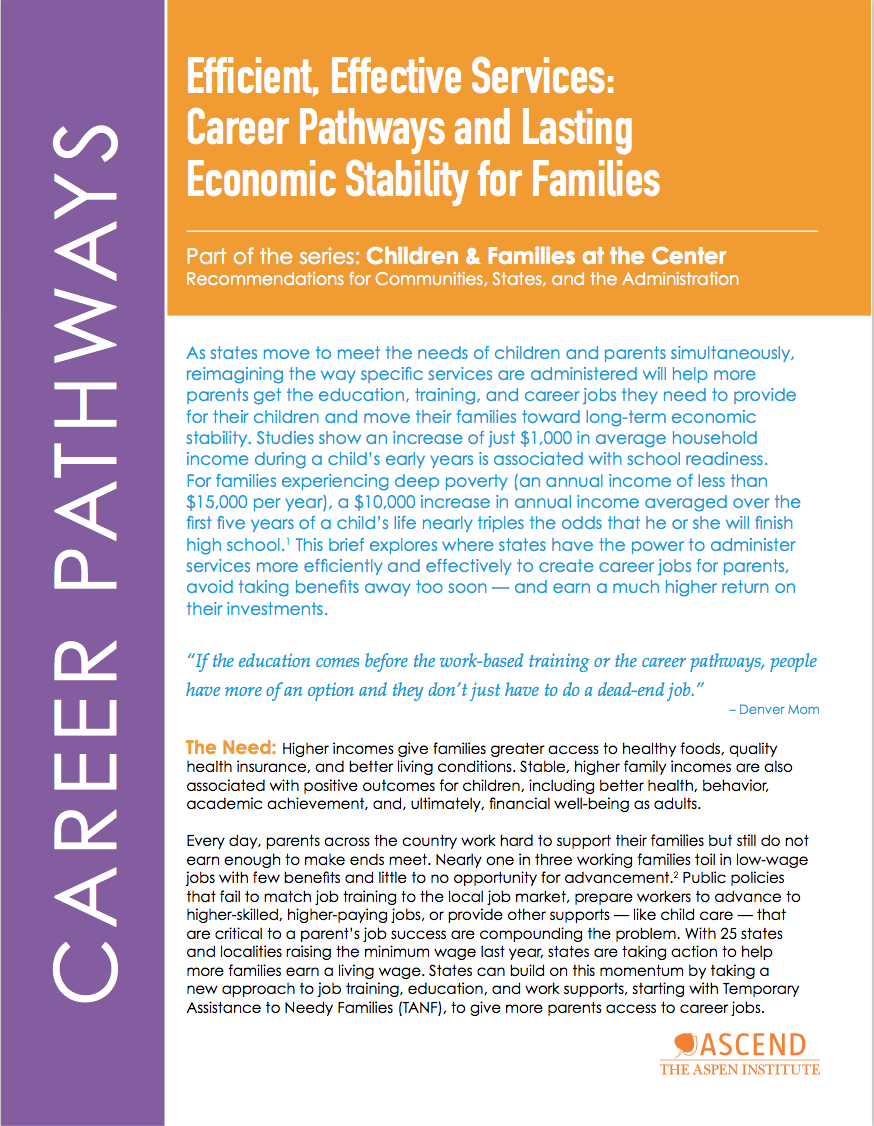
Efficient, Effective Services: Career Pathways and Lasting Economic Stability for Families
Read More
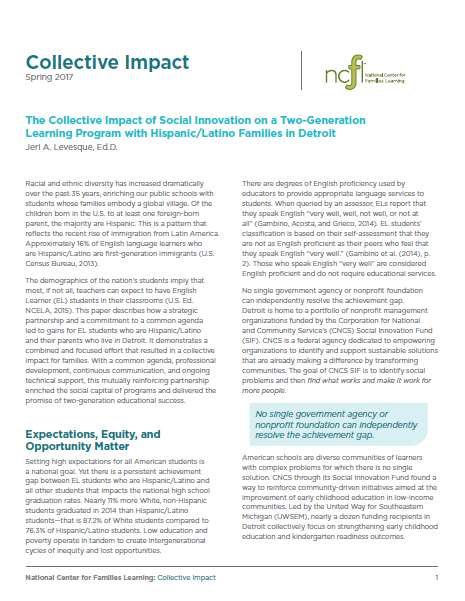
The Collective Impact of Social Innovation on a Two-Generation Learning Program
Read More
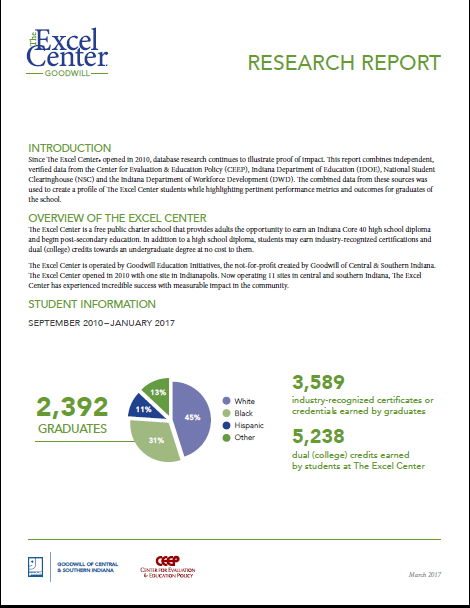
The Excel Center Goodwill: Research Report
Read More
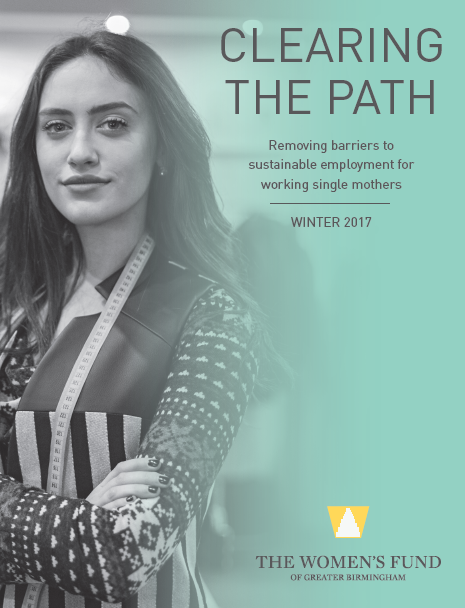
Clearing the Path: Removing Barriers to Sustainable Employment for Working Single Mothers
Read More
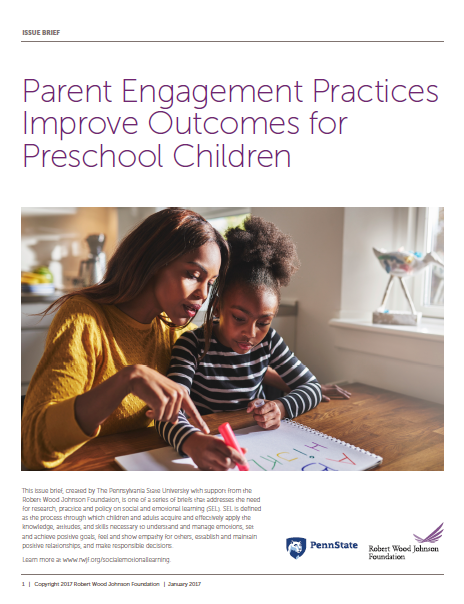
Parent Engagement Practices Improve Outcomes for Preschool Children
Read More

Tool: Listening For Participant’s Readiness to Change
Read More

Template: Developing a Local Resource Guide
Read More

Tool: Coaching on Basic Needs: Food, Housing, Transportation, Safety
Read More

Tool: Coaching on Employment, Education, and Career Areas of Life
Read More

Tool: Coaching on Child Well-Being and Parenting Areas of Life
Read More

Tool: Coaching on Financial Areas of Life
Read More

Tool: Coaching on Health and Well-Being Areas of Life
Read More

Tool: Coaching on Family, Friendship, & Other Relationship Areas of Life
Read More

Tool: Coaching On Legal Areas of Life
Read More
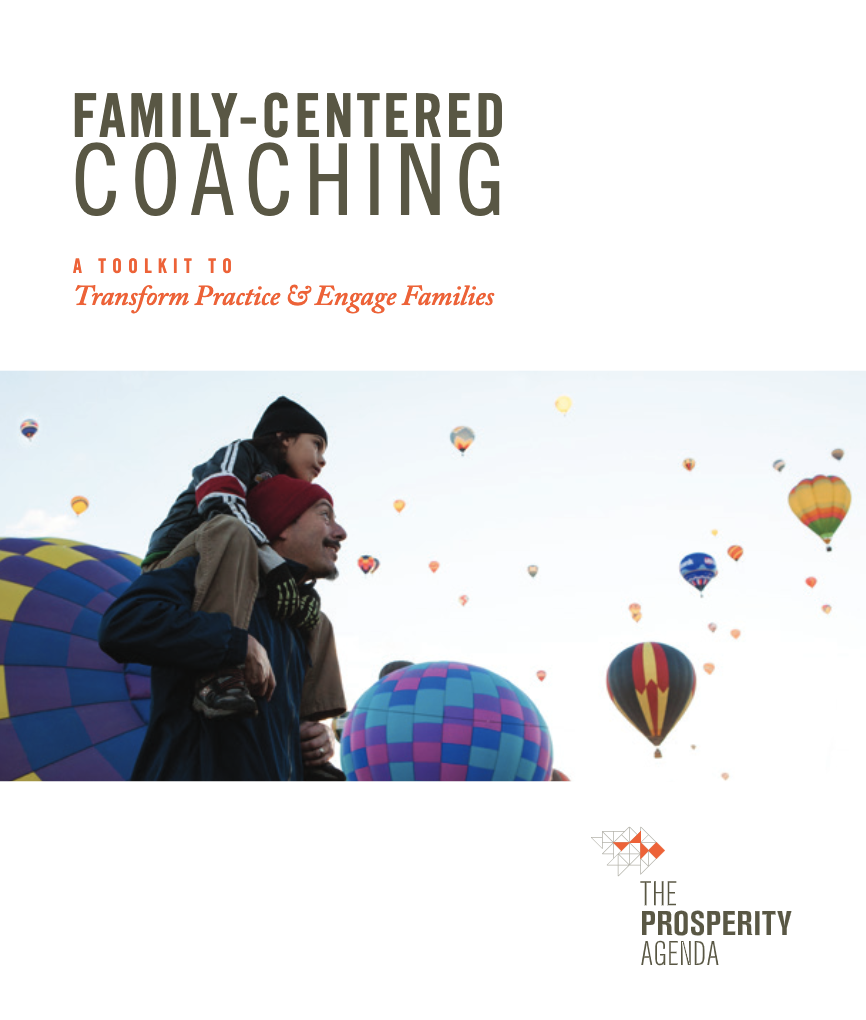
Family-Centered Coaching Toolkit
Read More
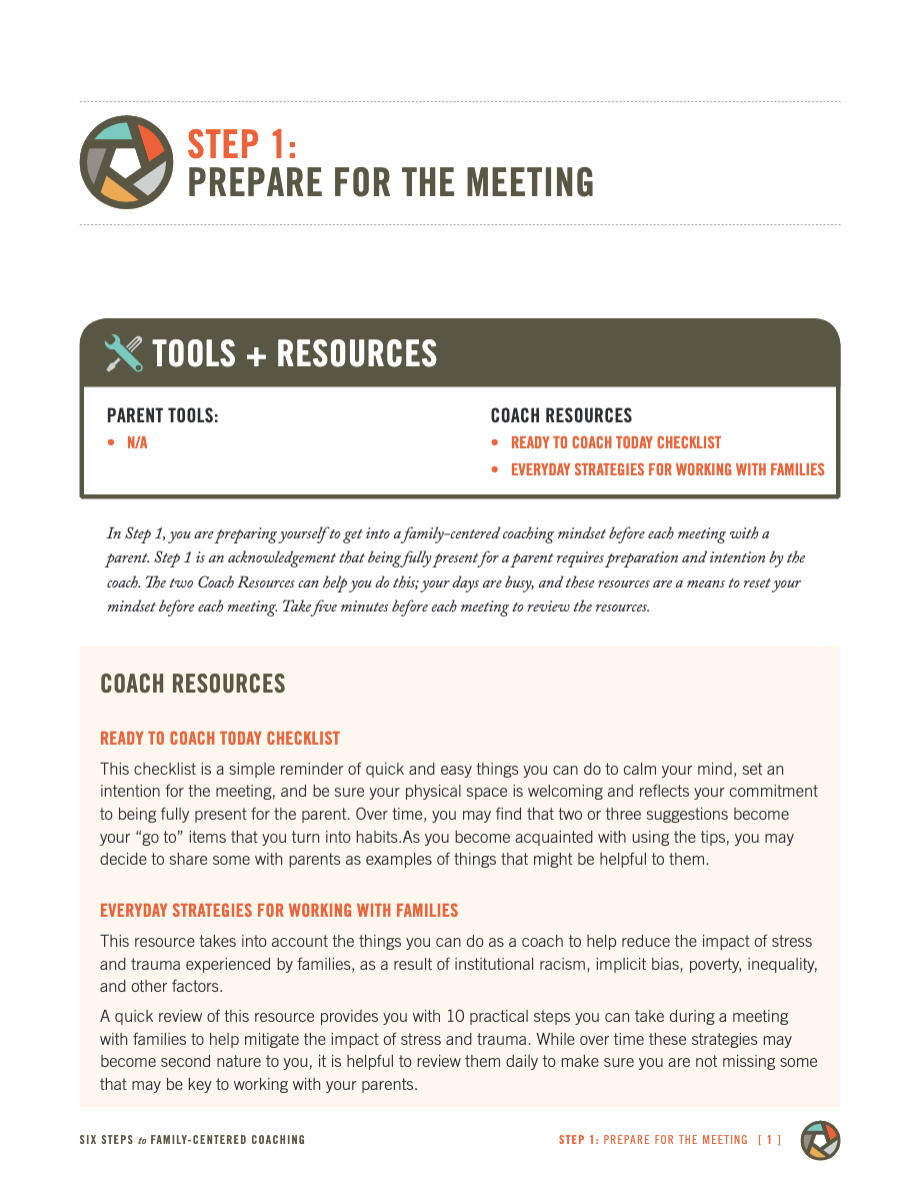
Six Steps to Family-Centered Coaching
Read More
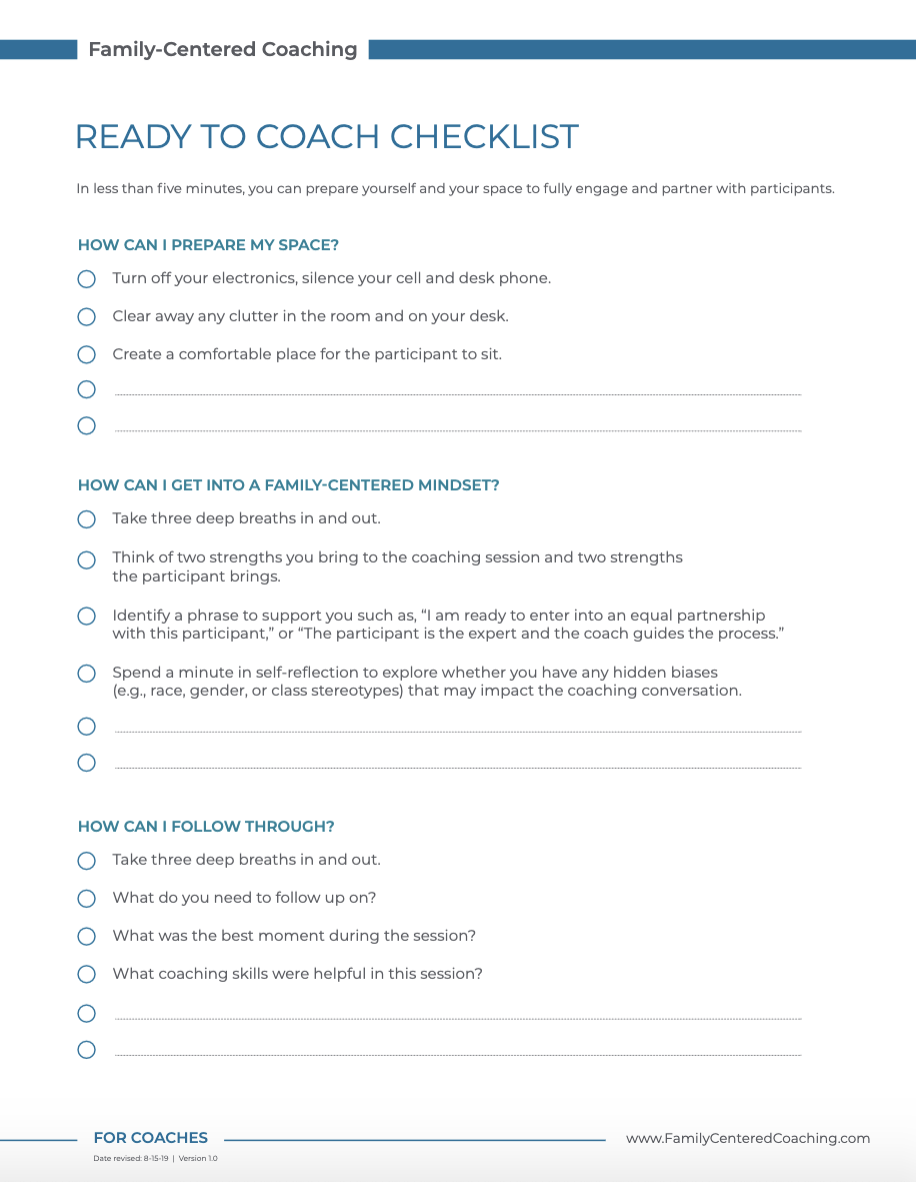
Tool: Ready to Coach Checklist
Read More
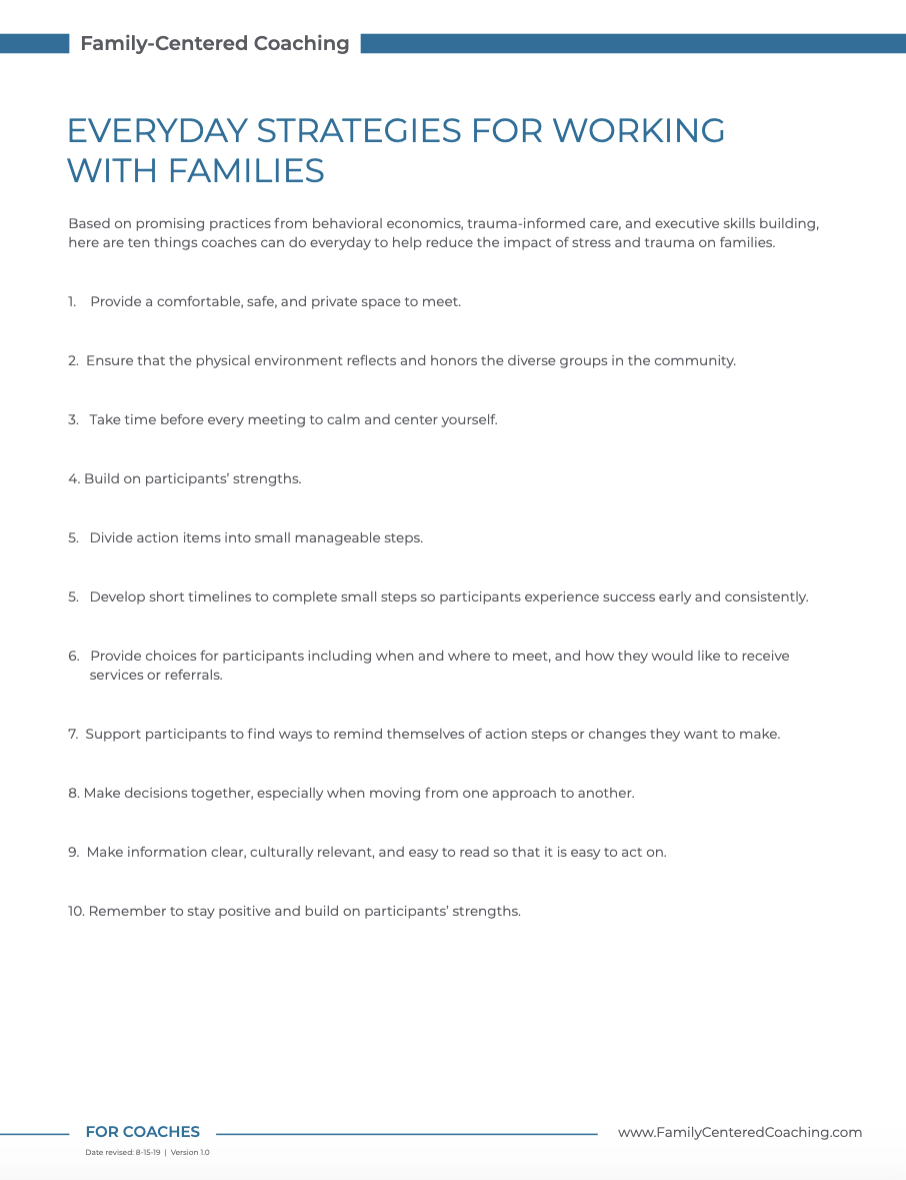
Tool: Everyday Strategies for Working with Families
Read More
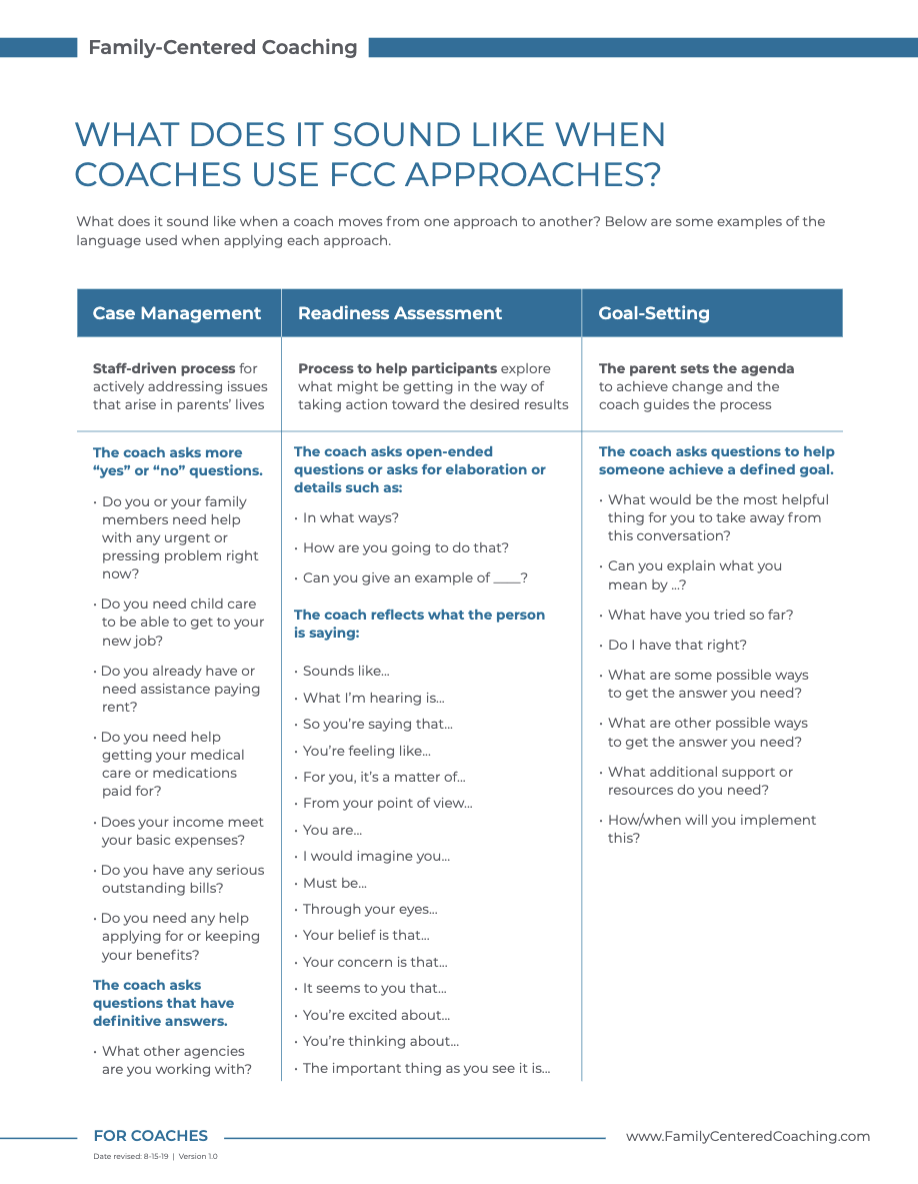
Tool: What Does It Sound Like When Coaches Use FCC Approaches?
Read More

Tool: The Roles of Participants and Coaches in Family-Centered Coaching
Read More
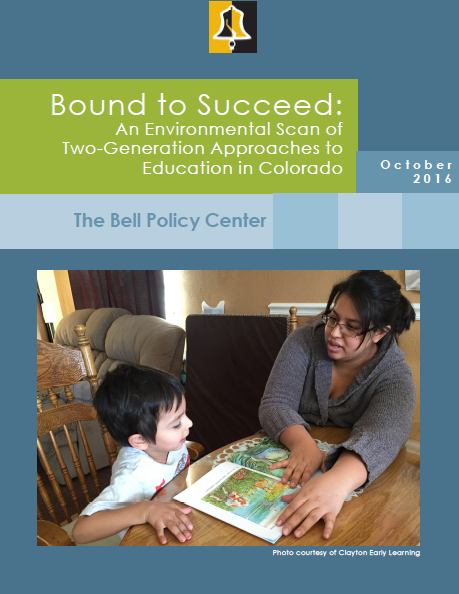
Bound to Succeed: An Environmental Scan of Two-Generation Approaches to Education in Colorado
Read More
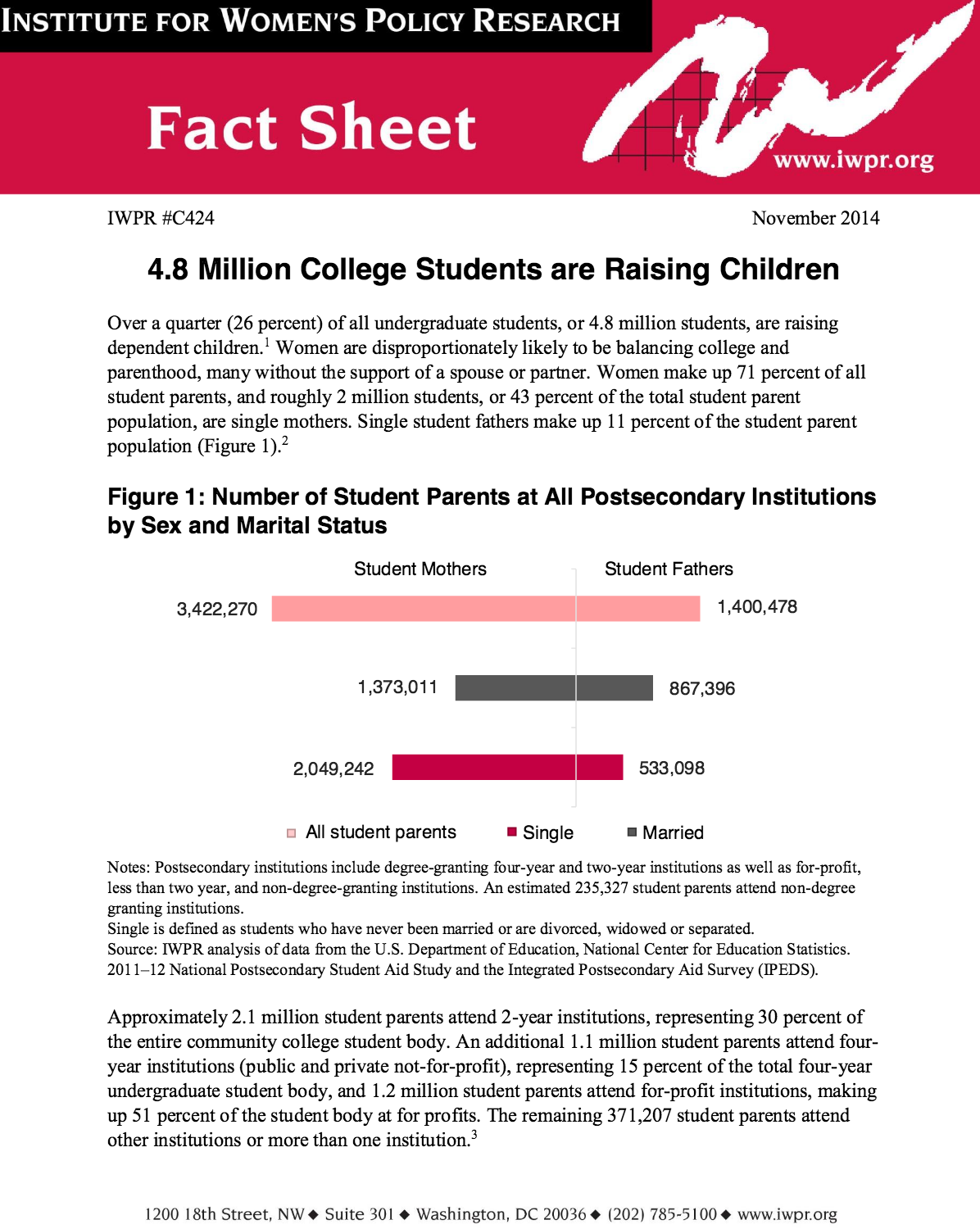
Student Parent Fact Sheet
Read More
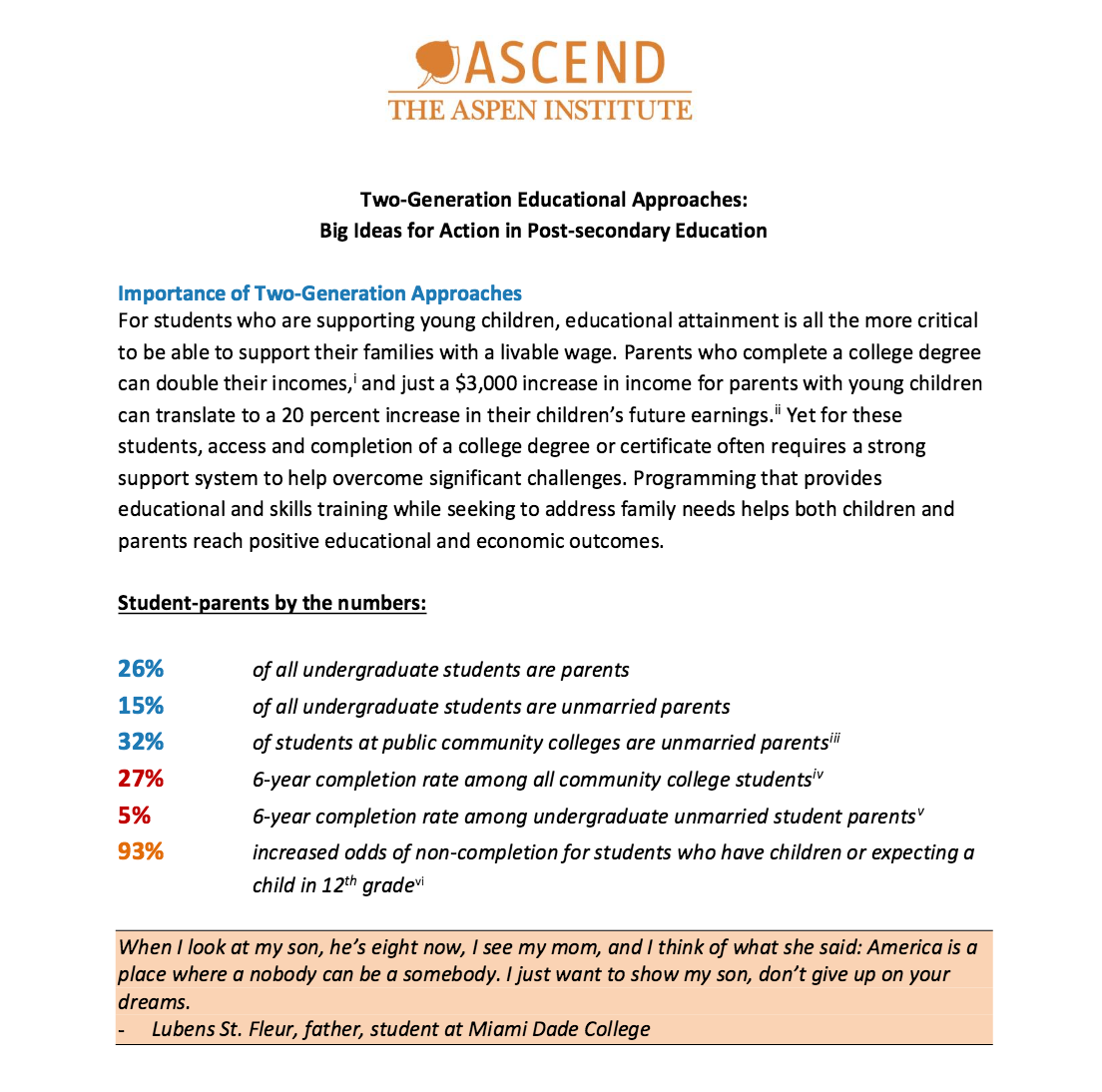
2Gen Educational Approaches: Big Ideas for Action in Postsecondary Education
Read More
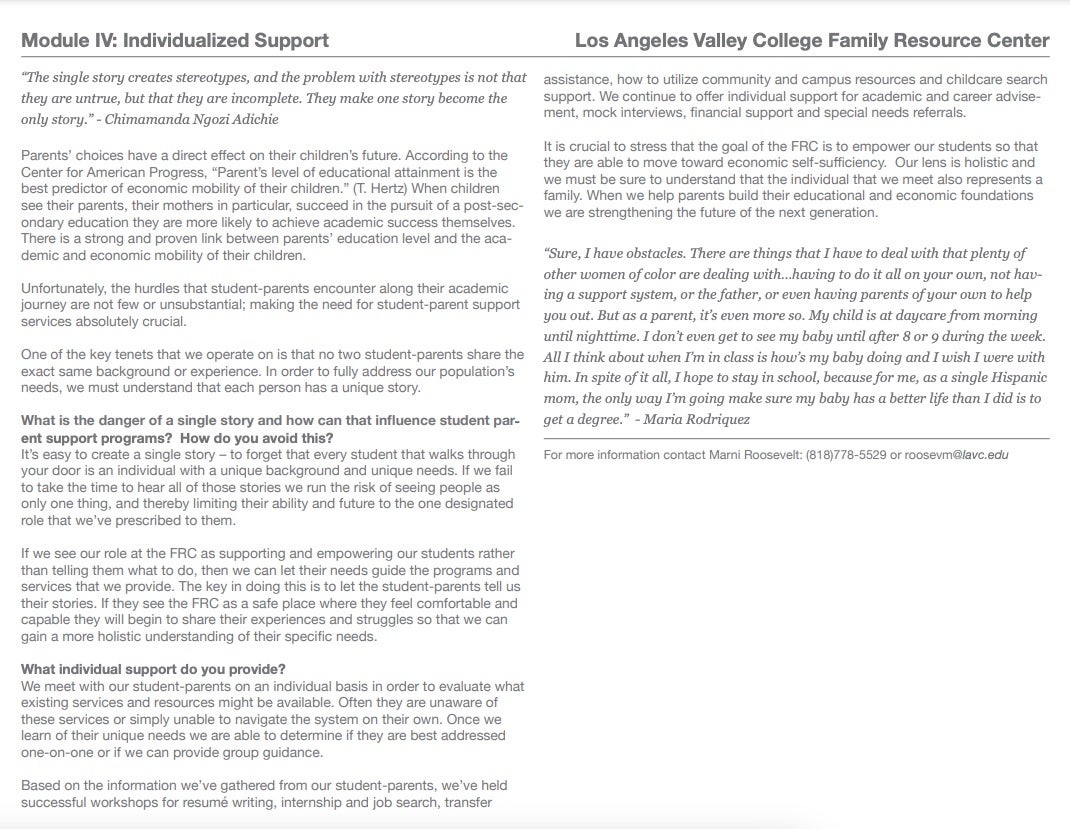
Los Angeles Valley College 2Gen Toolkit: Module 4 Individualized Support
Read More
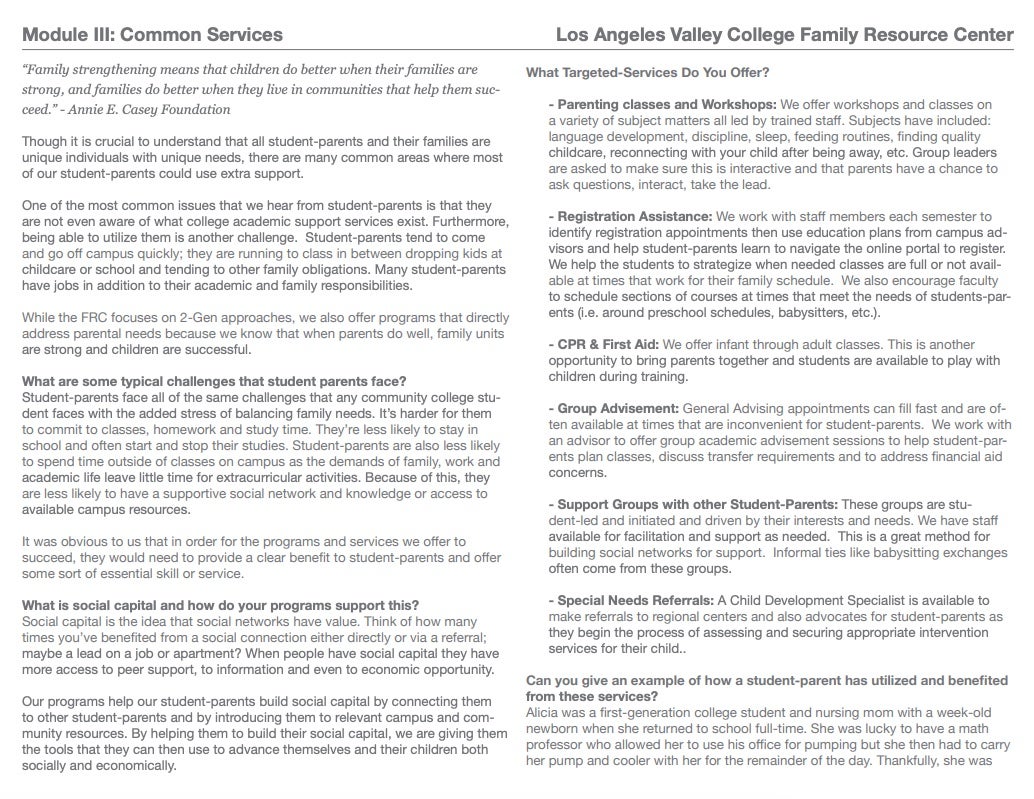
Los Angeles Valley College 2Gen Toolkit: Module 3 Common Services
Read More
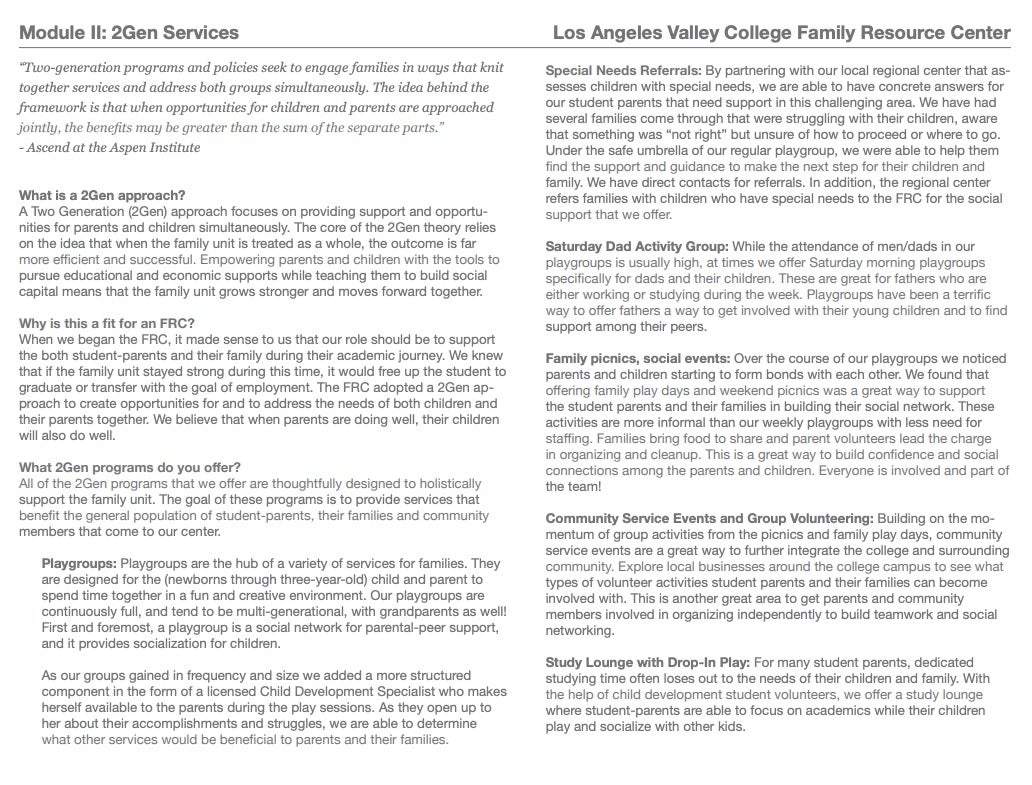
Los Angeles Valley College 2Gen Toolkit: Module 2 2Gen Services
Read More
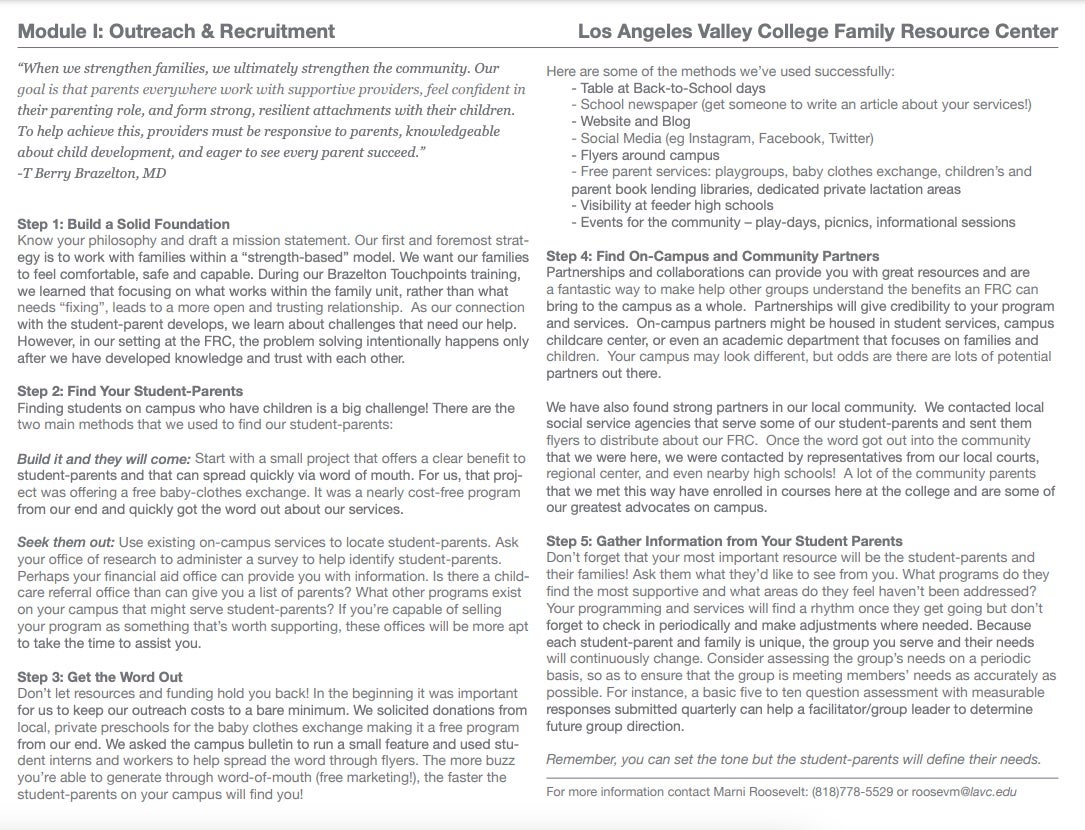
Los Angeles Valley College 2Gen Toolkit: Module 1 Outreach & Recruitment
Read More
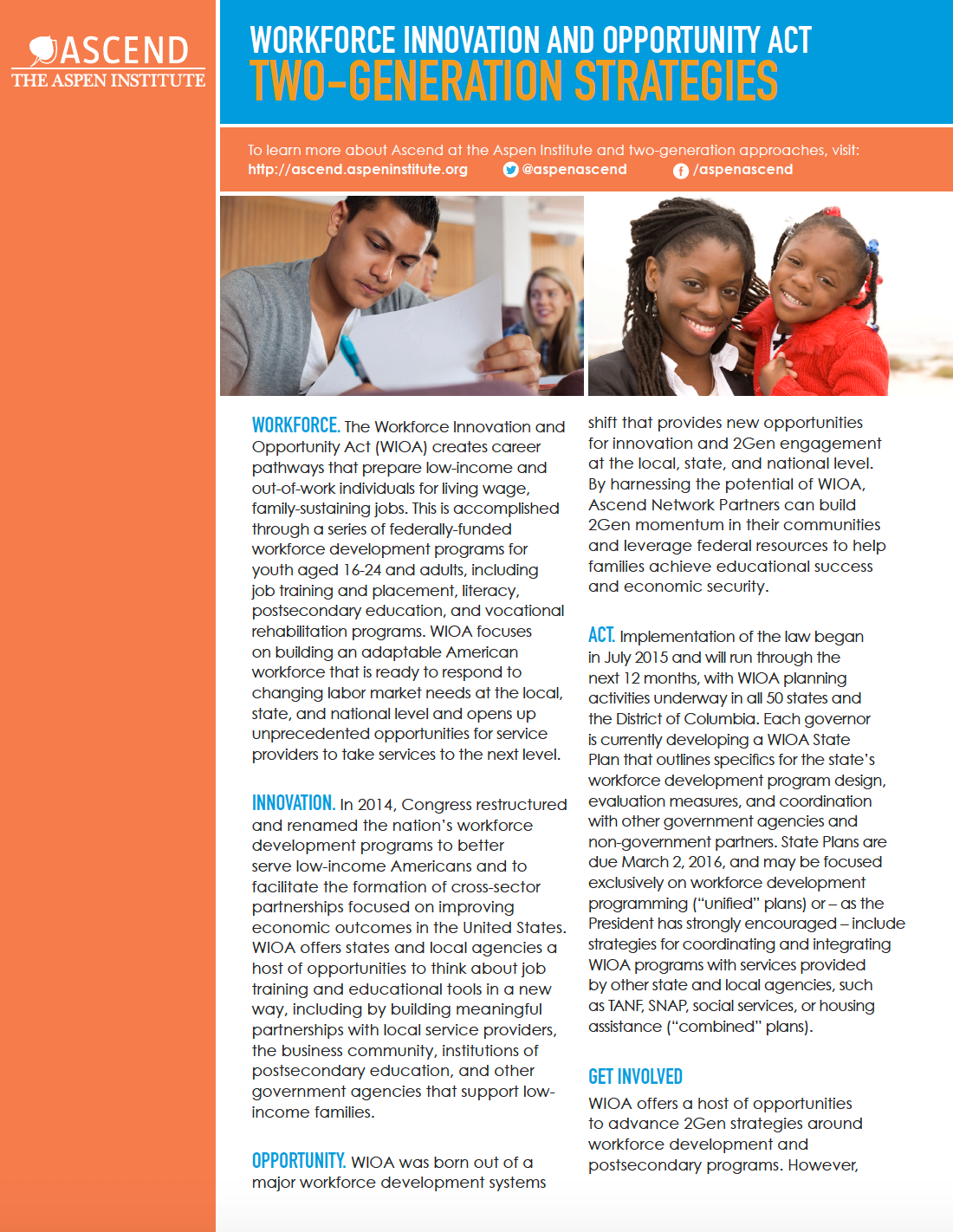
Workforce Innovation and Opportunity Act: Two-Generation Strategies
Read More
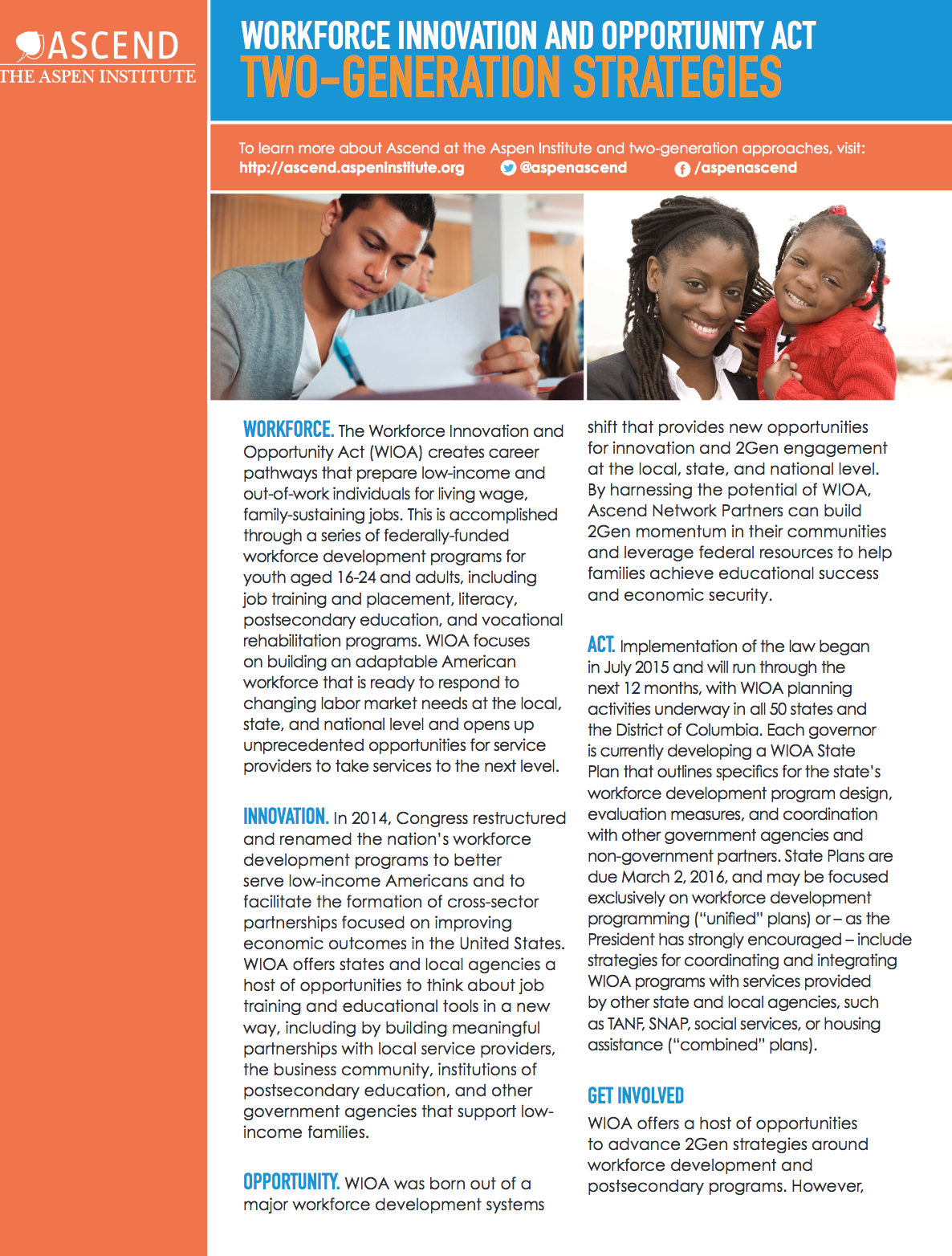
The Workforce Innovation and Opportunity Act and Two-Generation Strategies
Read More
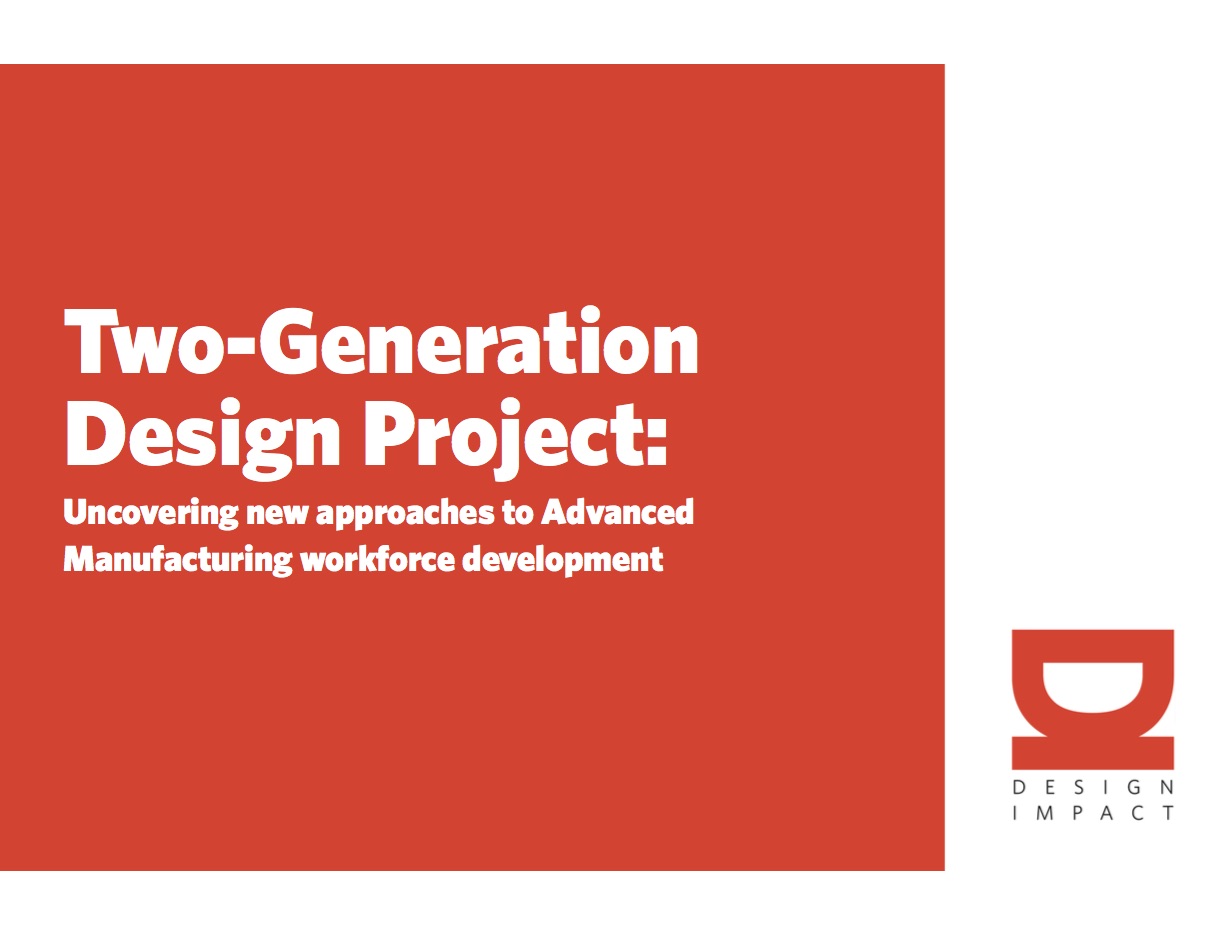
Two-Generation Design Project: New Approaches to Advanced Manufacturing Workforce Development
Read More

Harvard Kennedy School Social Capital Toolkit
Read More
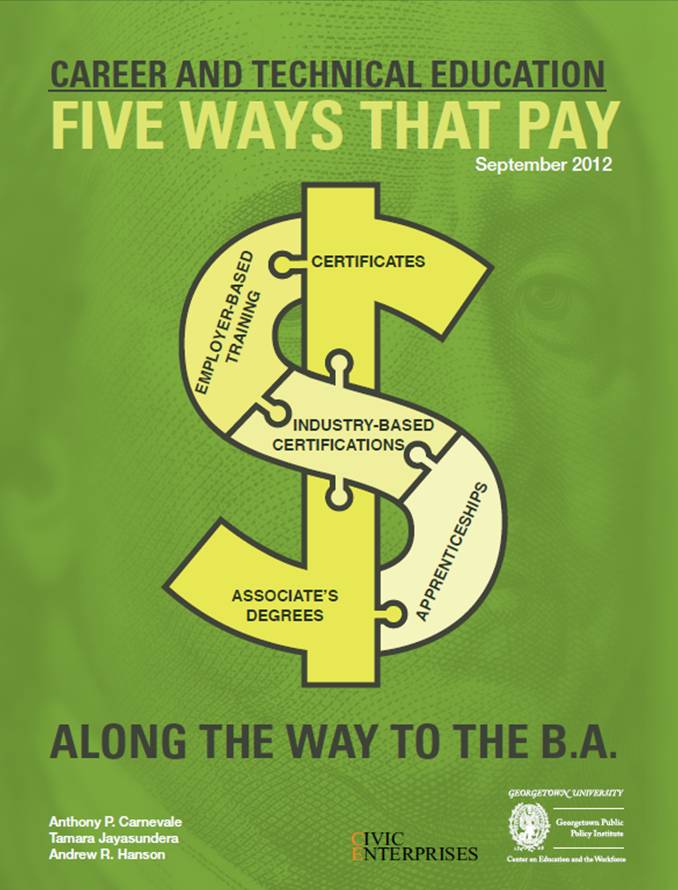
Five Ways that Pay Along the Way to a B.A.
Read More
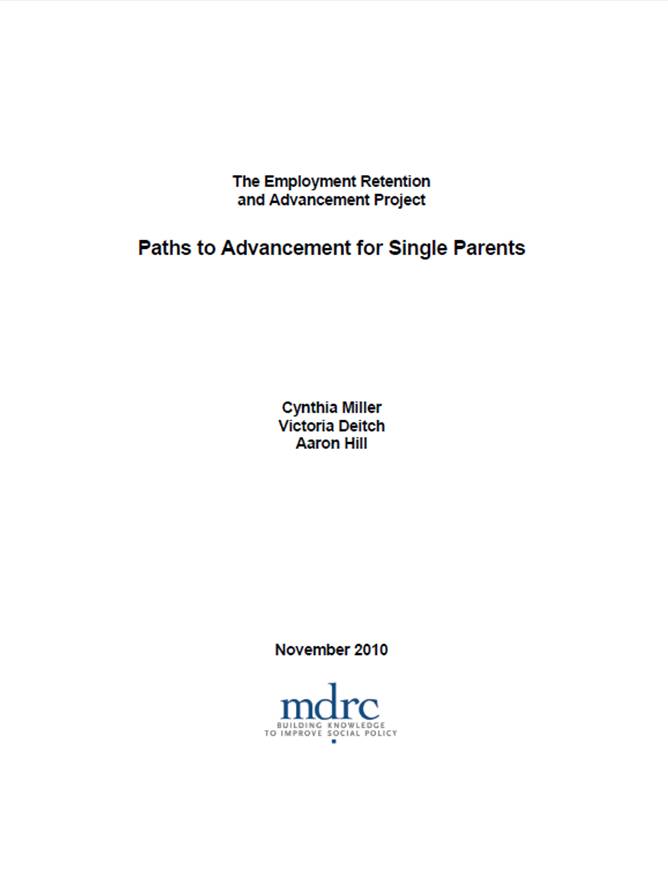
Paths to Advancement for Single Parents
Read More
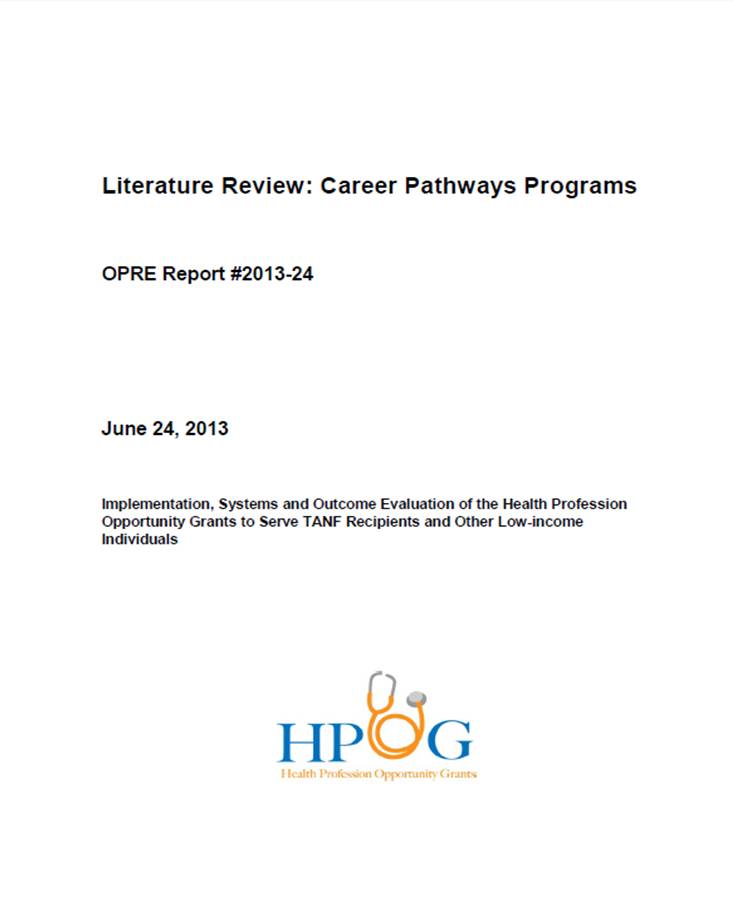
Literature Review: Career Pathways Program
Read More

At What Cost? How Student Debt Reduces Lifetime Wealth
Read More
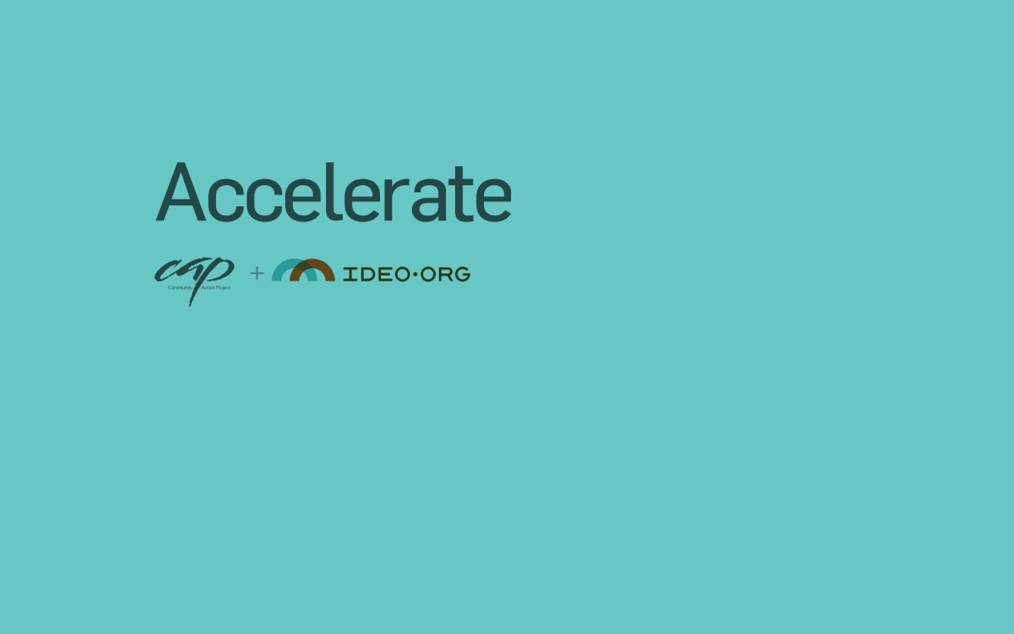
Accelerate: CAP Tulsa and Ideo.org
Read More
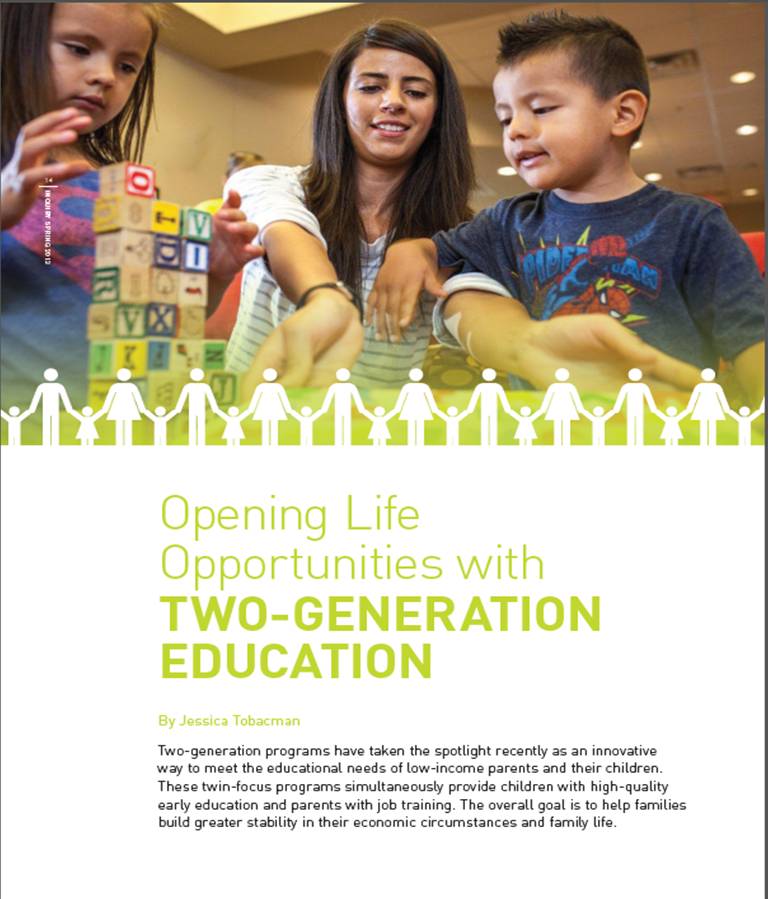
Opening Life Opportunities with Two-Generation Education
Read More
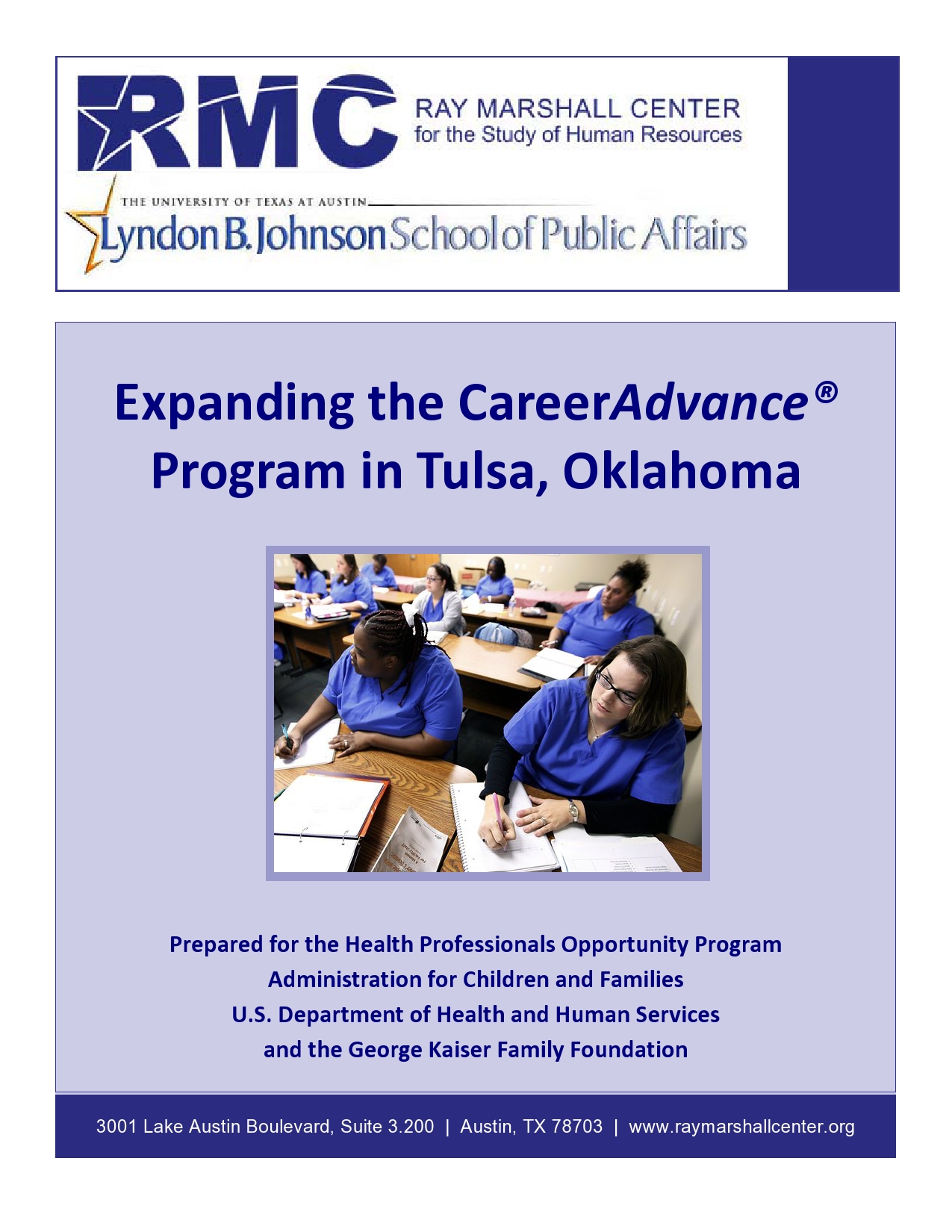
Expanding The CareerAdvance Model in Tulsa, Oklahoma
Read More
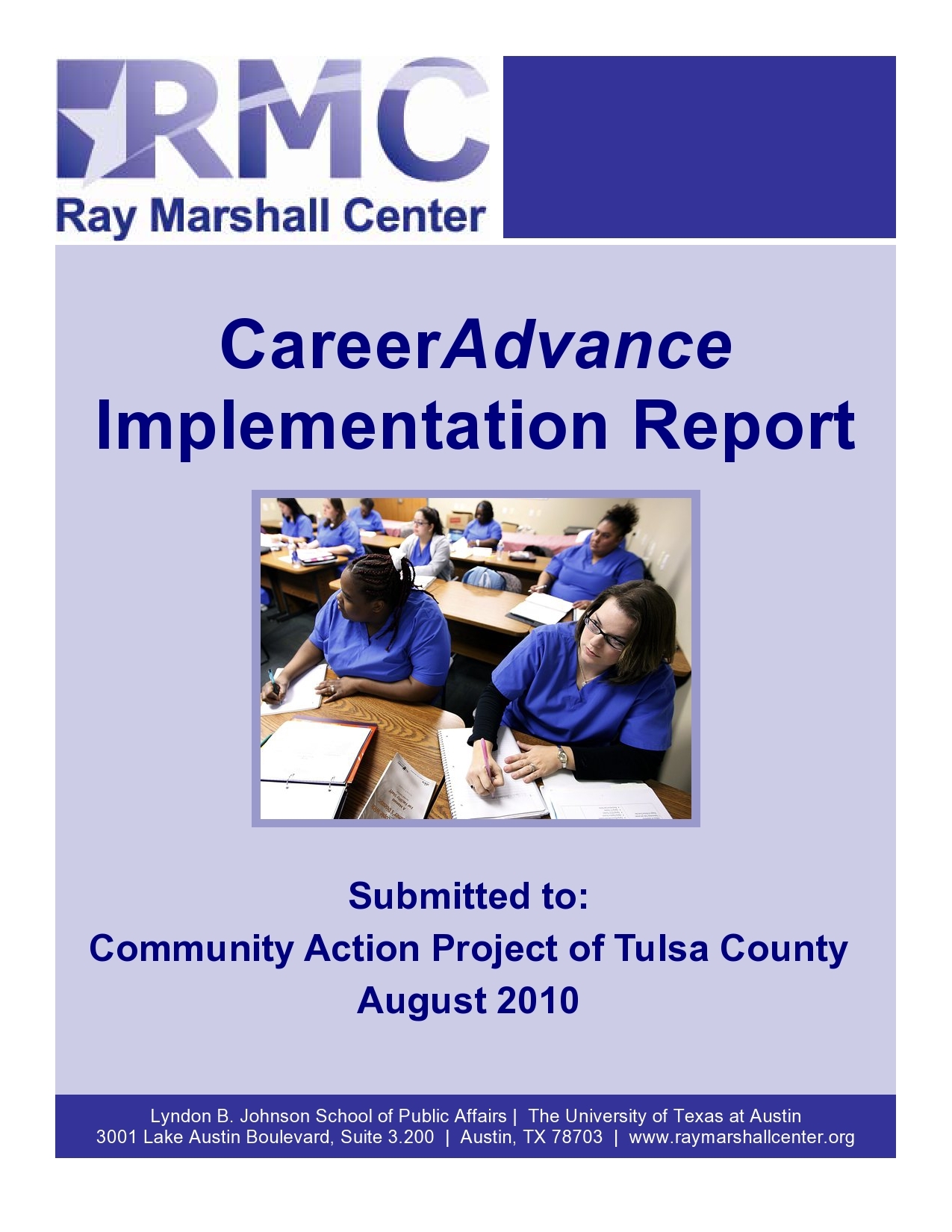
CareerAdvance Implementation Report
Read More
Contributors





